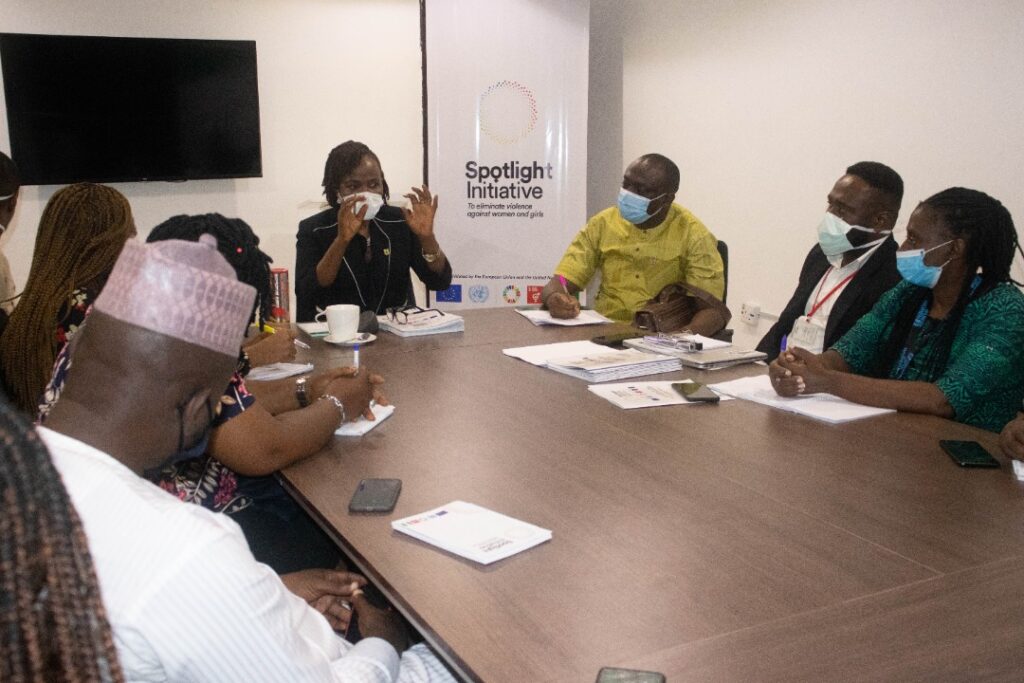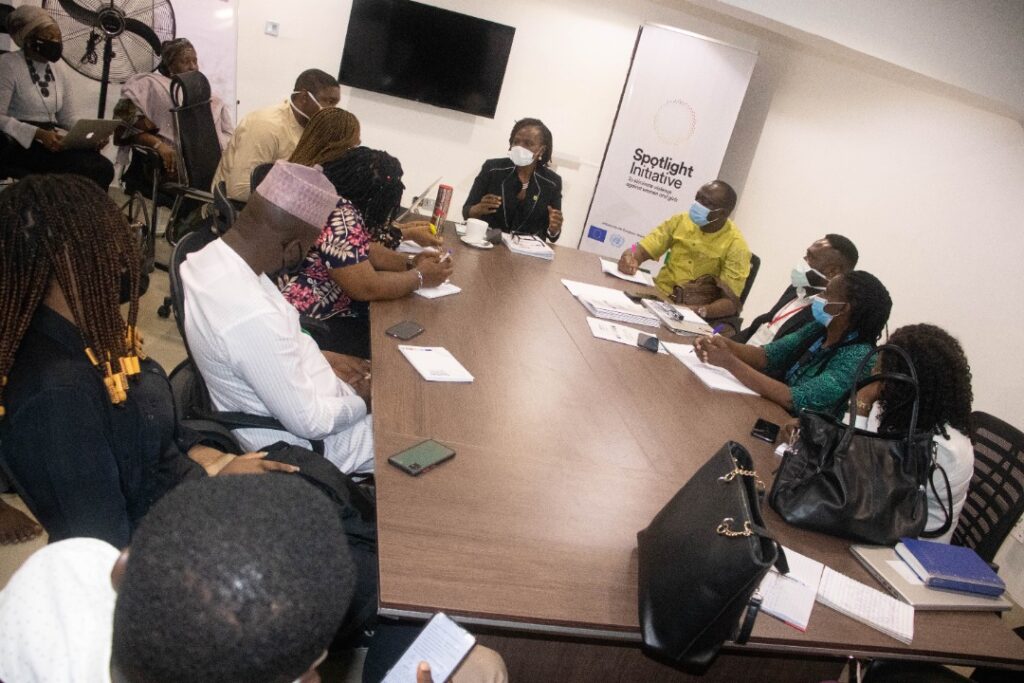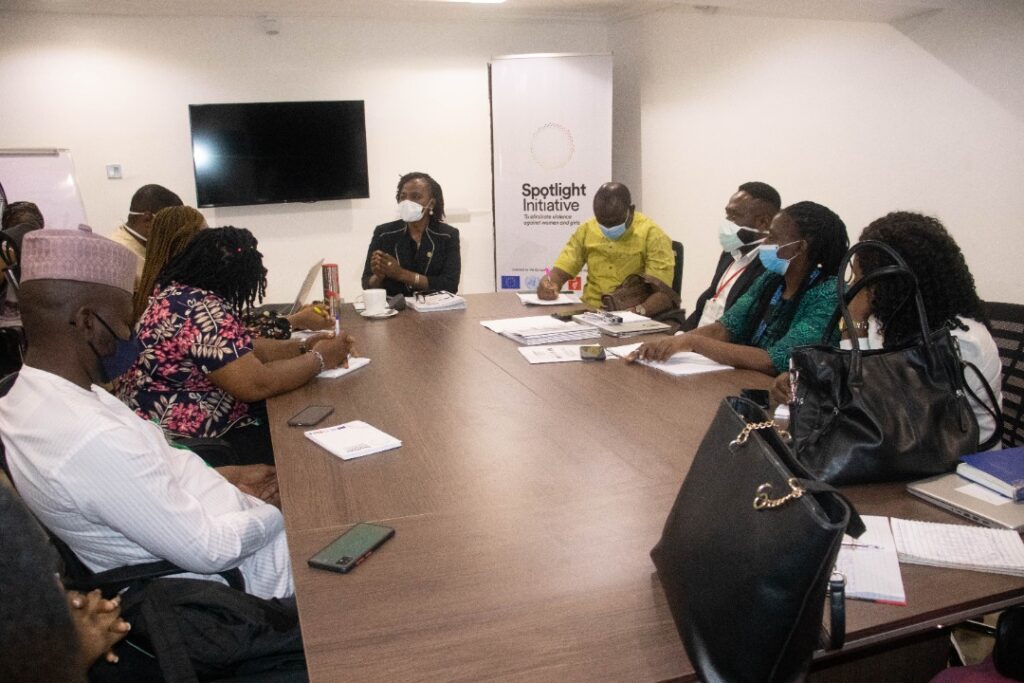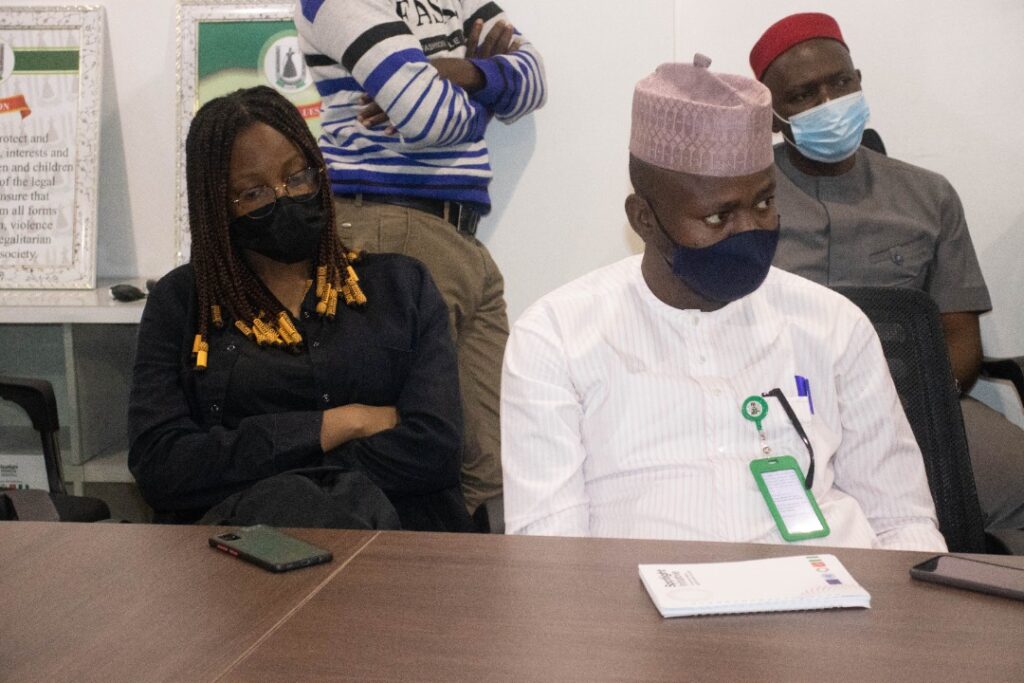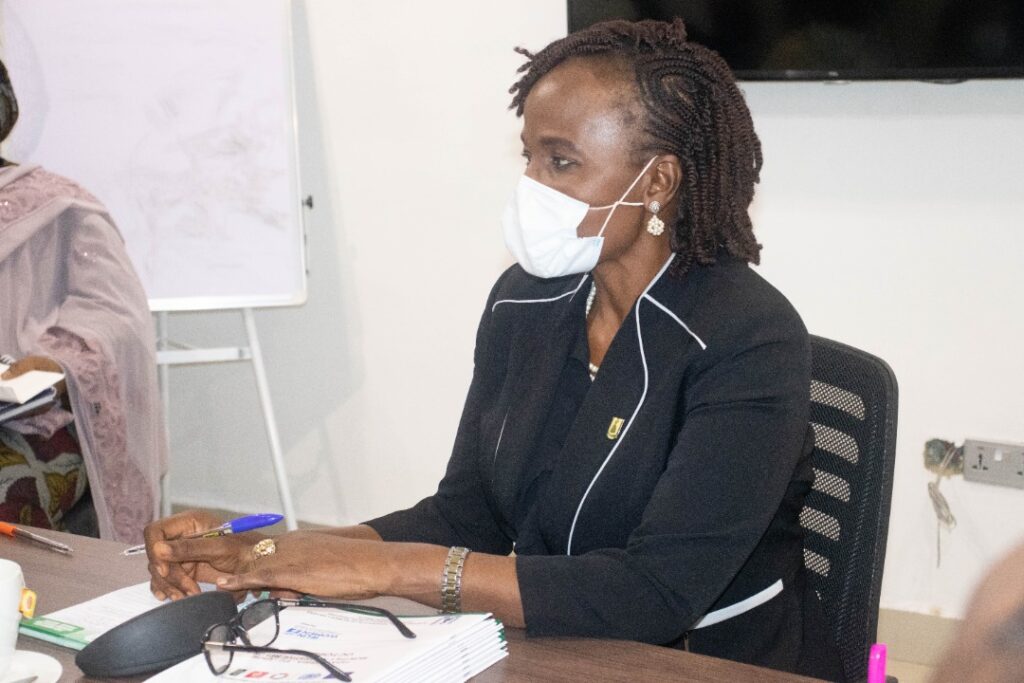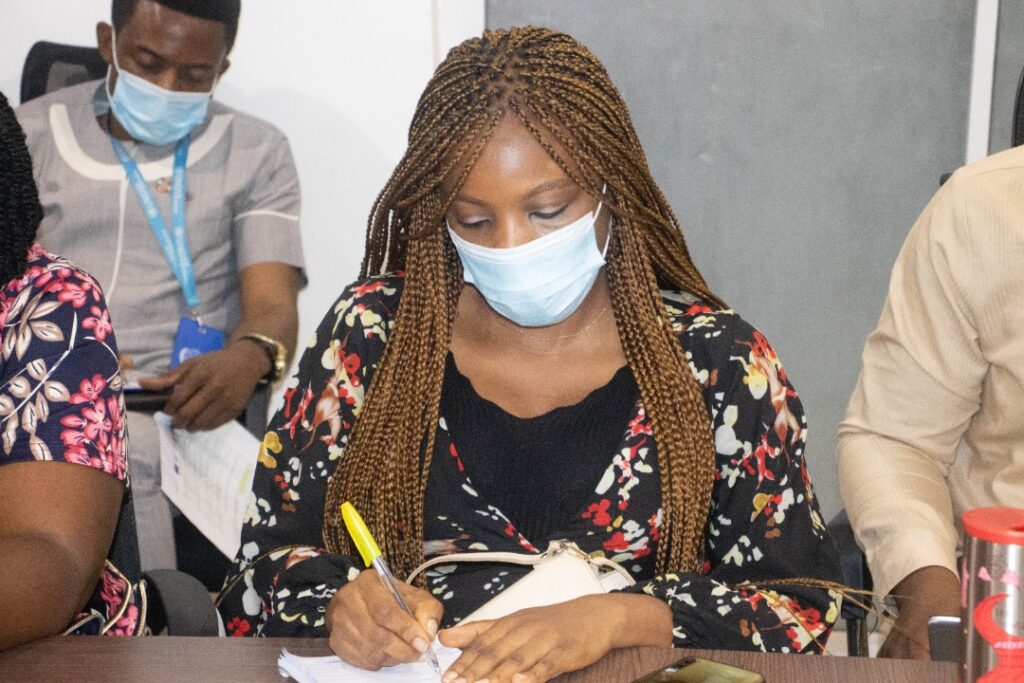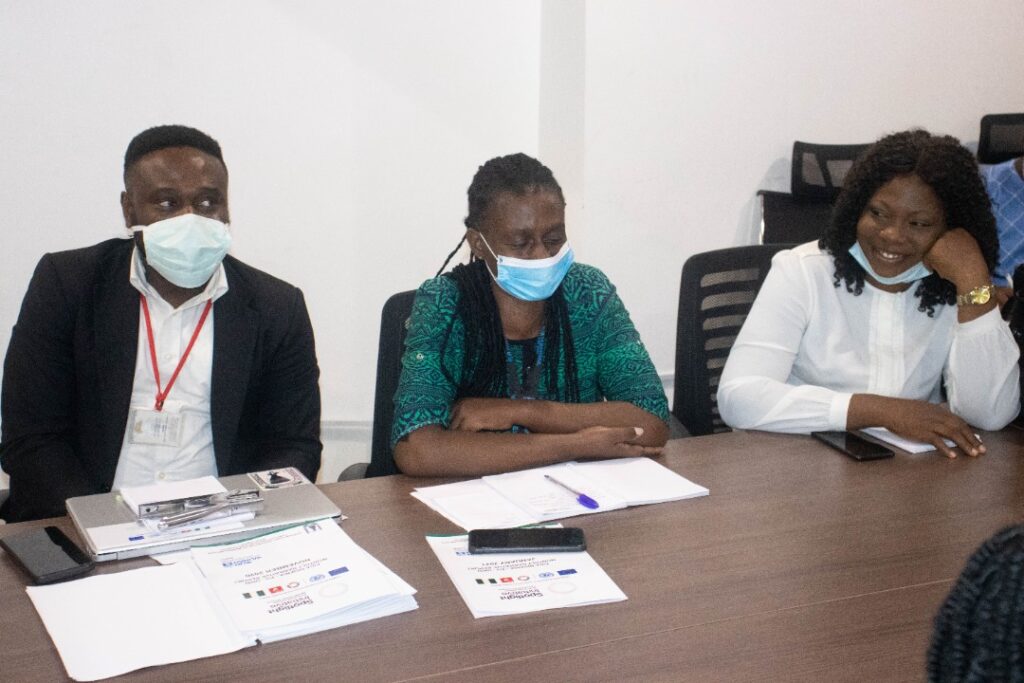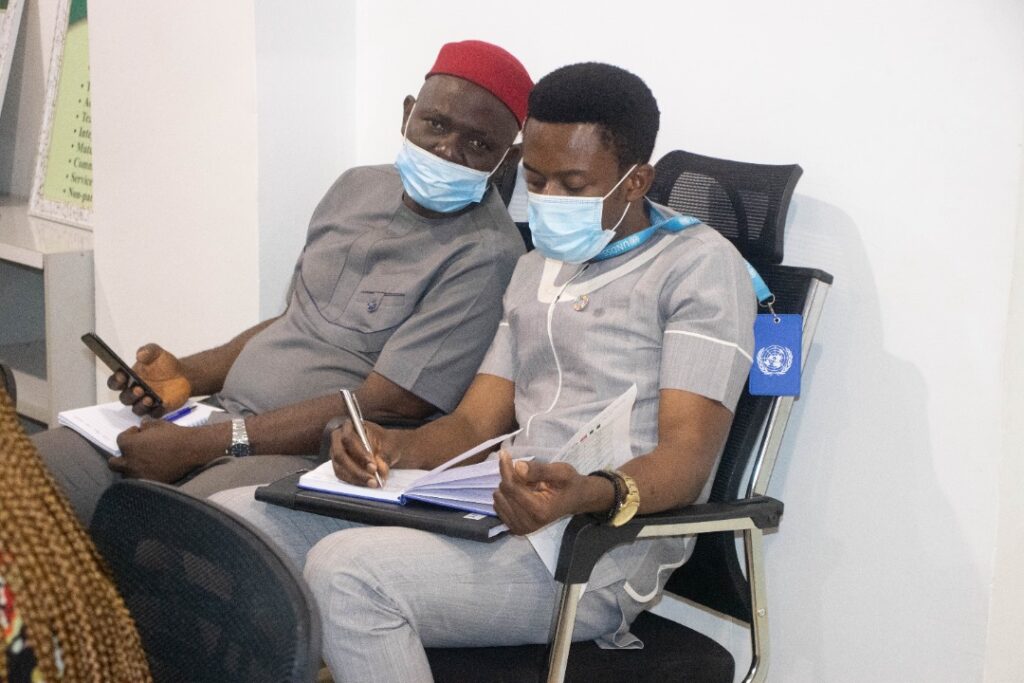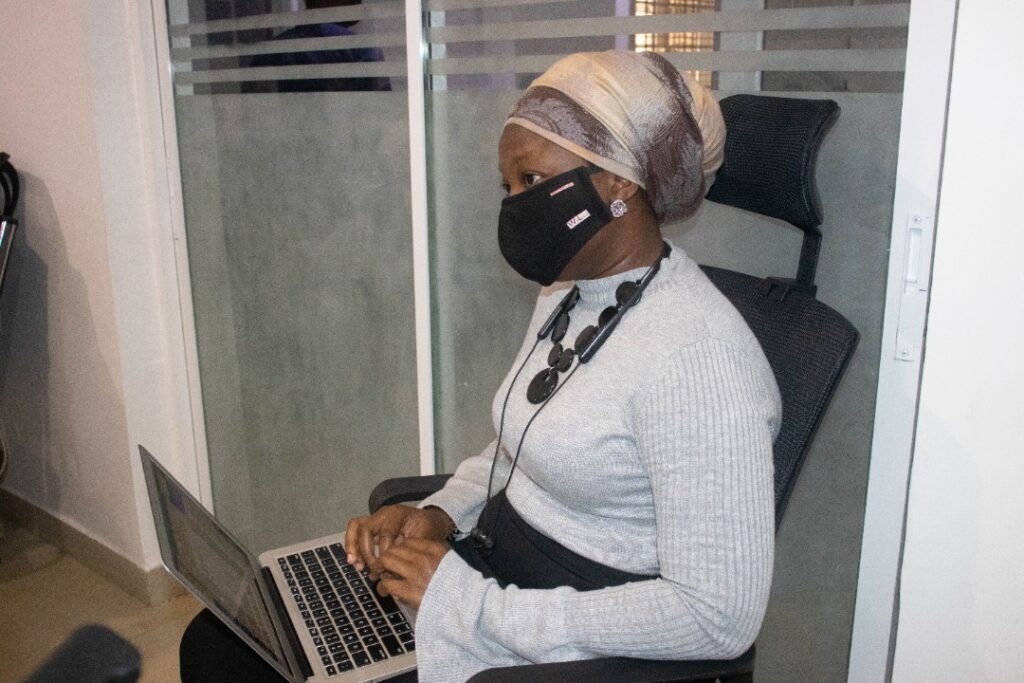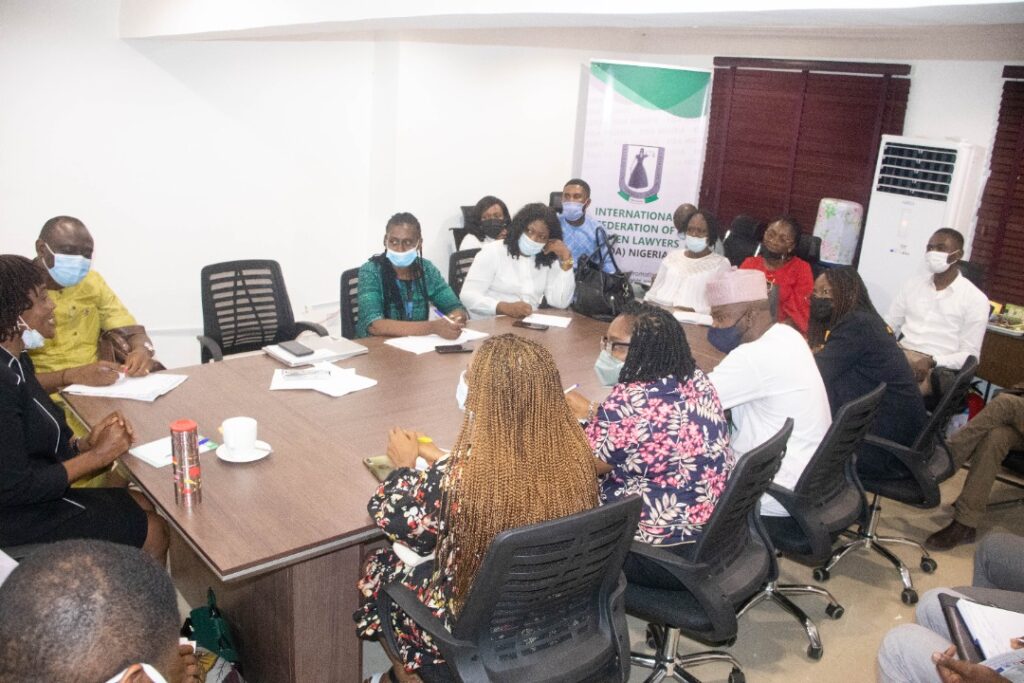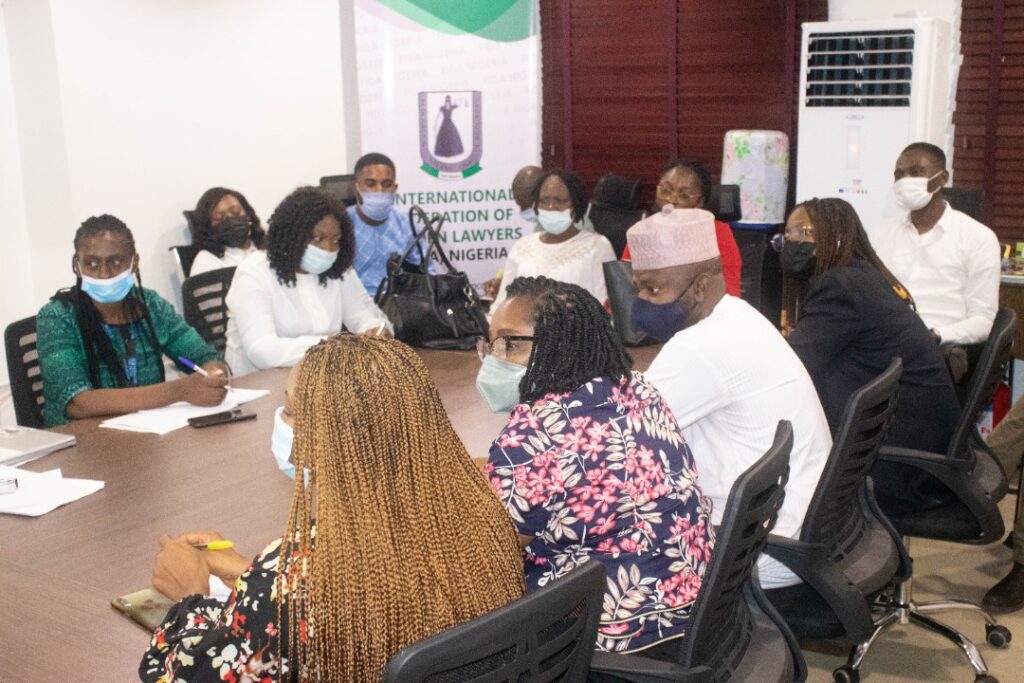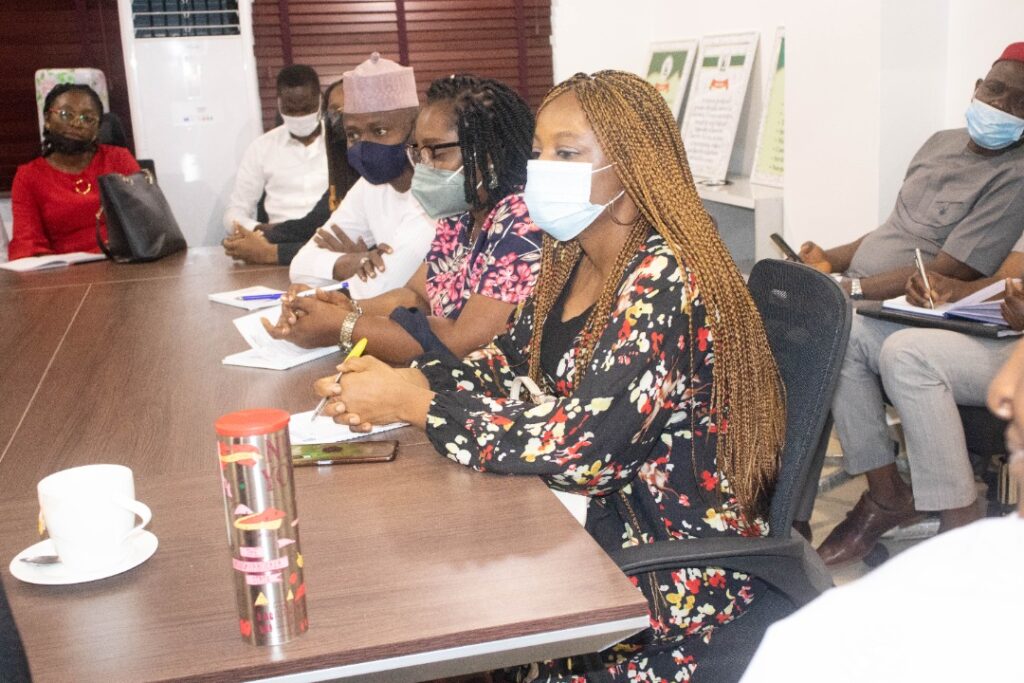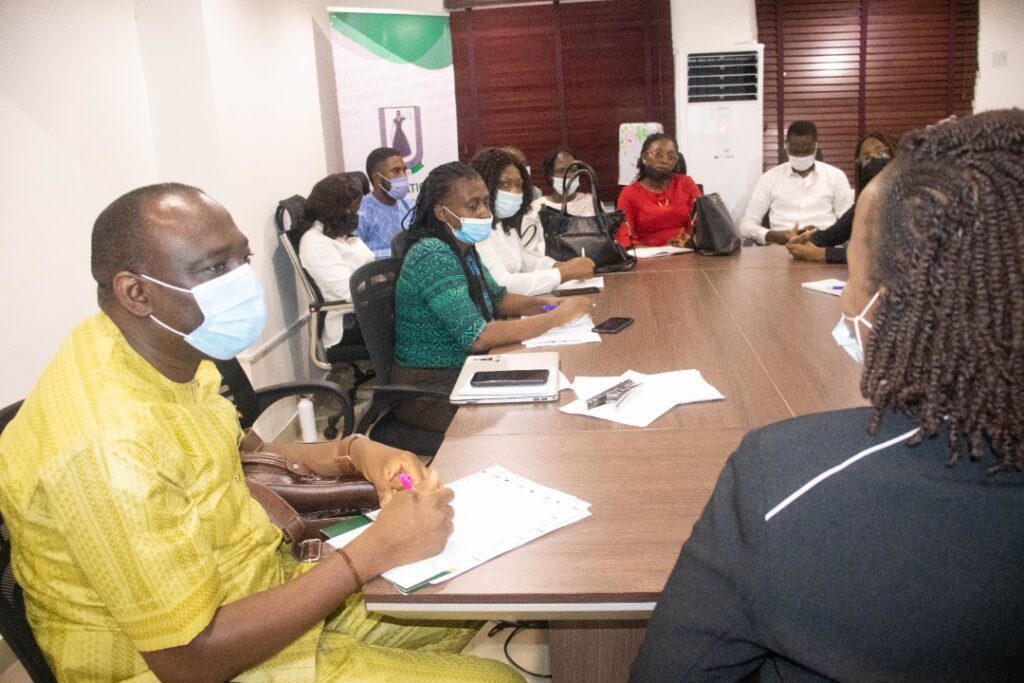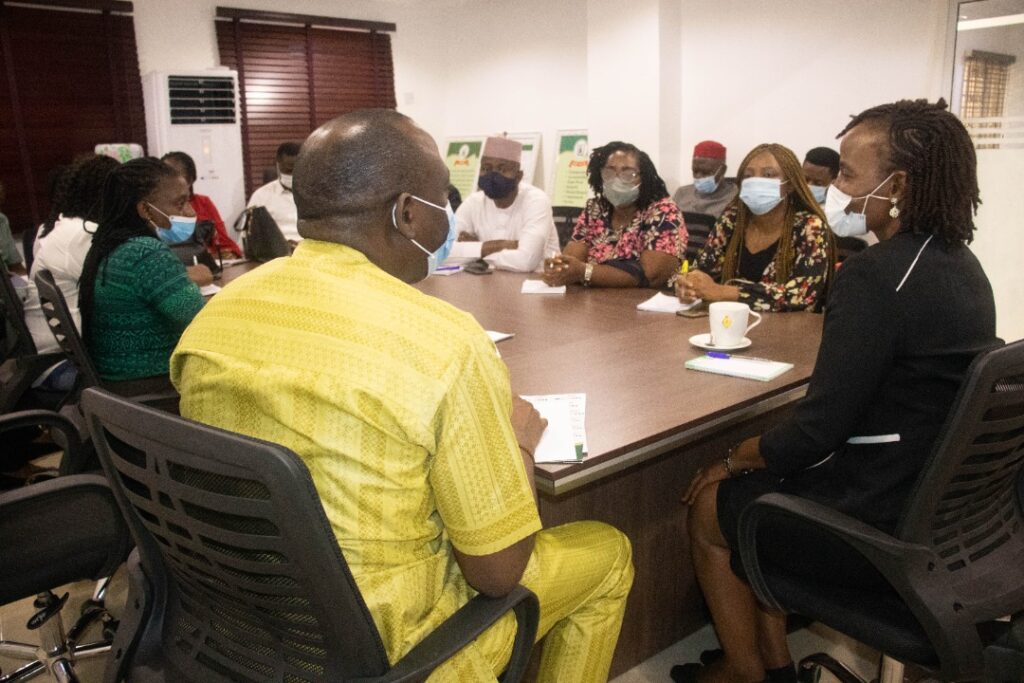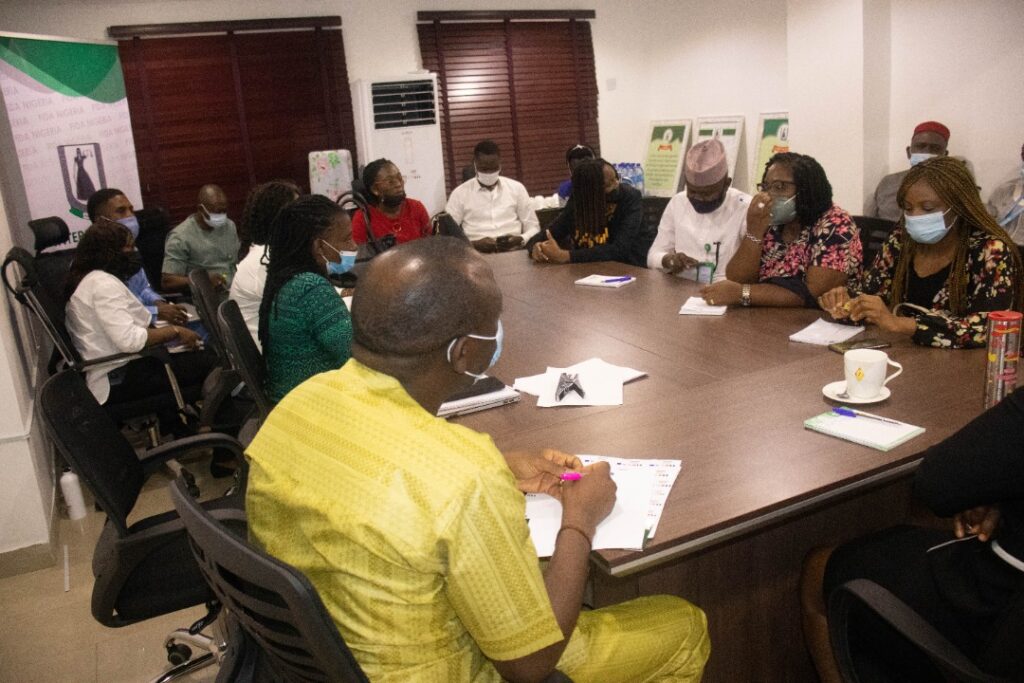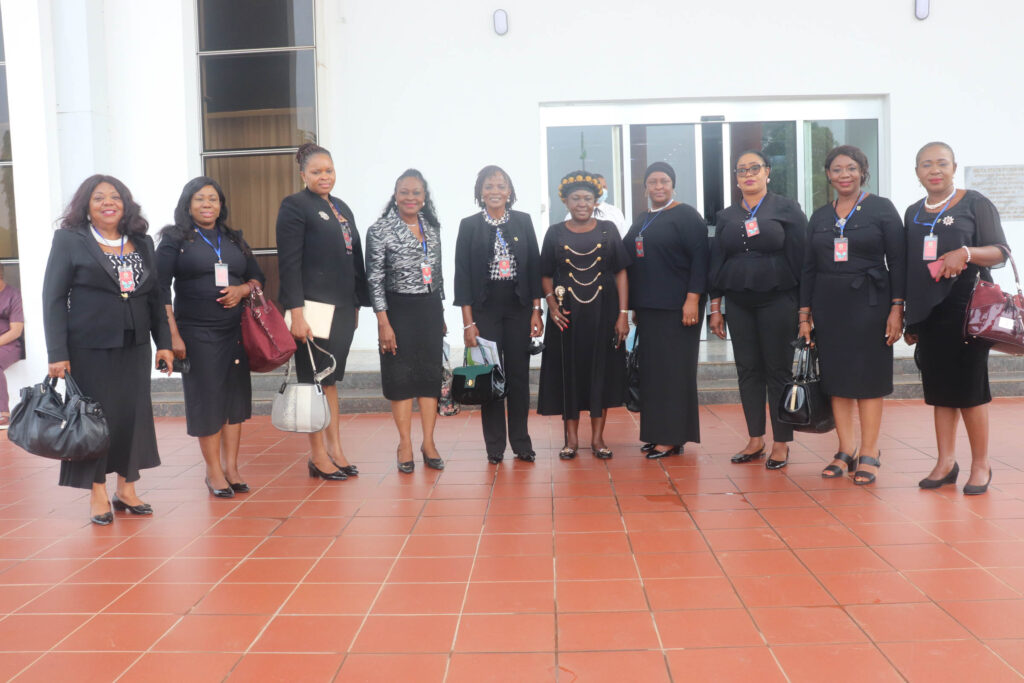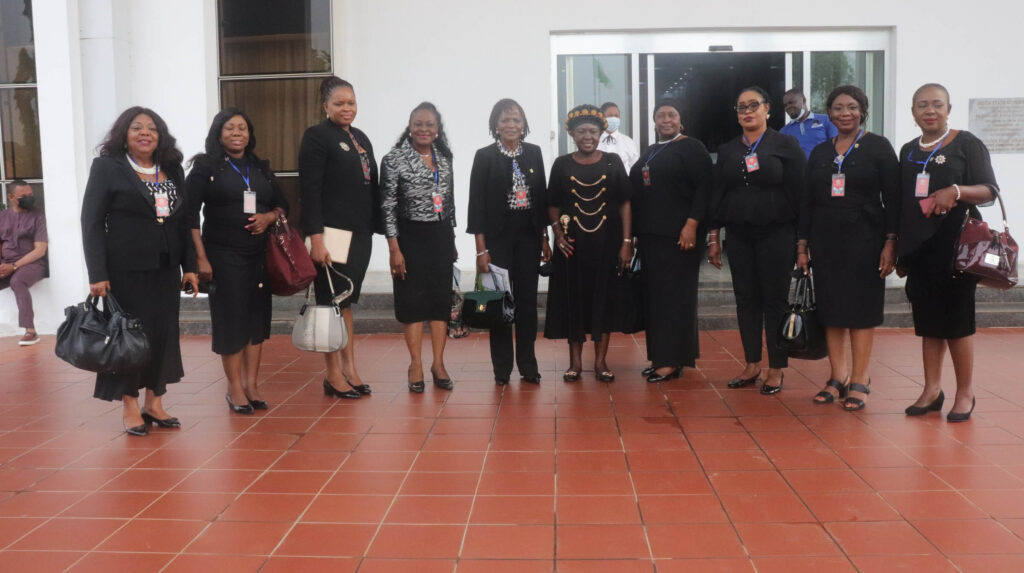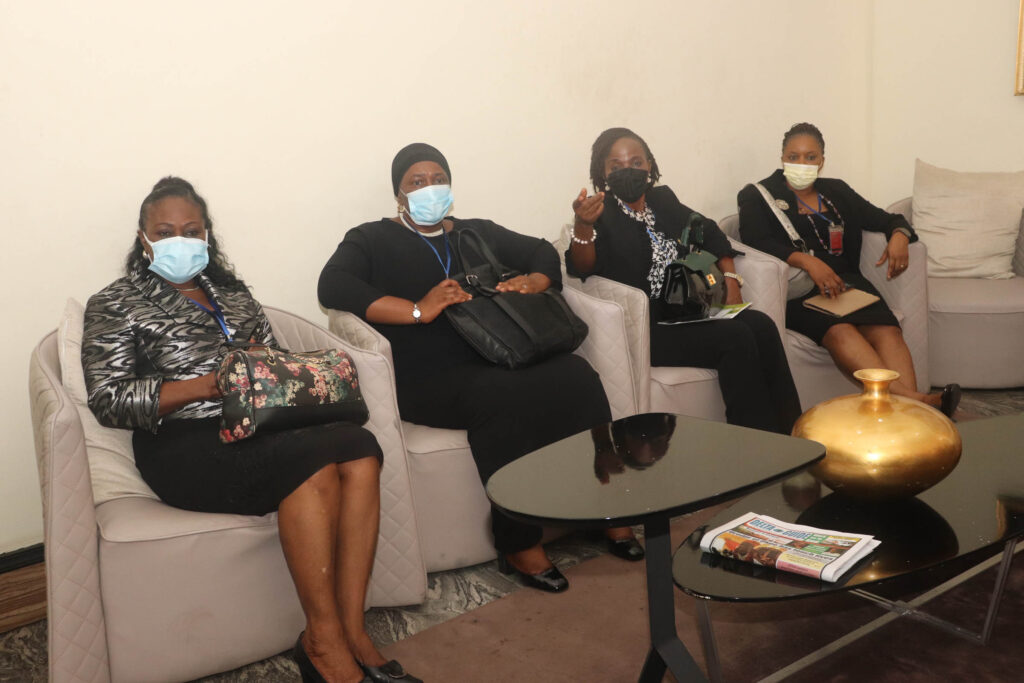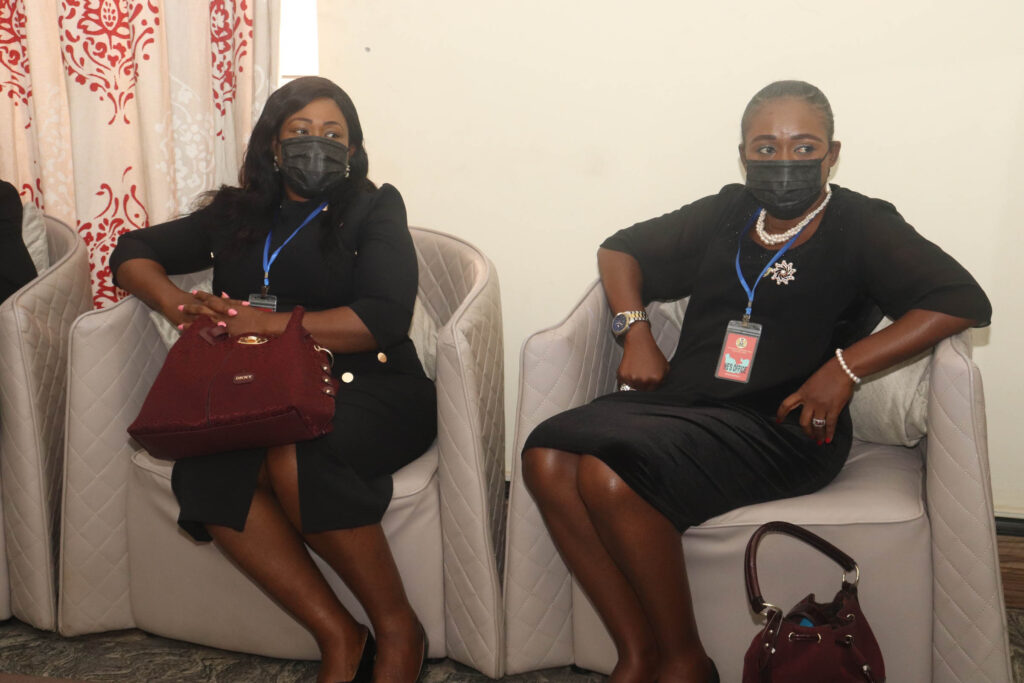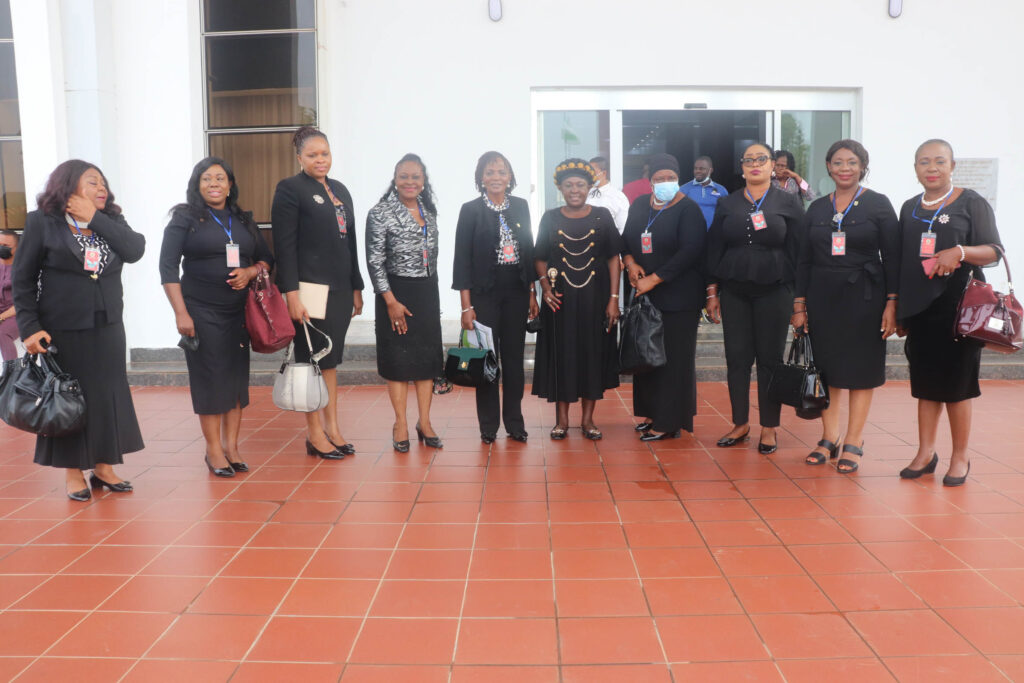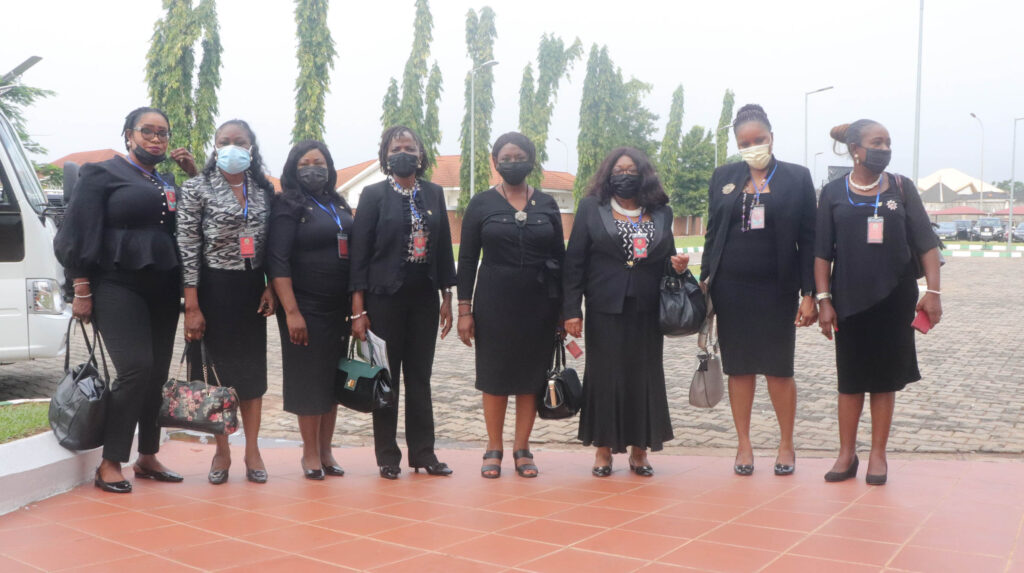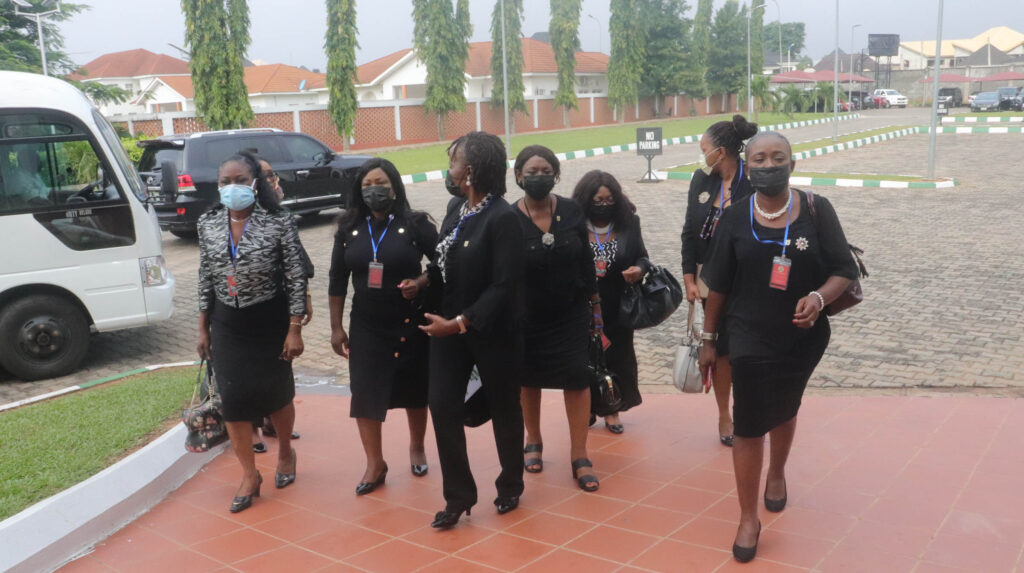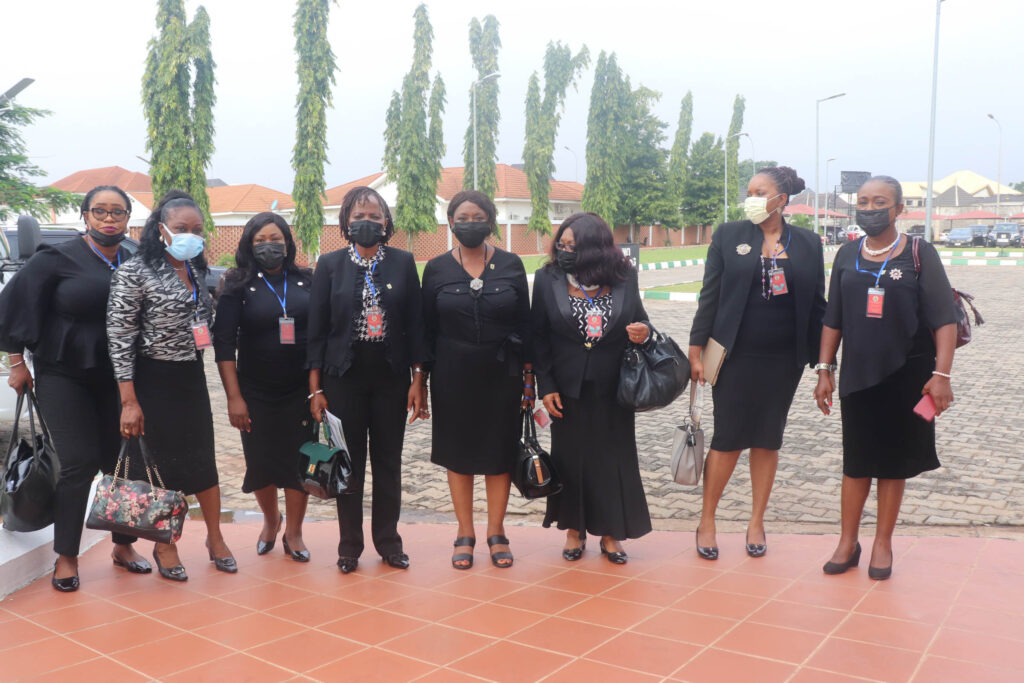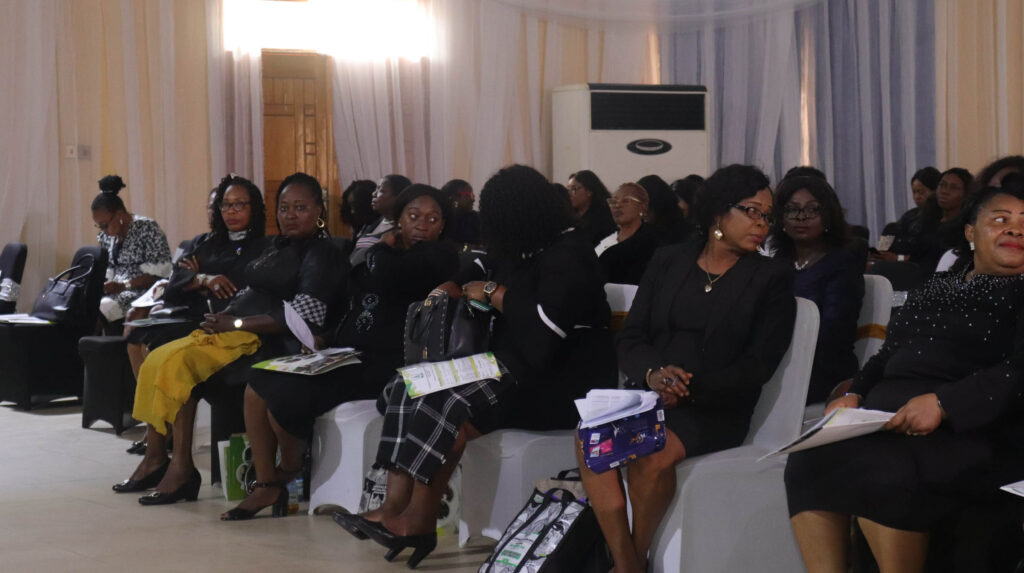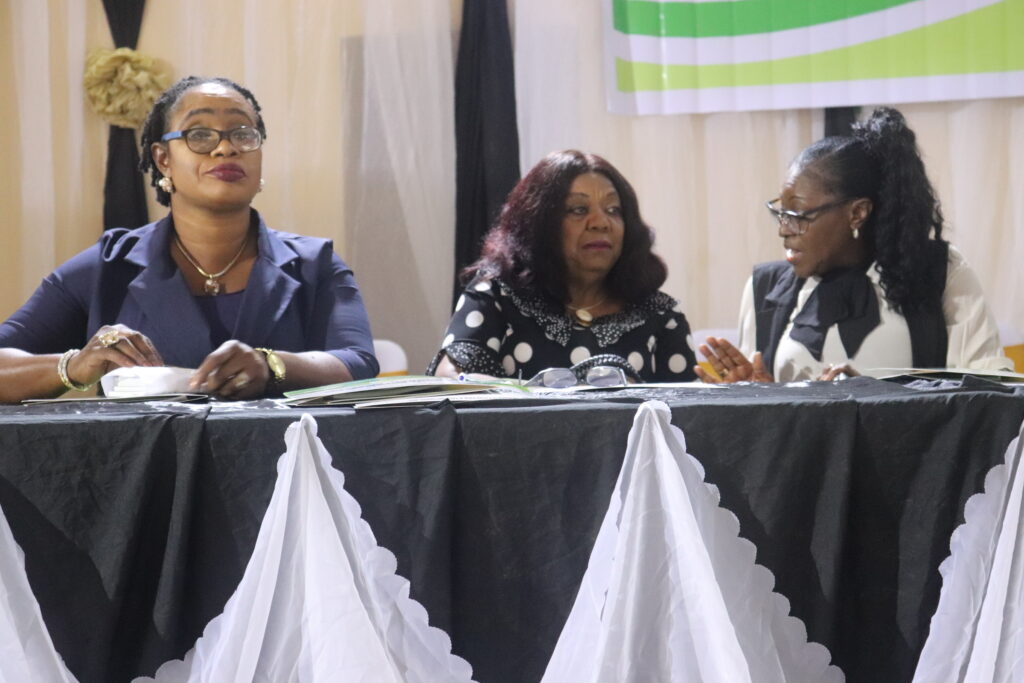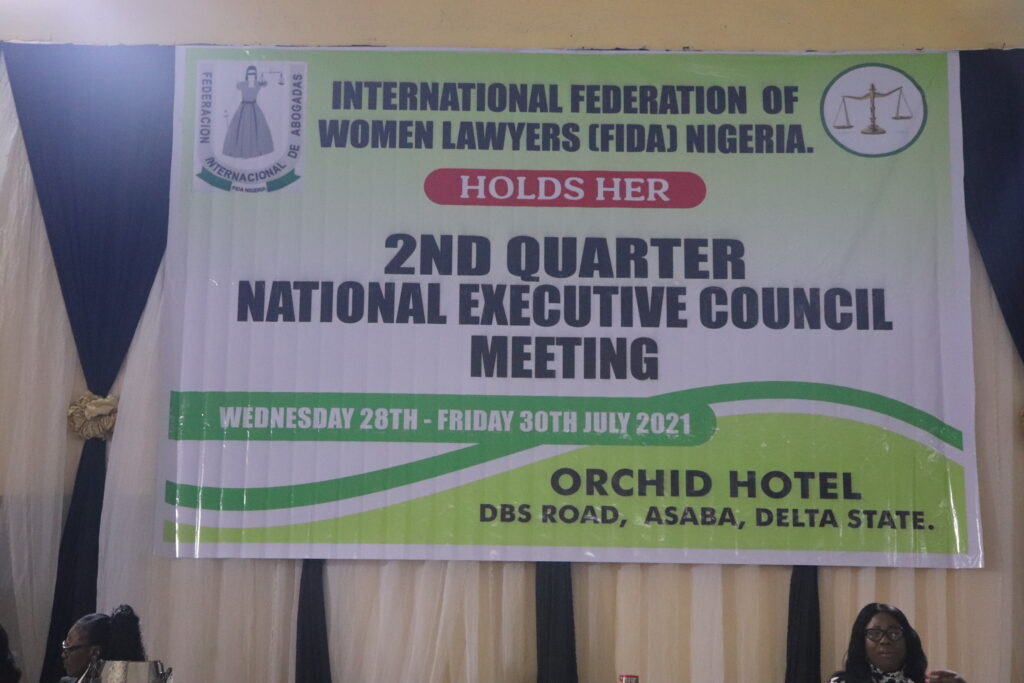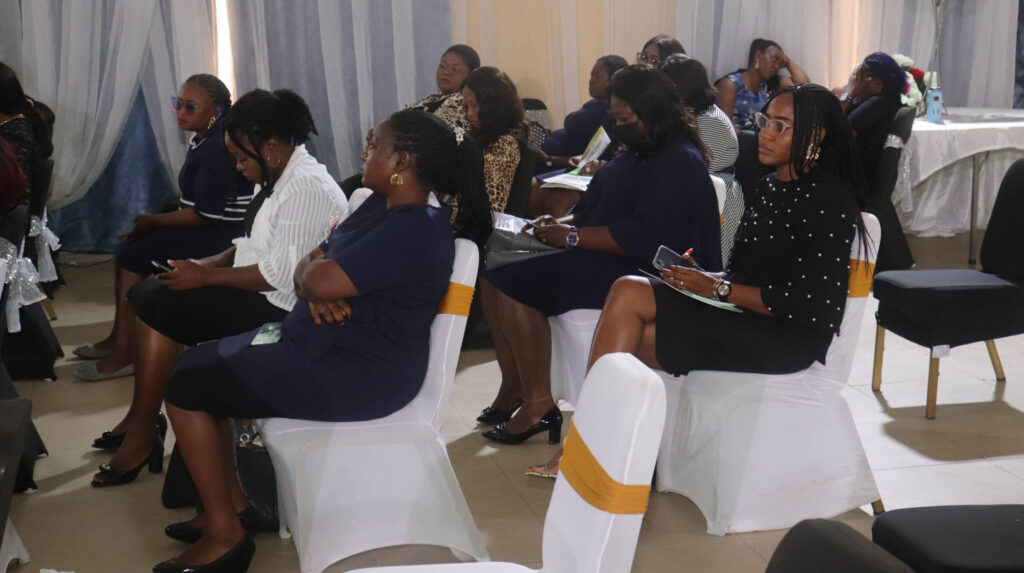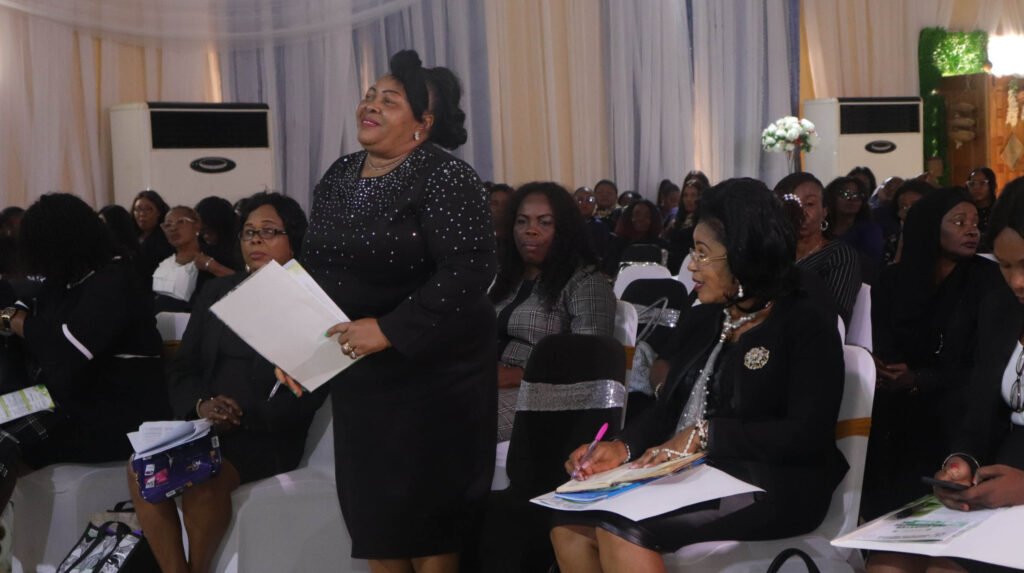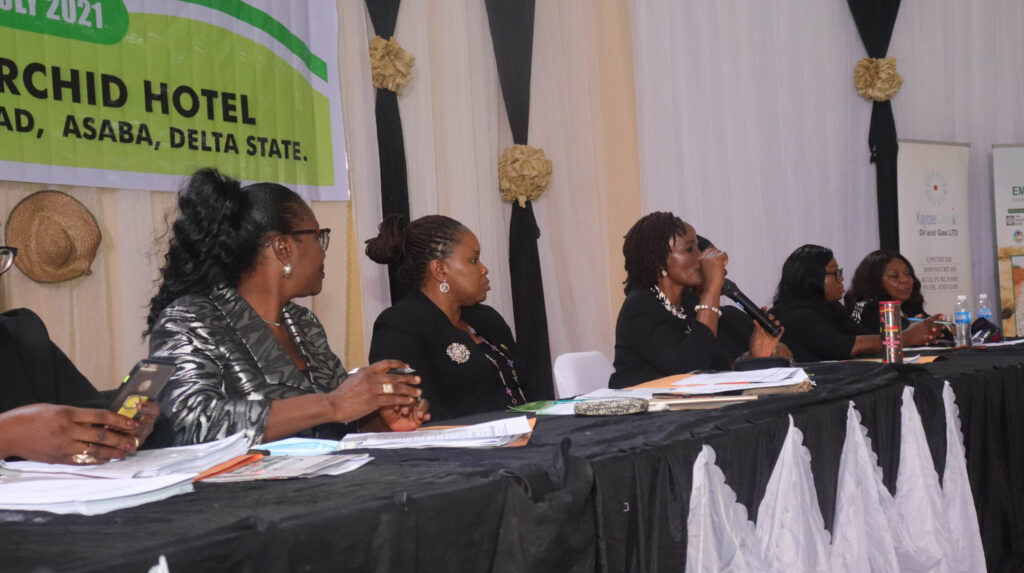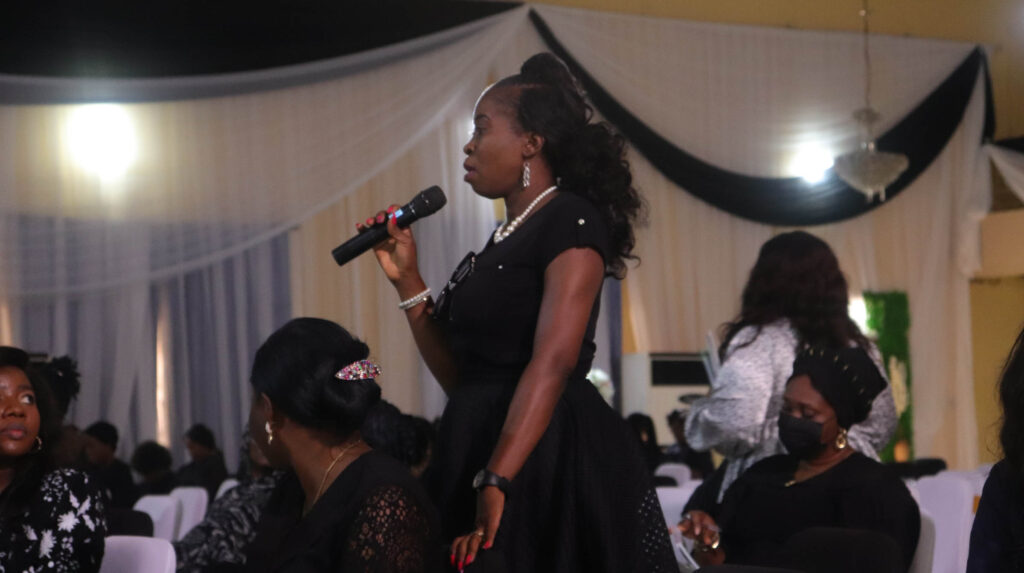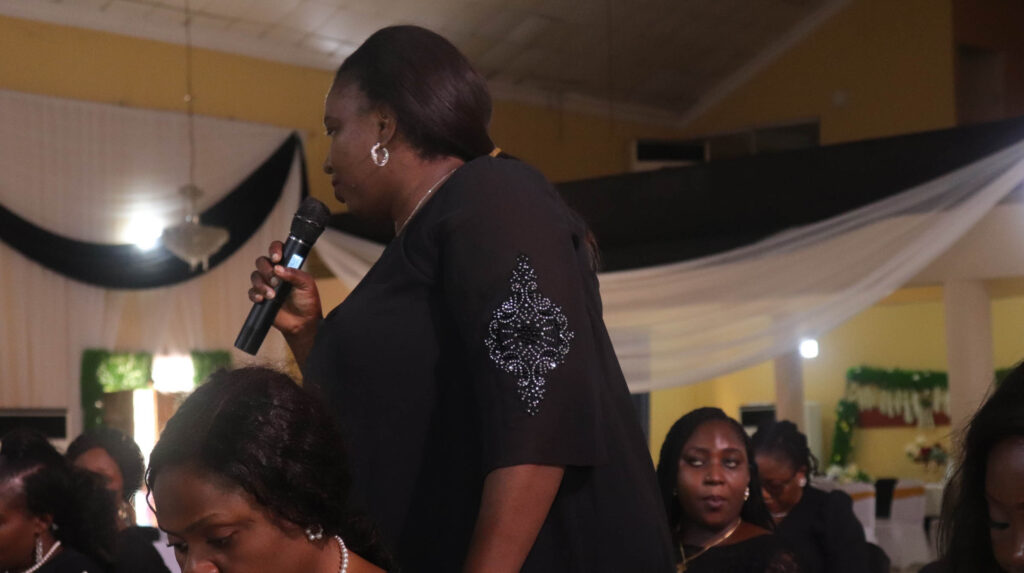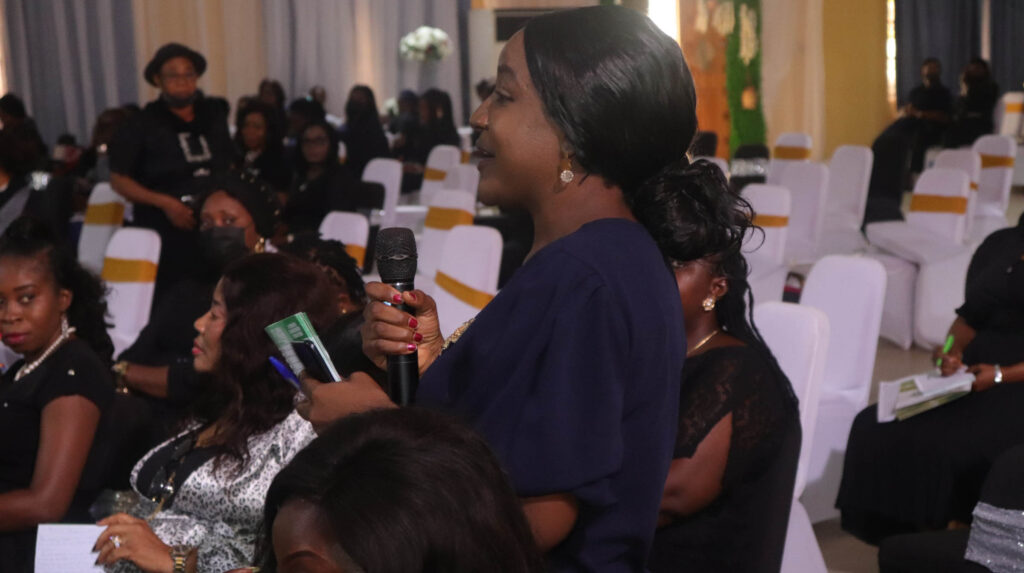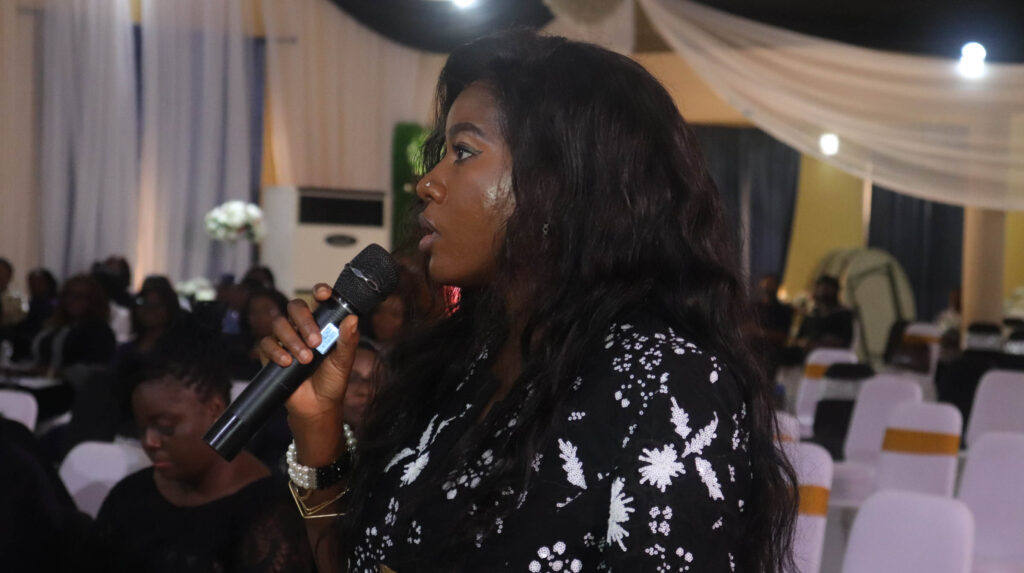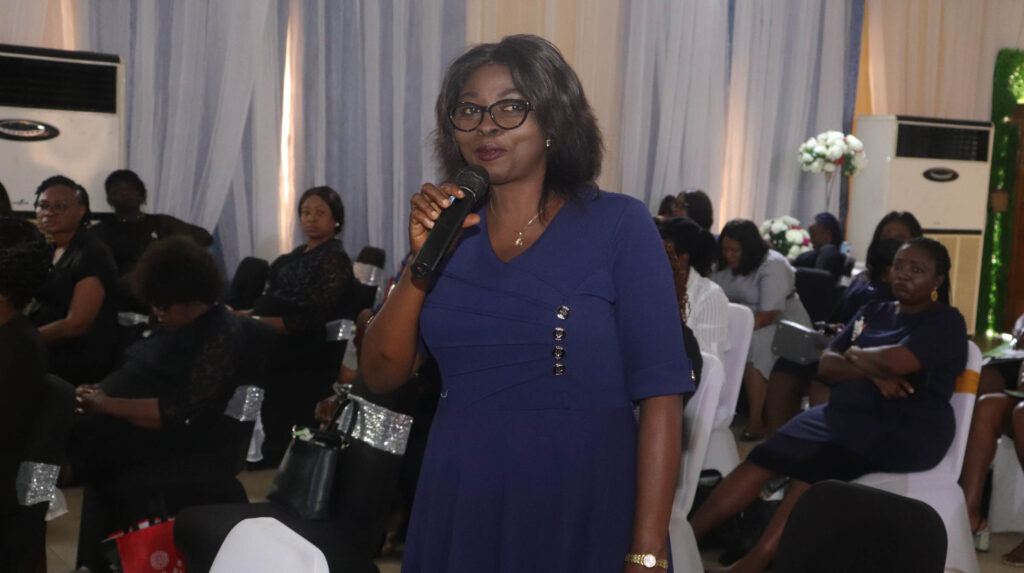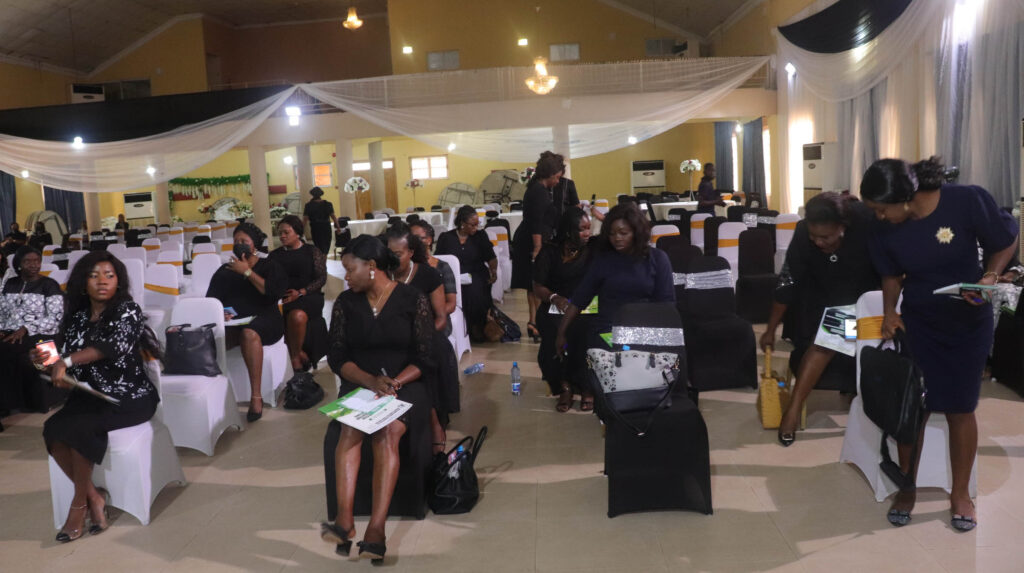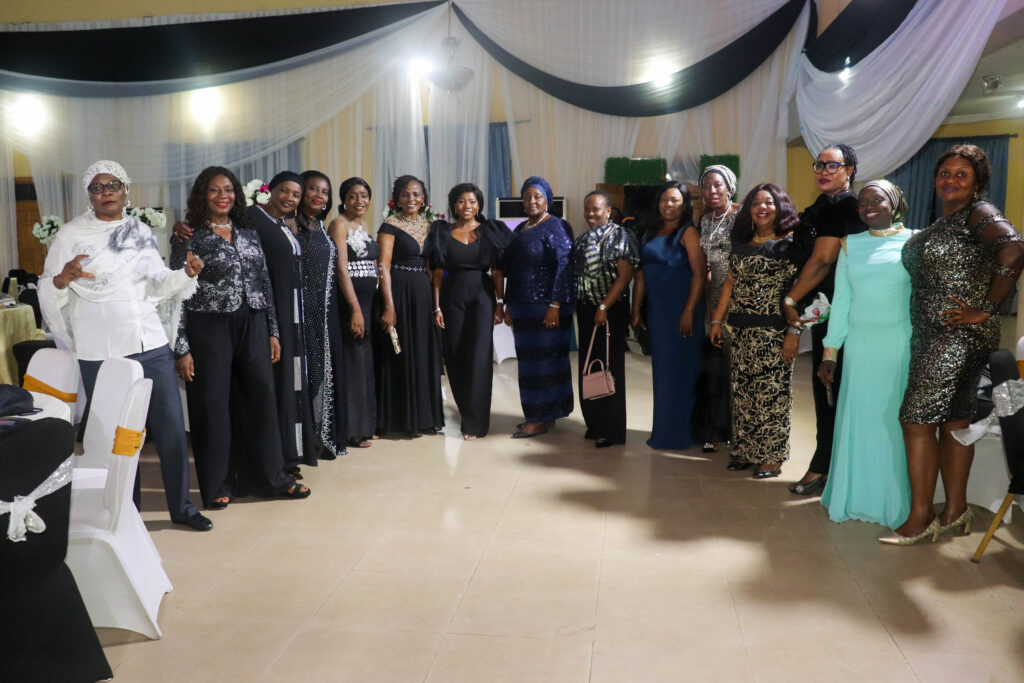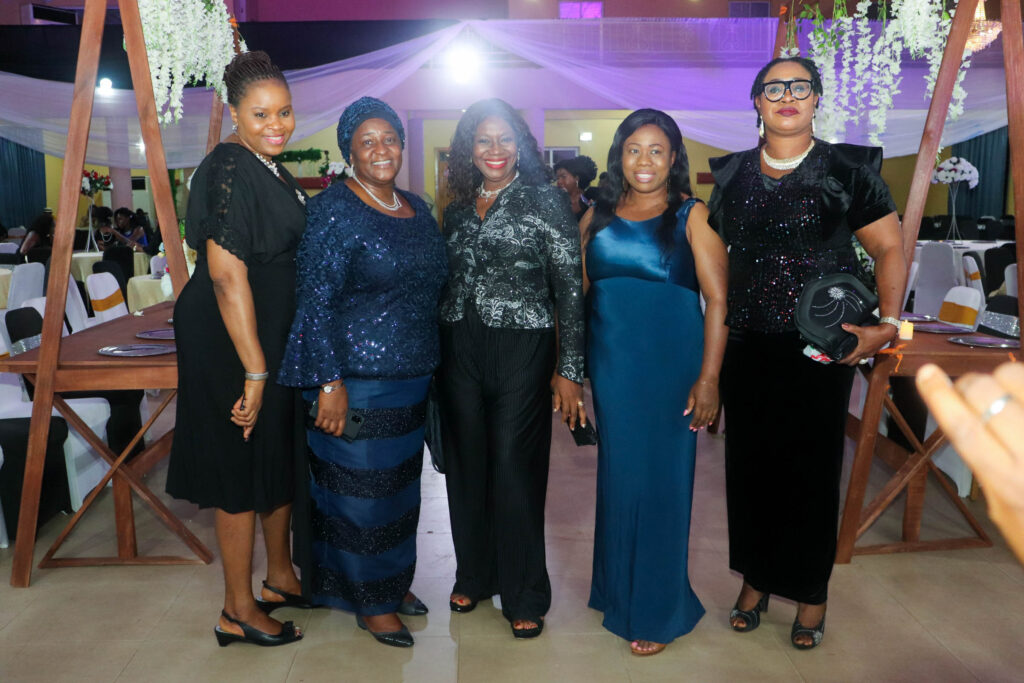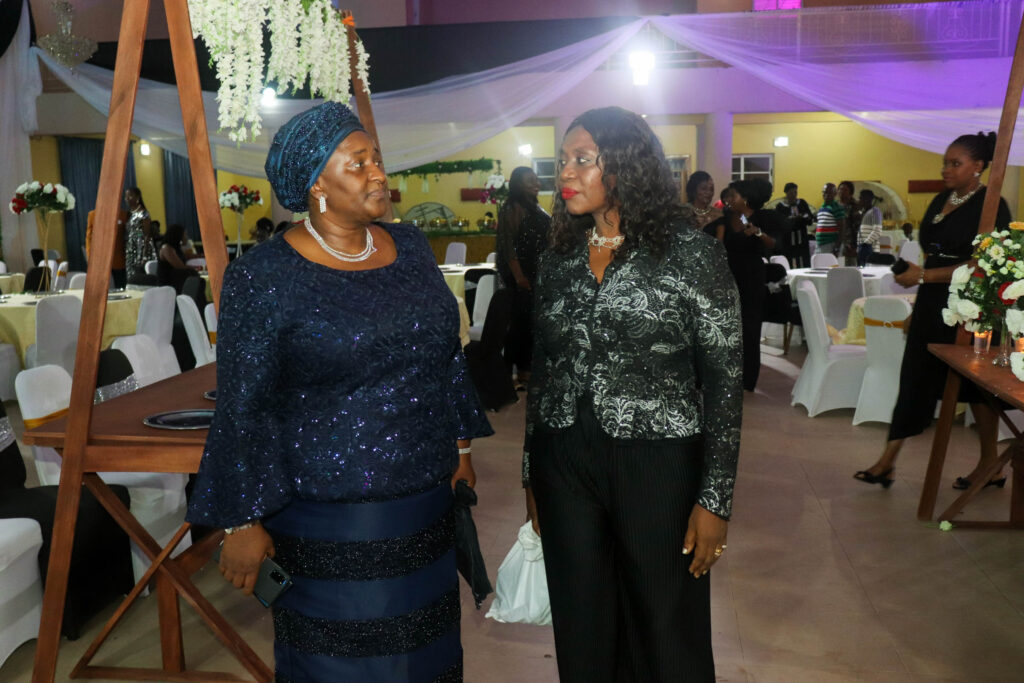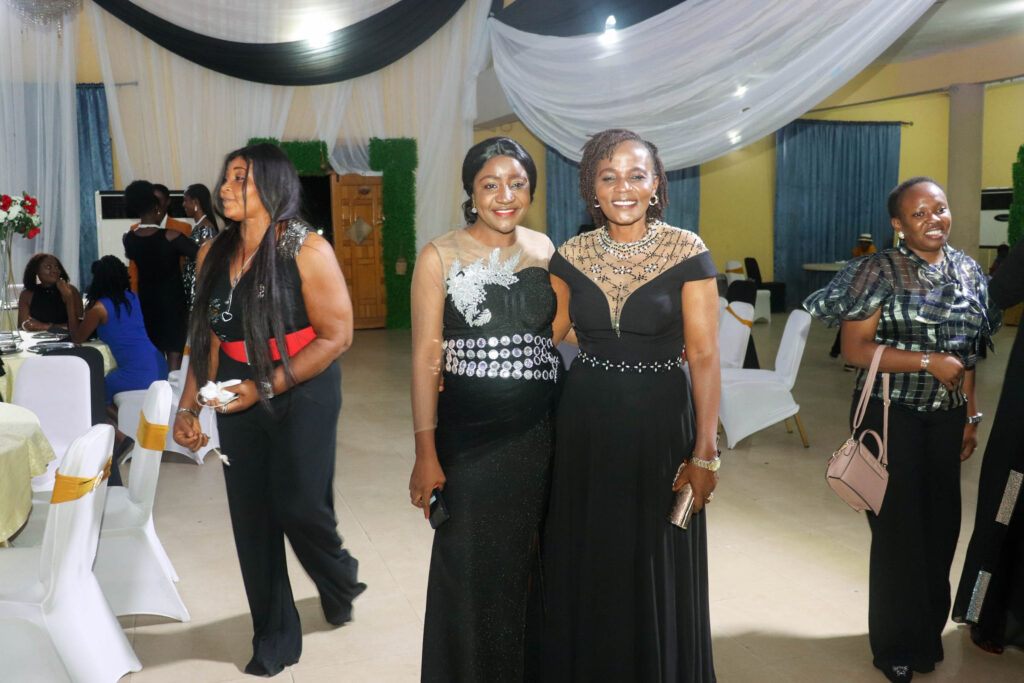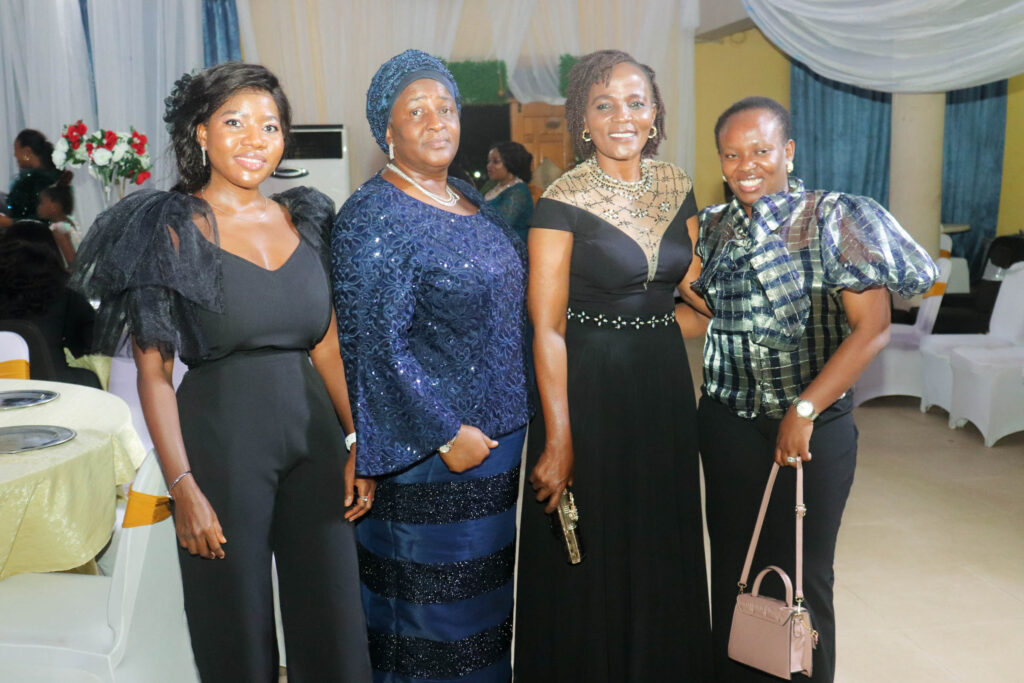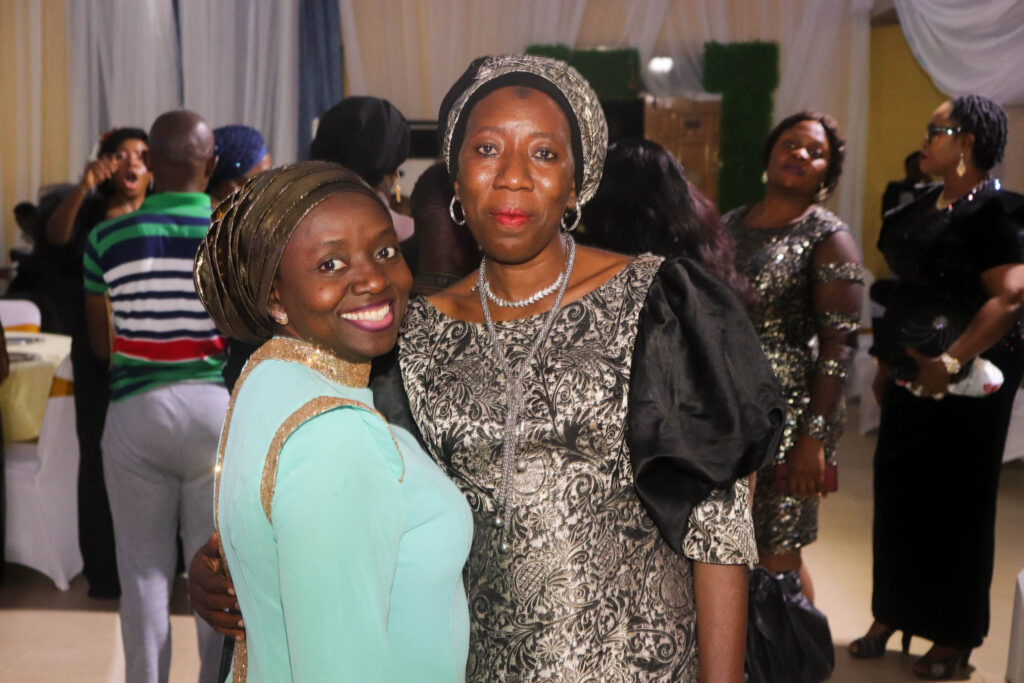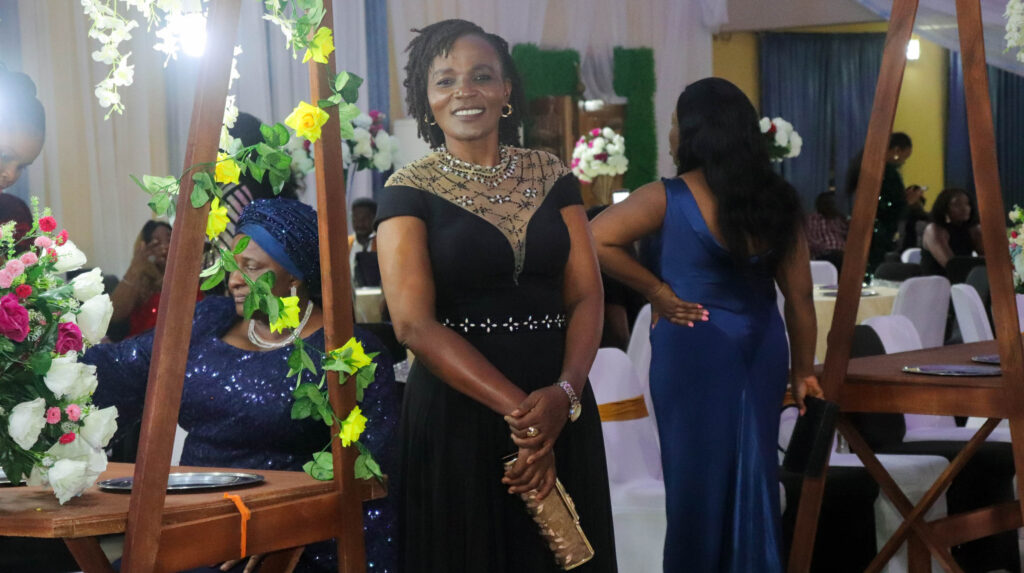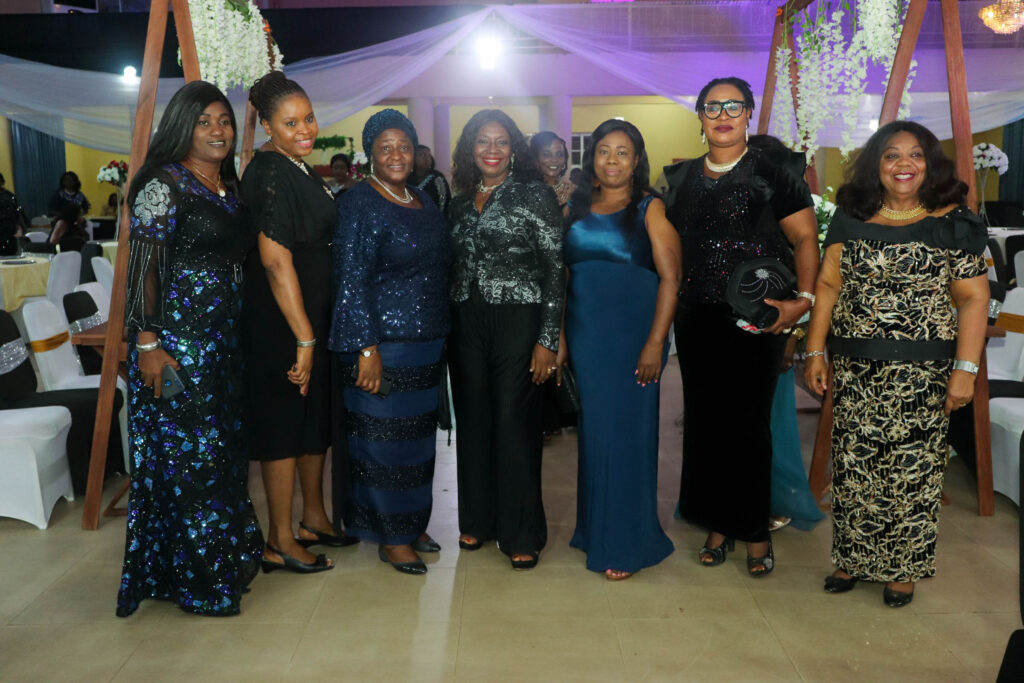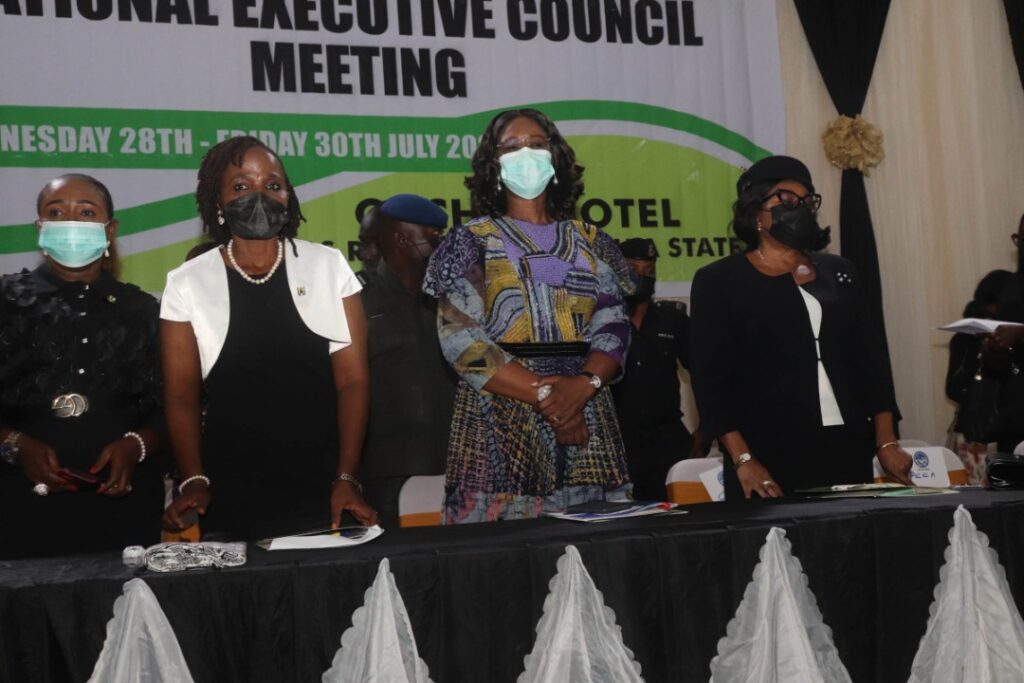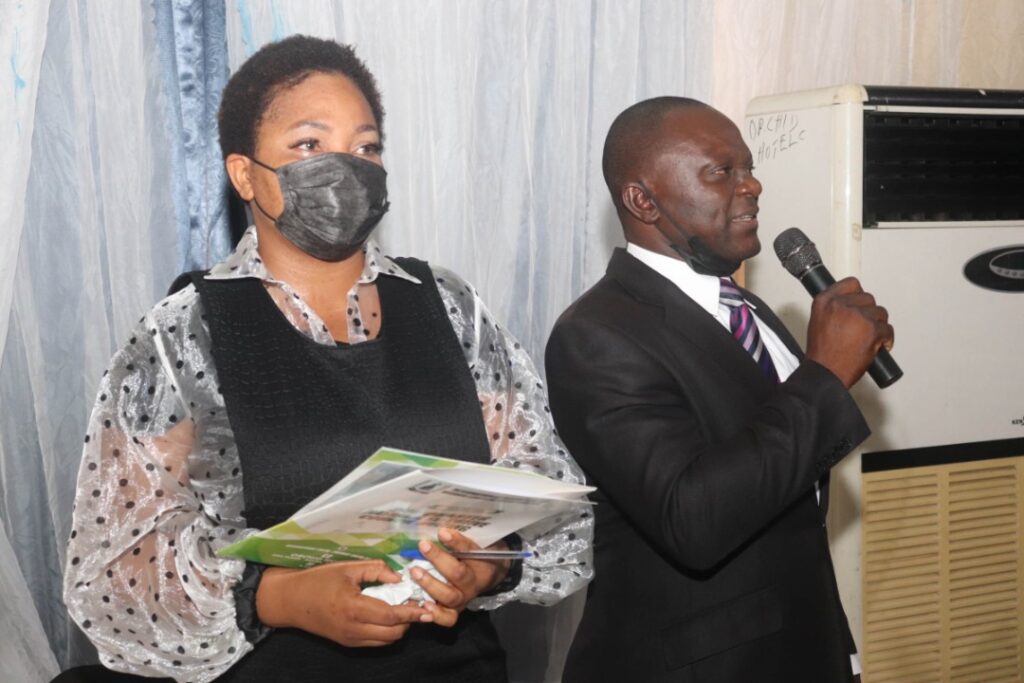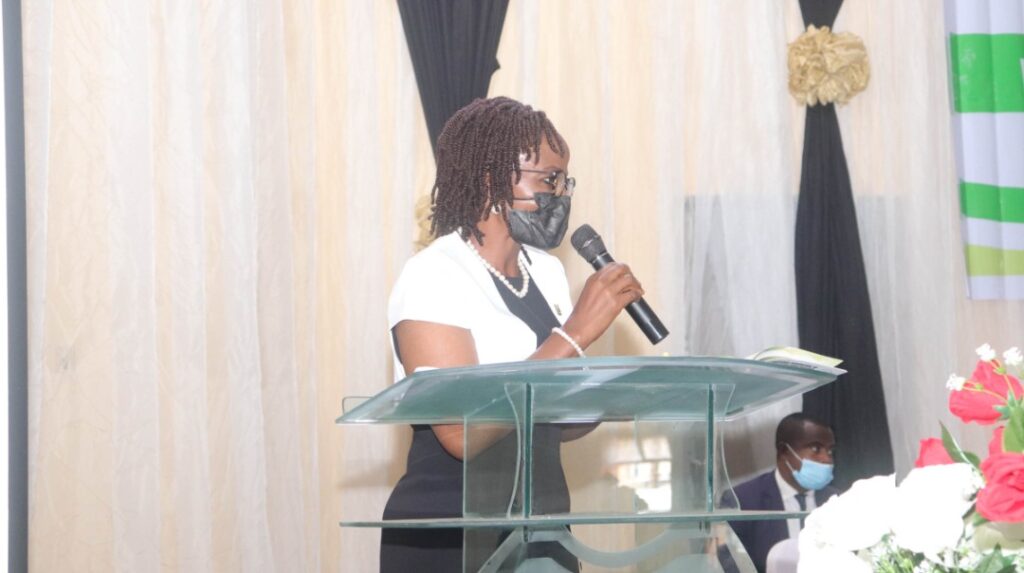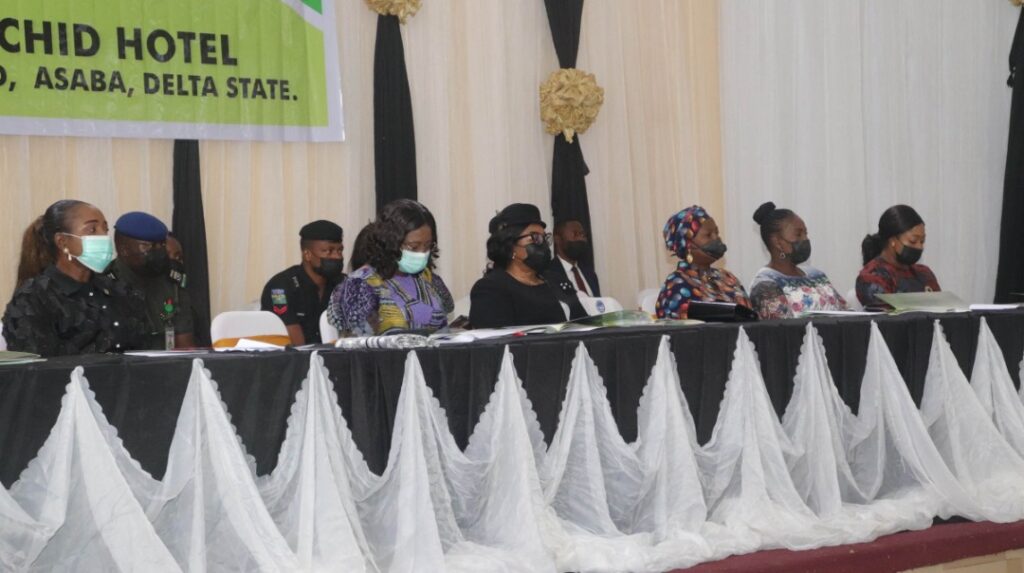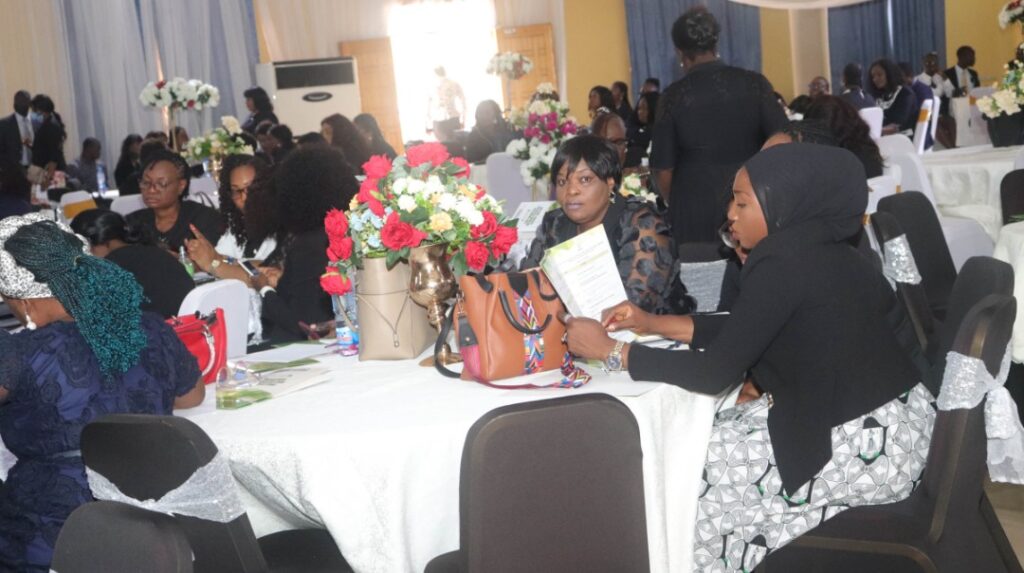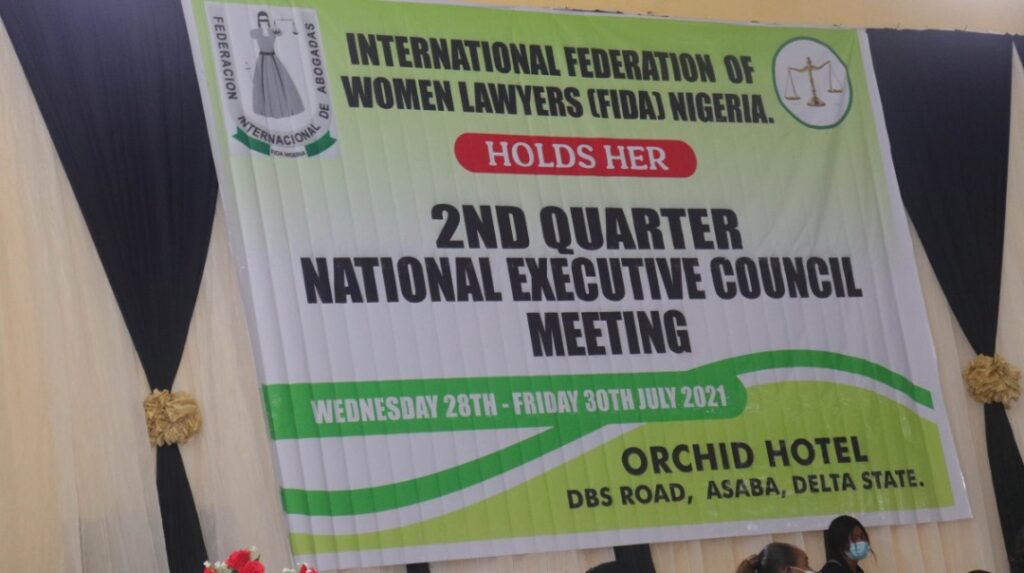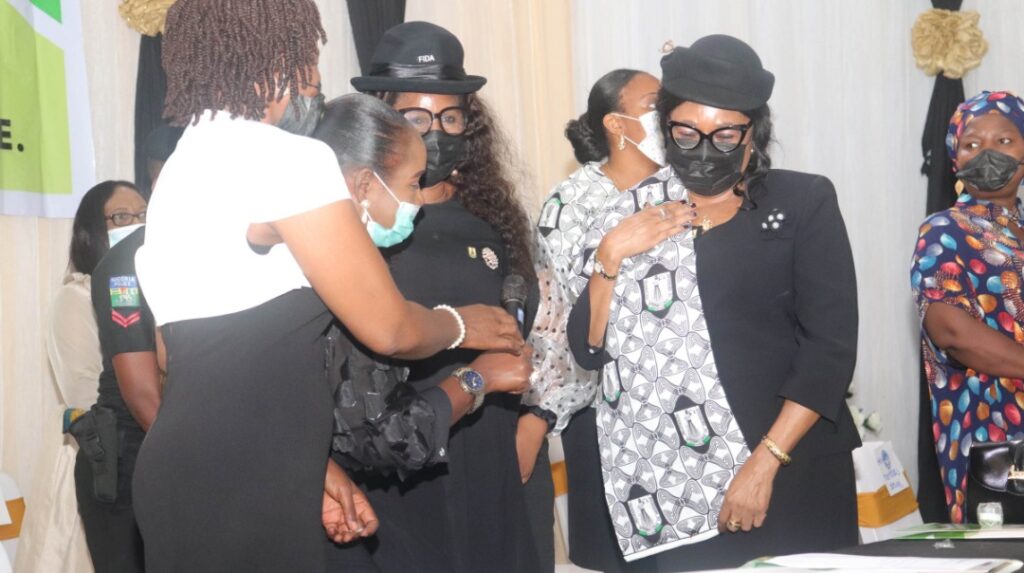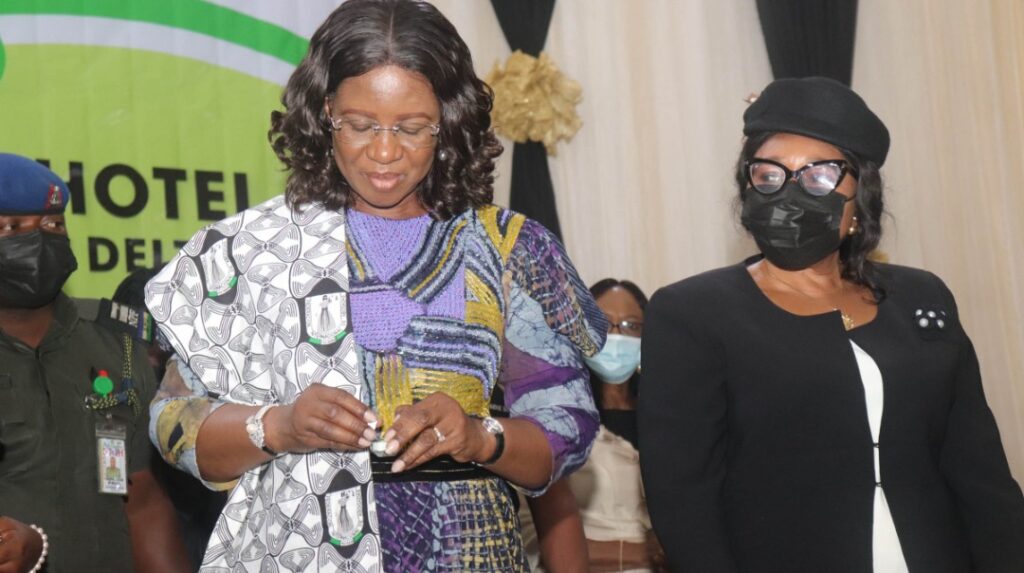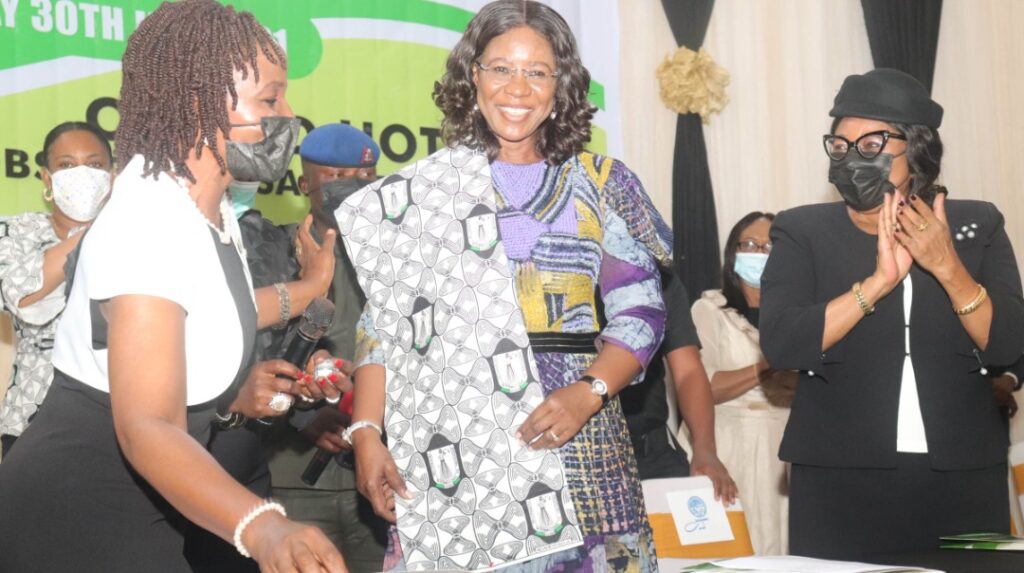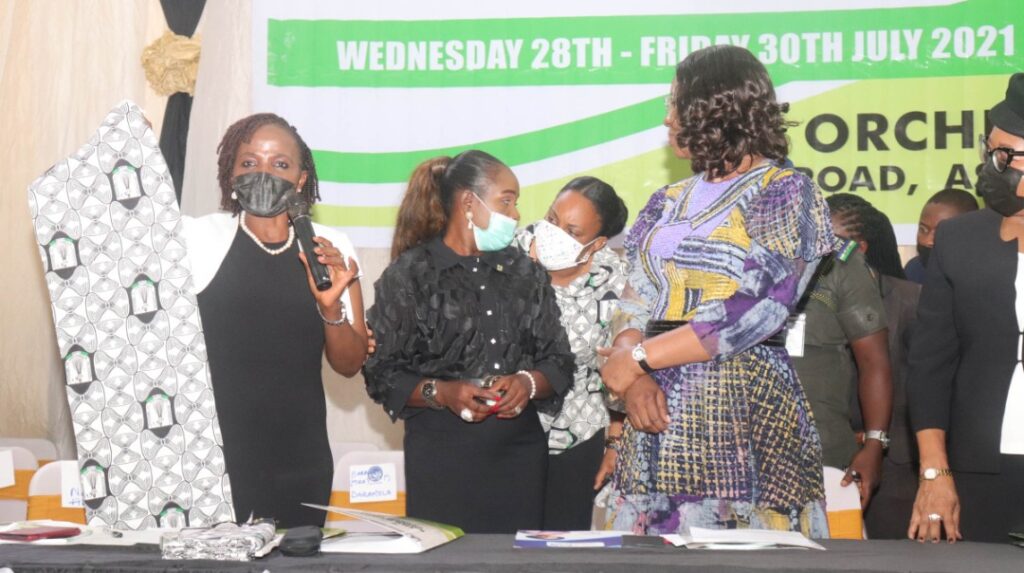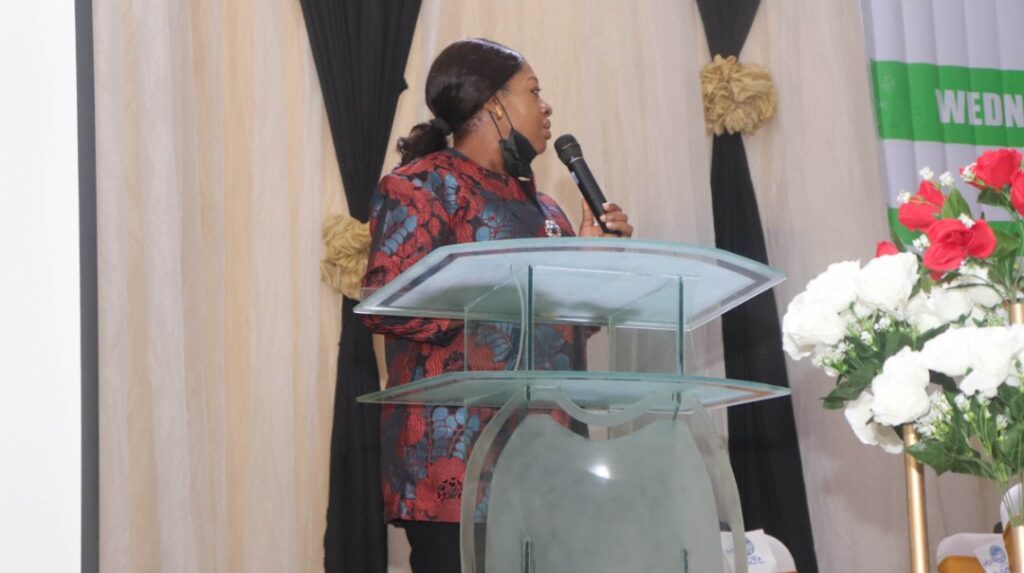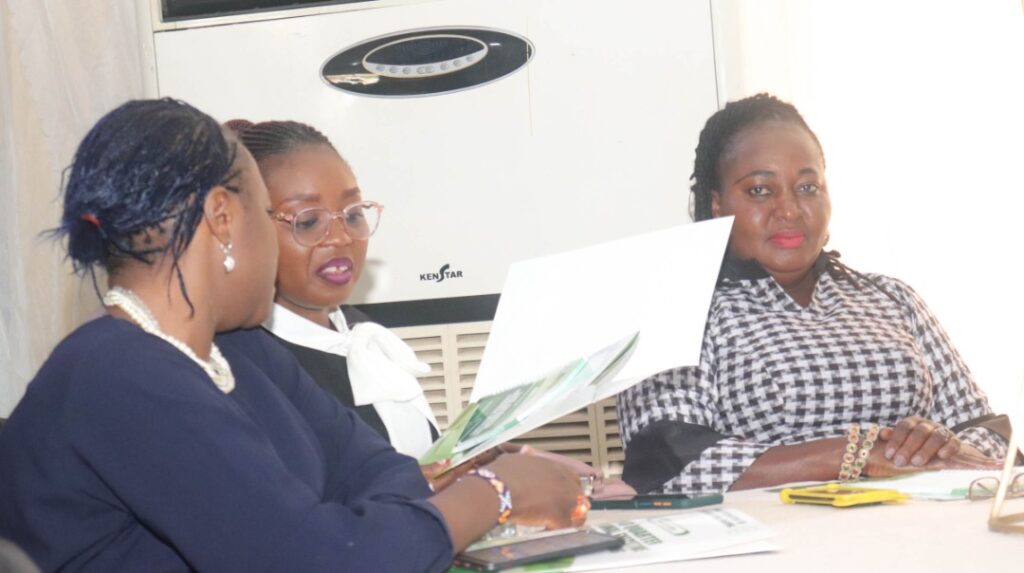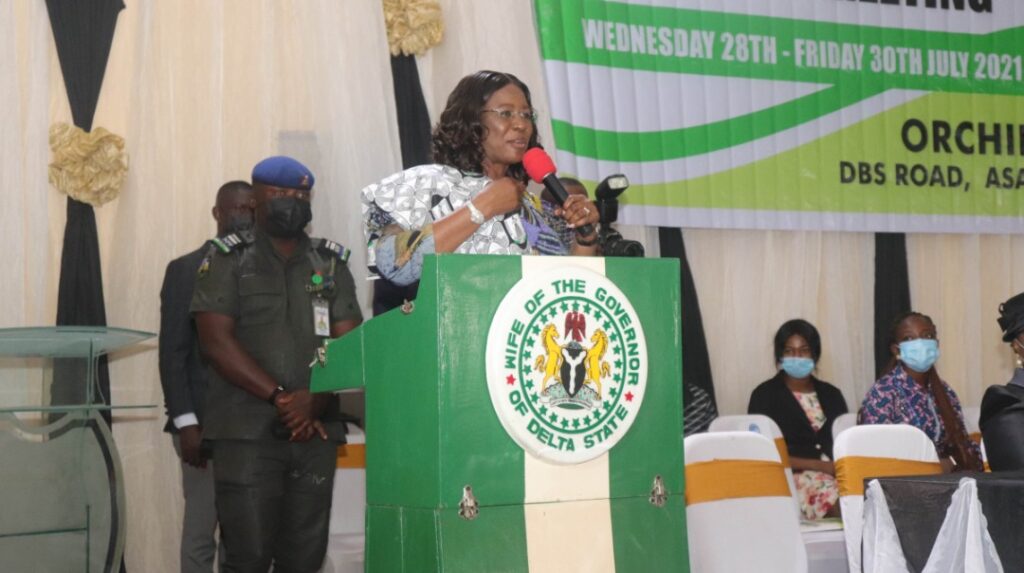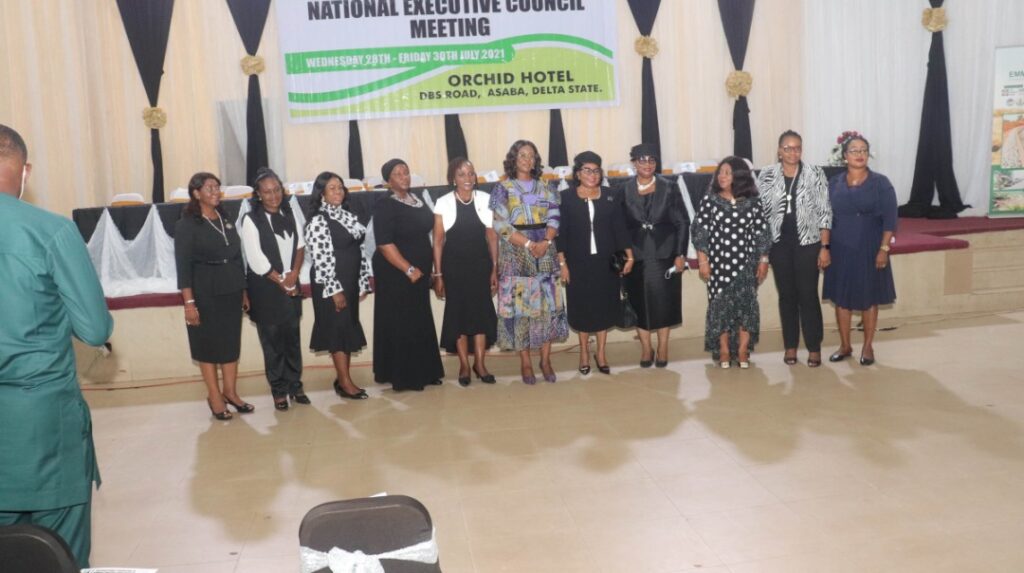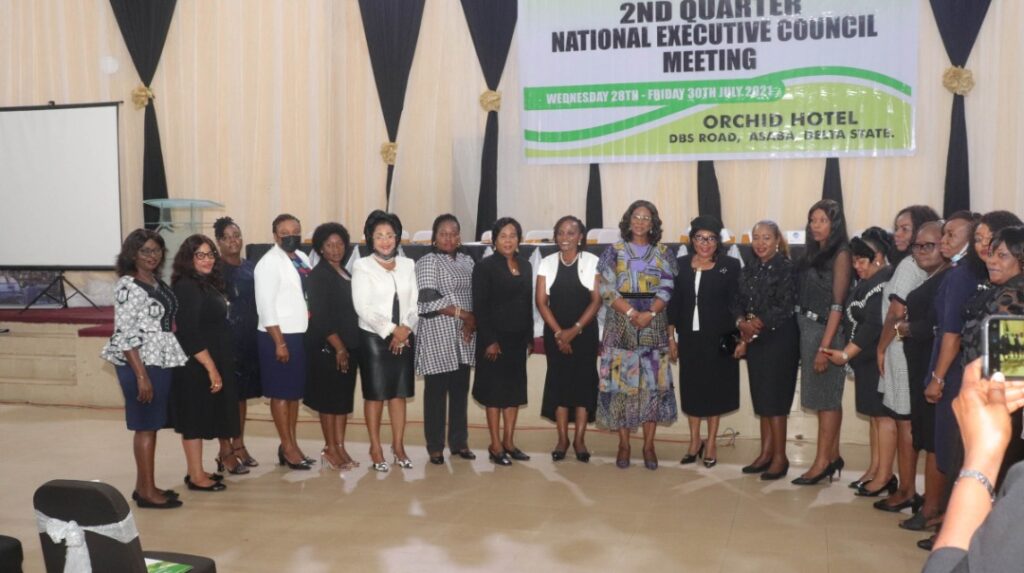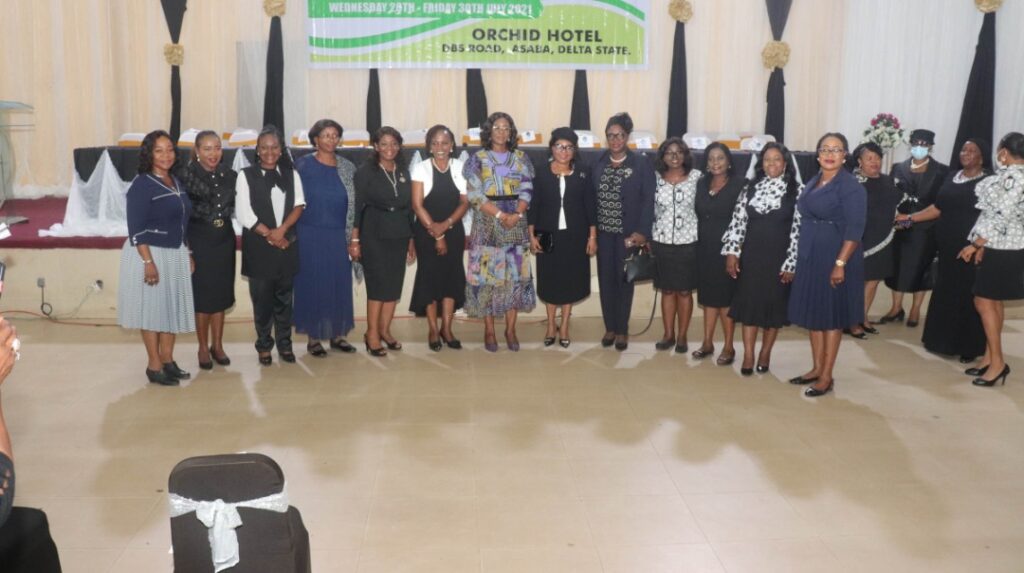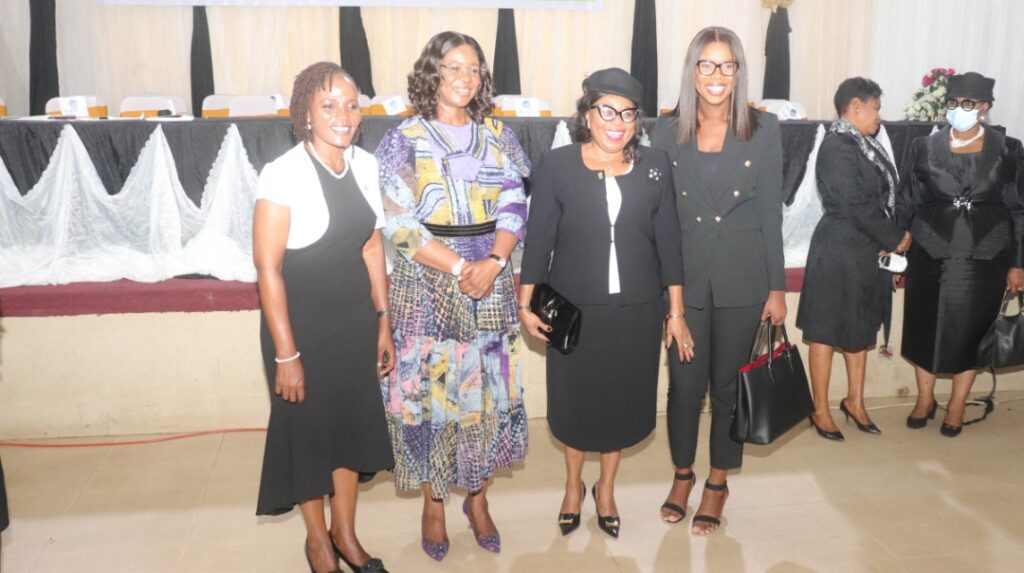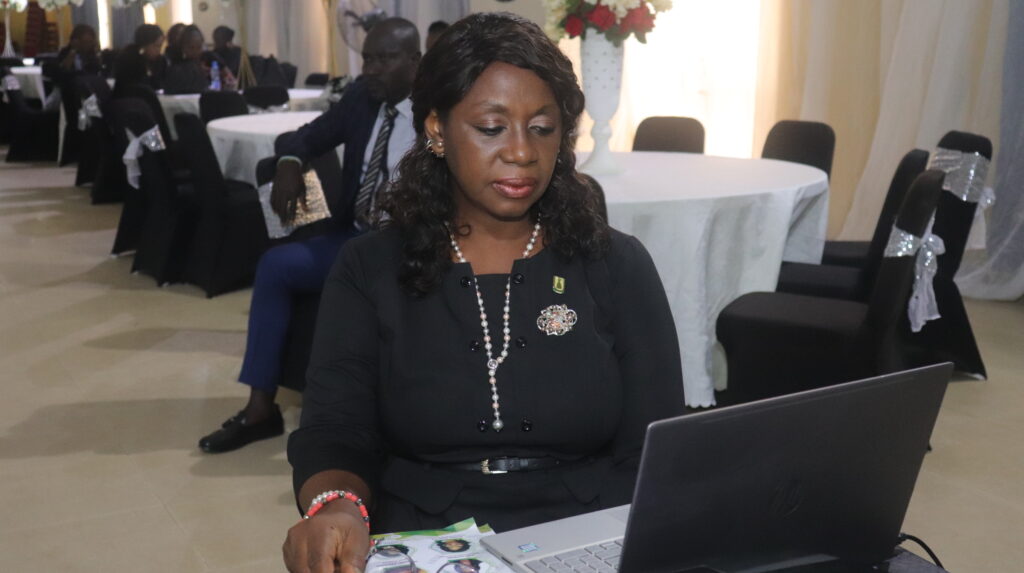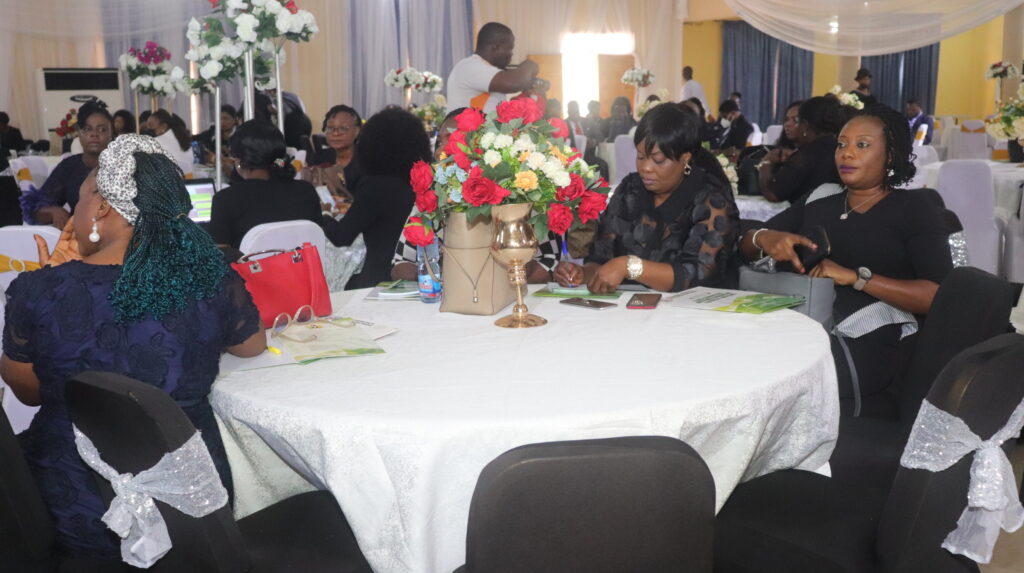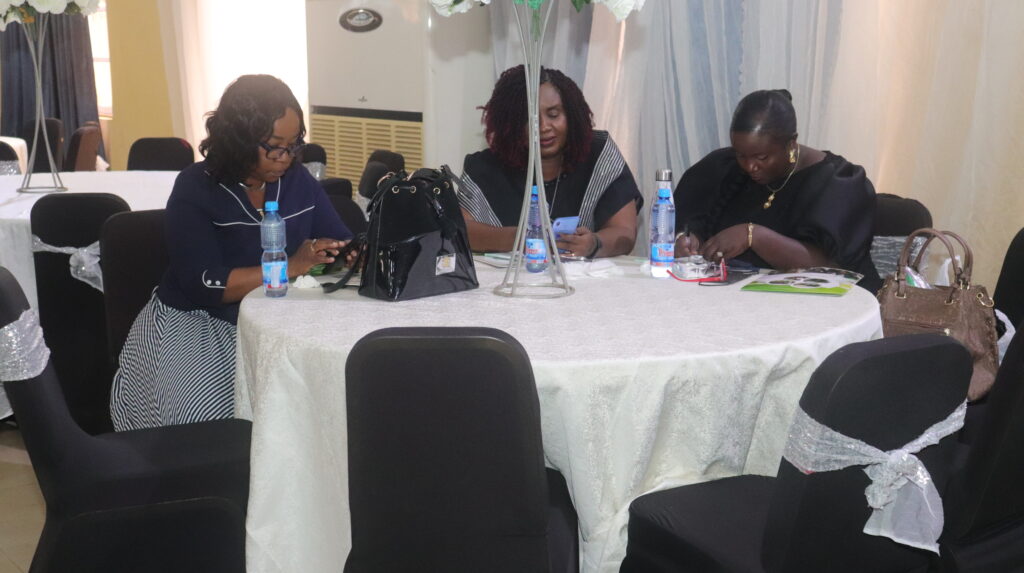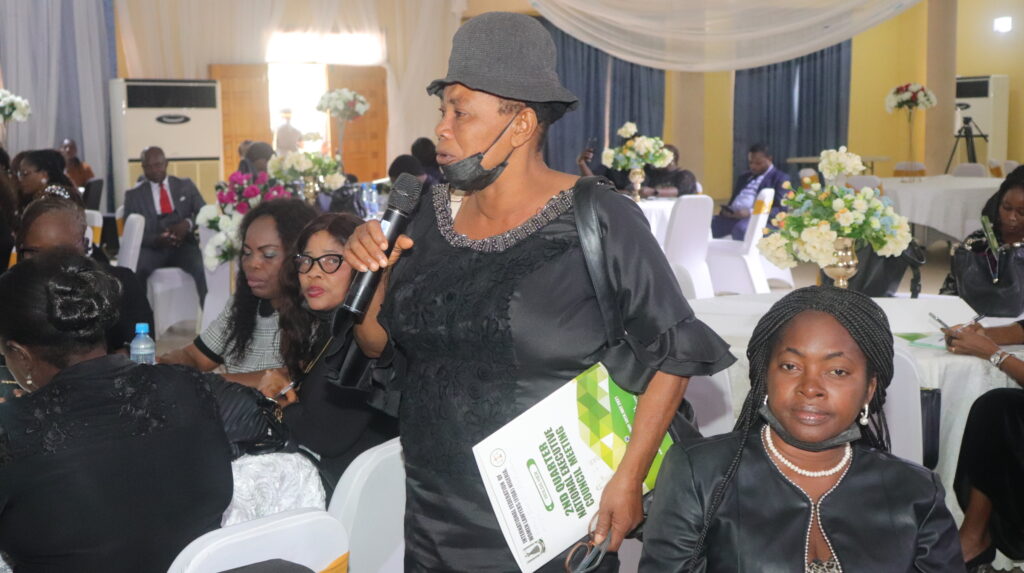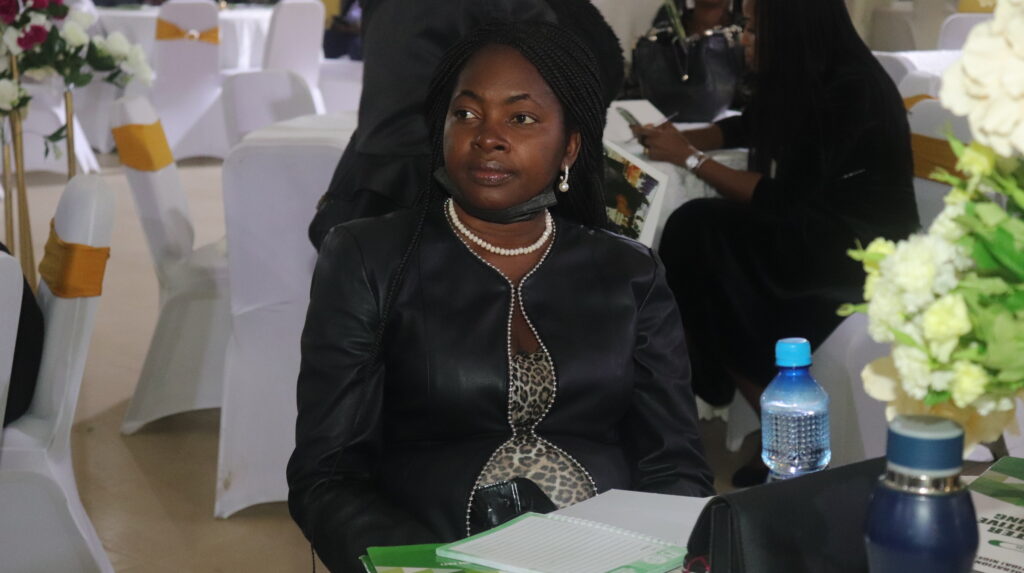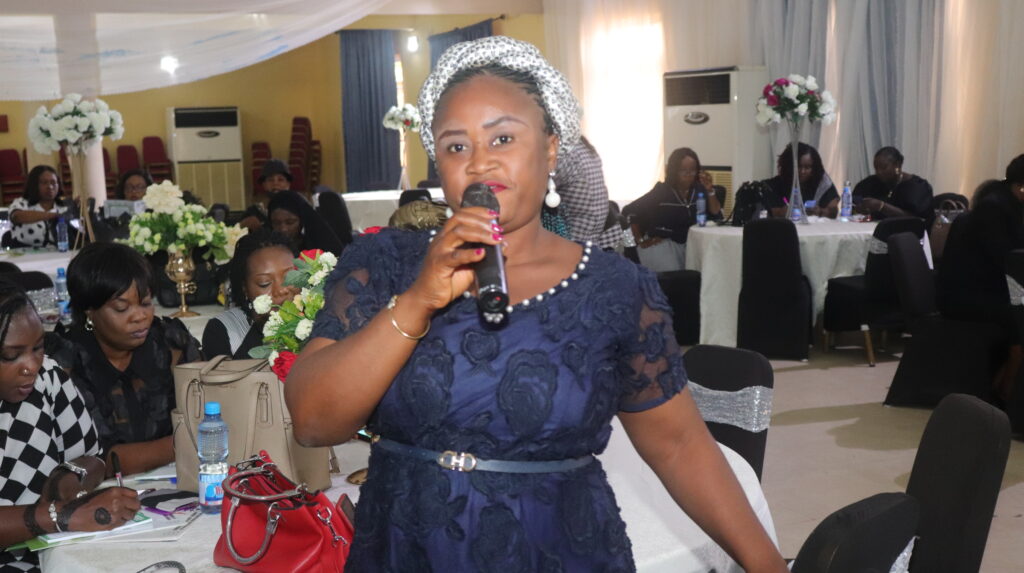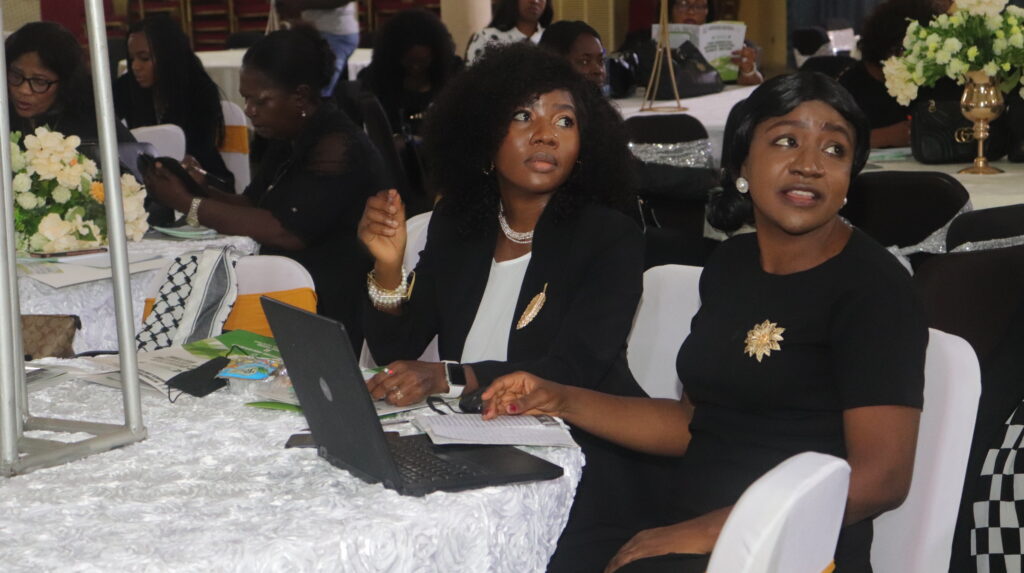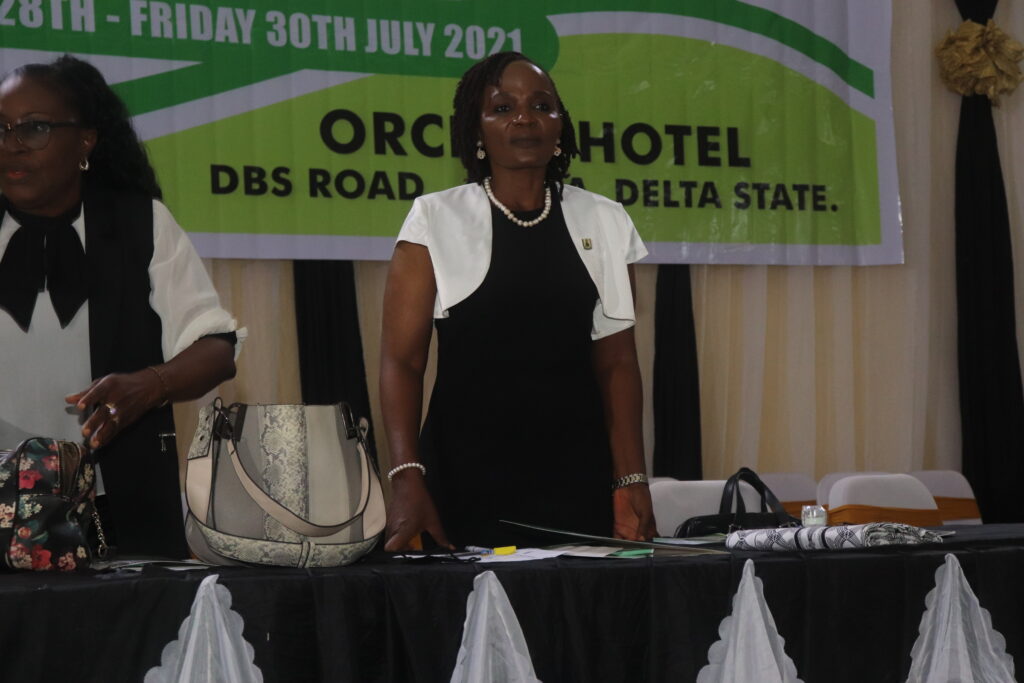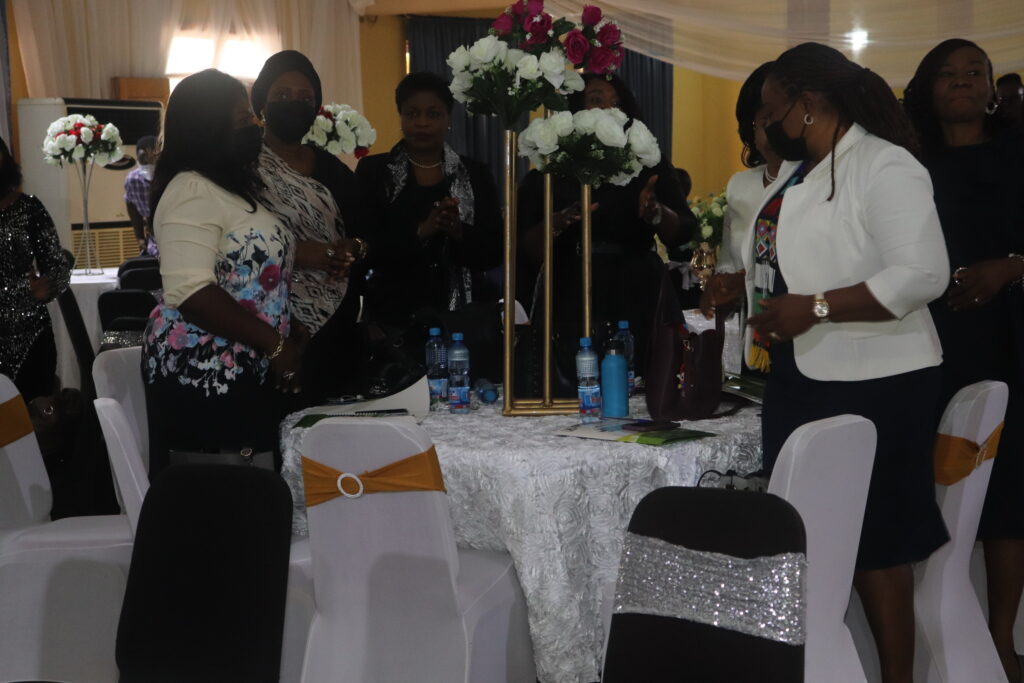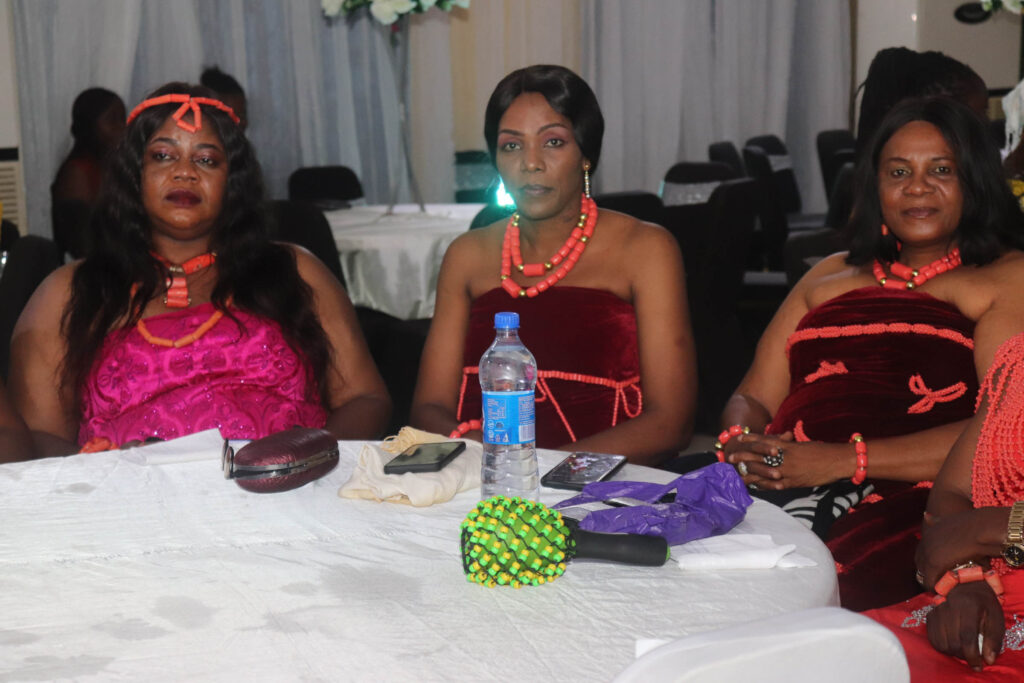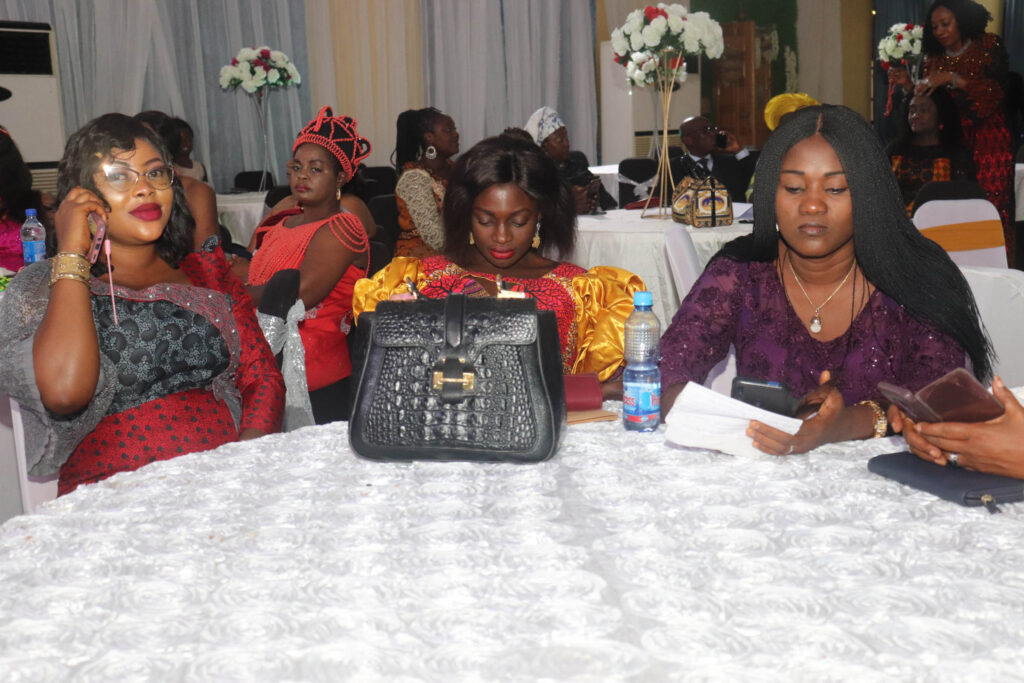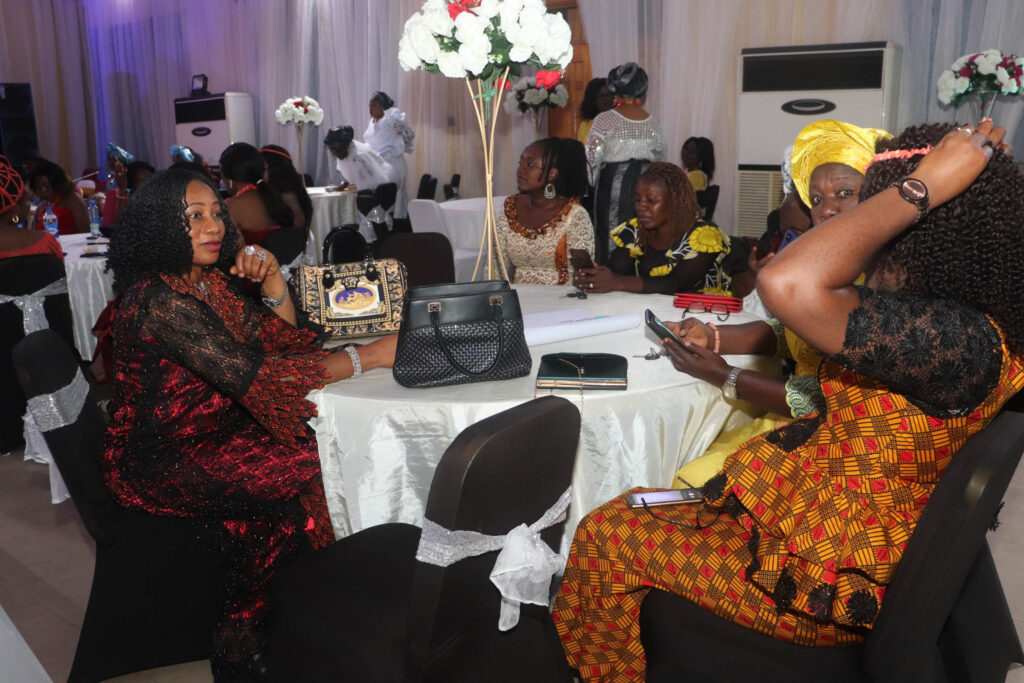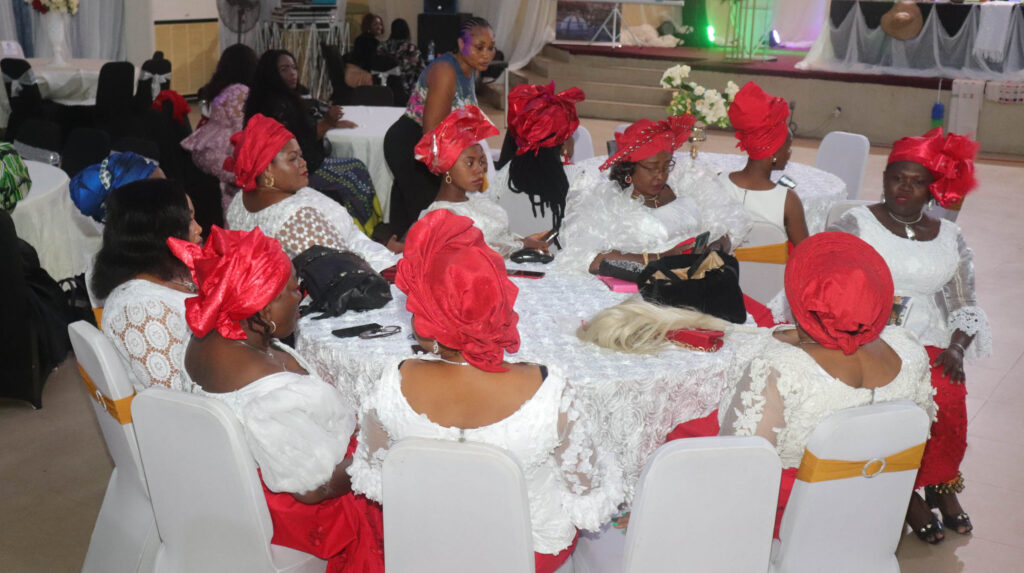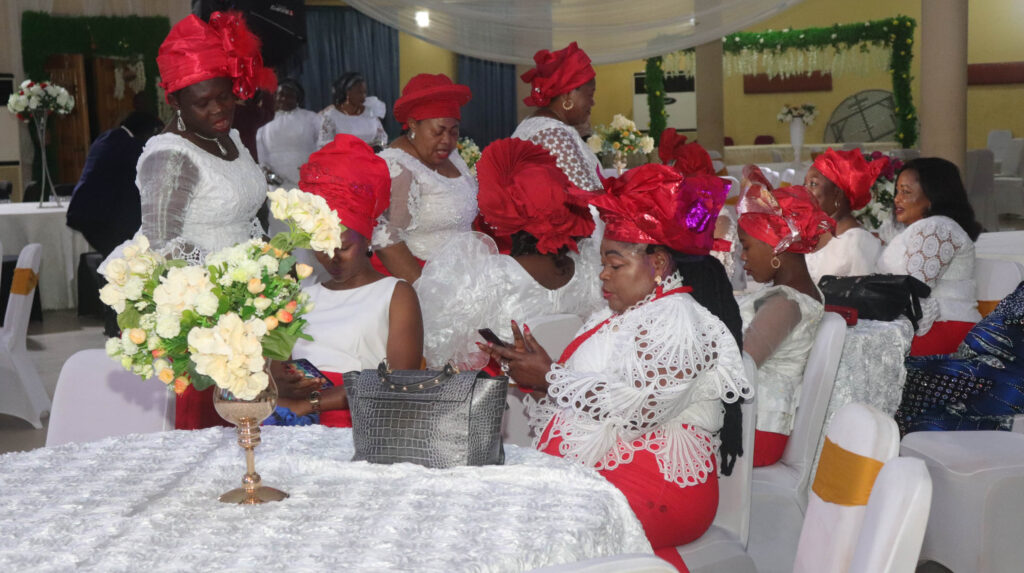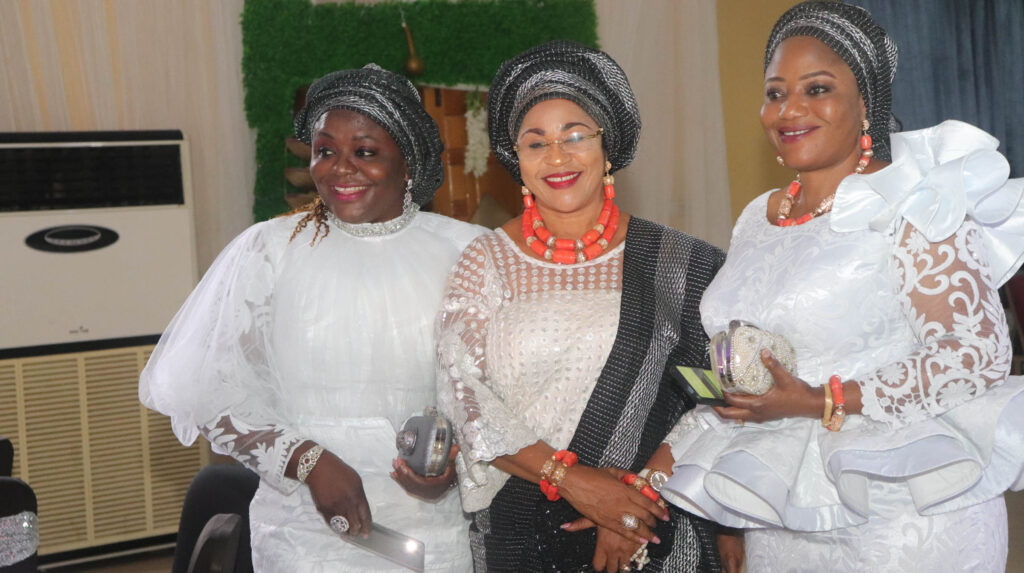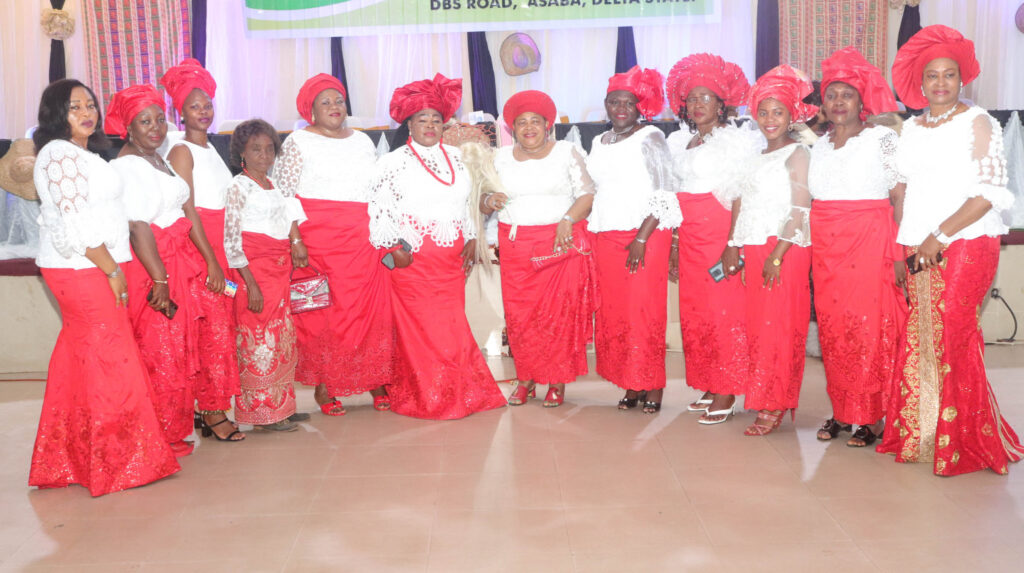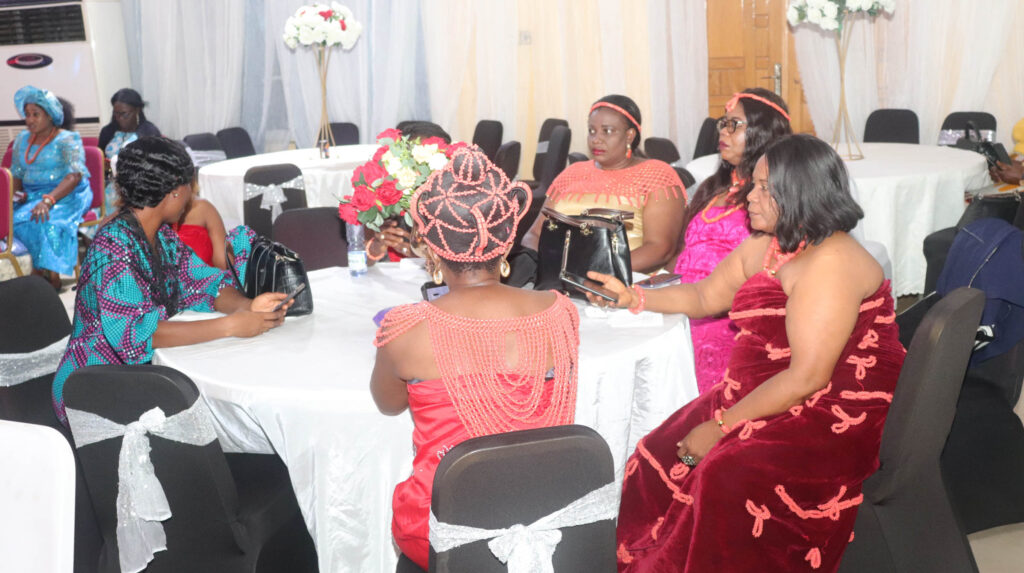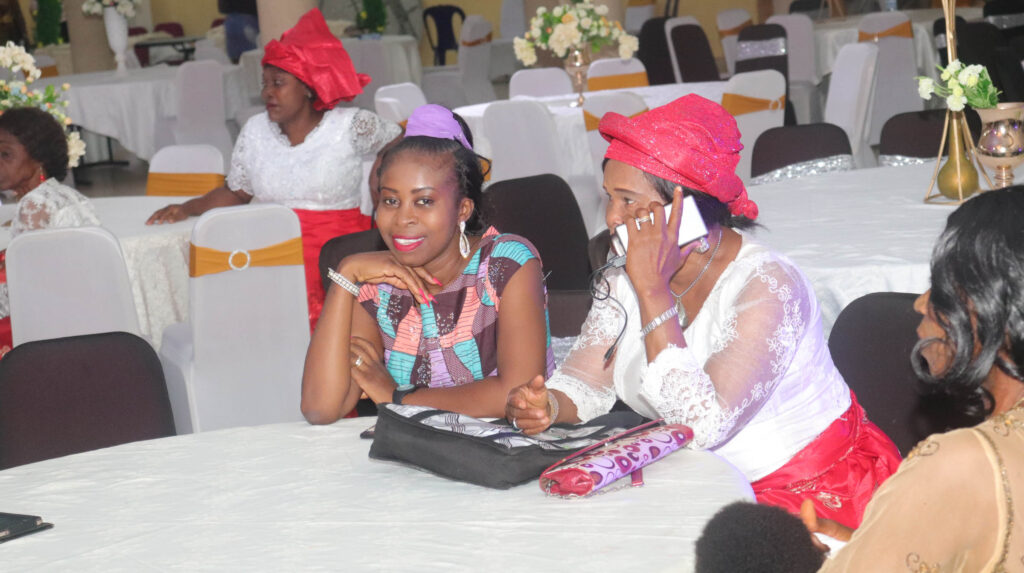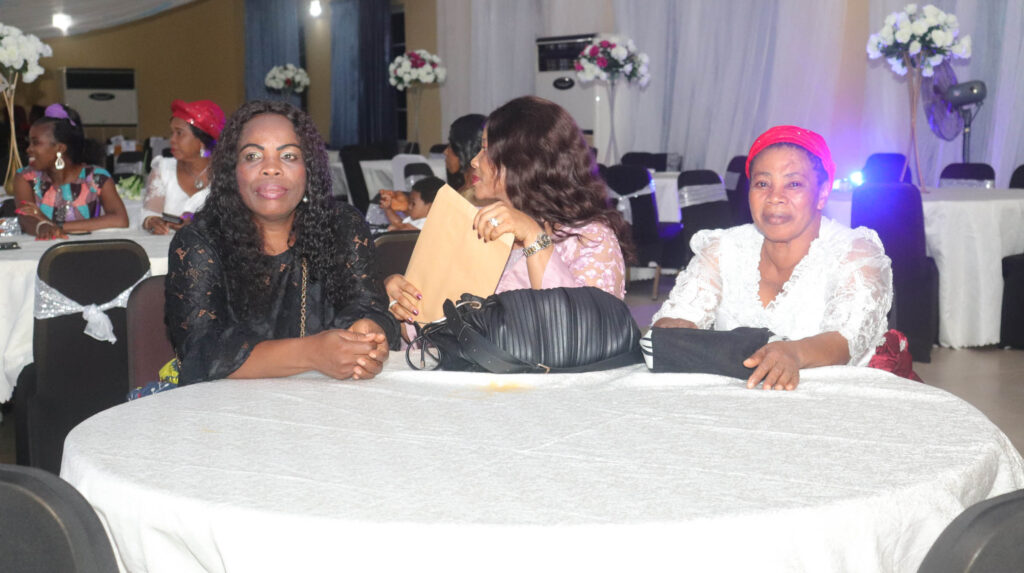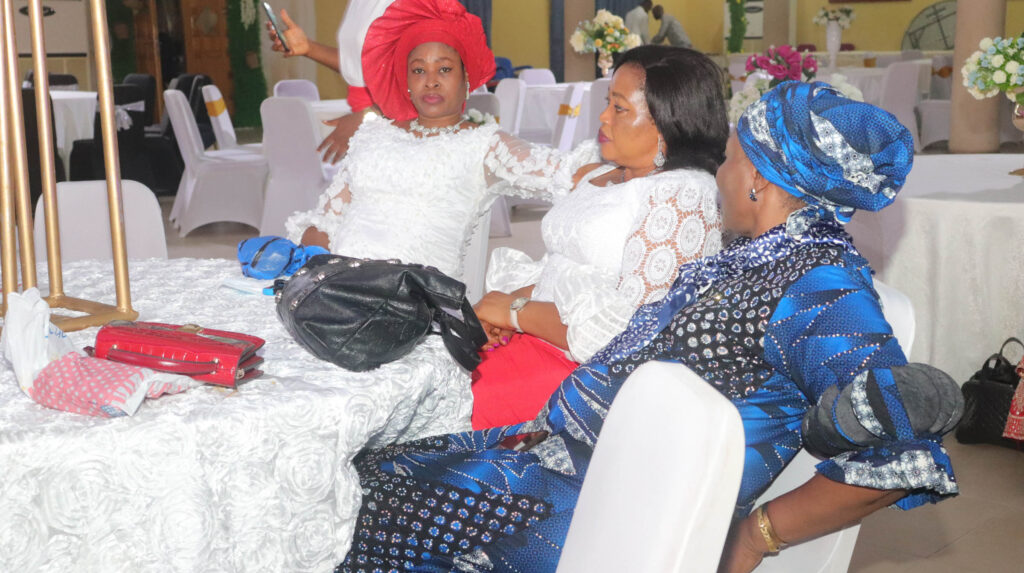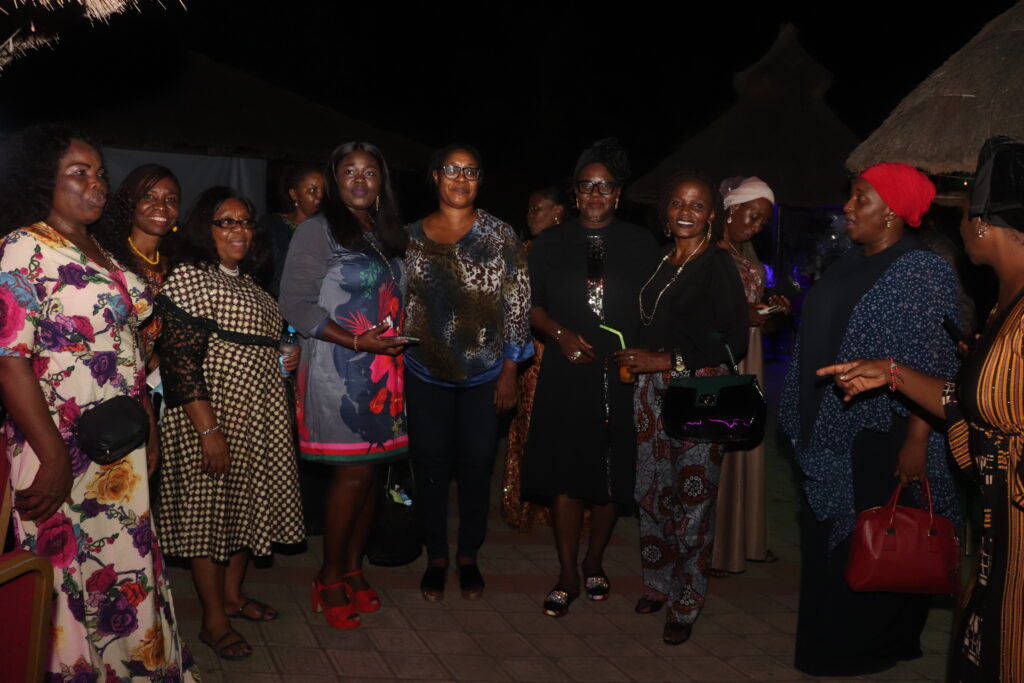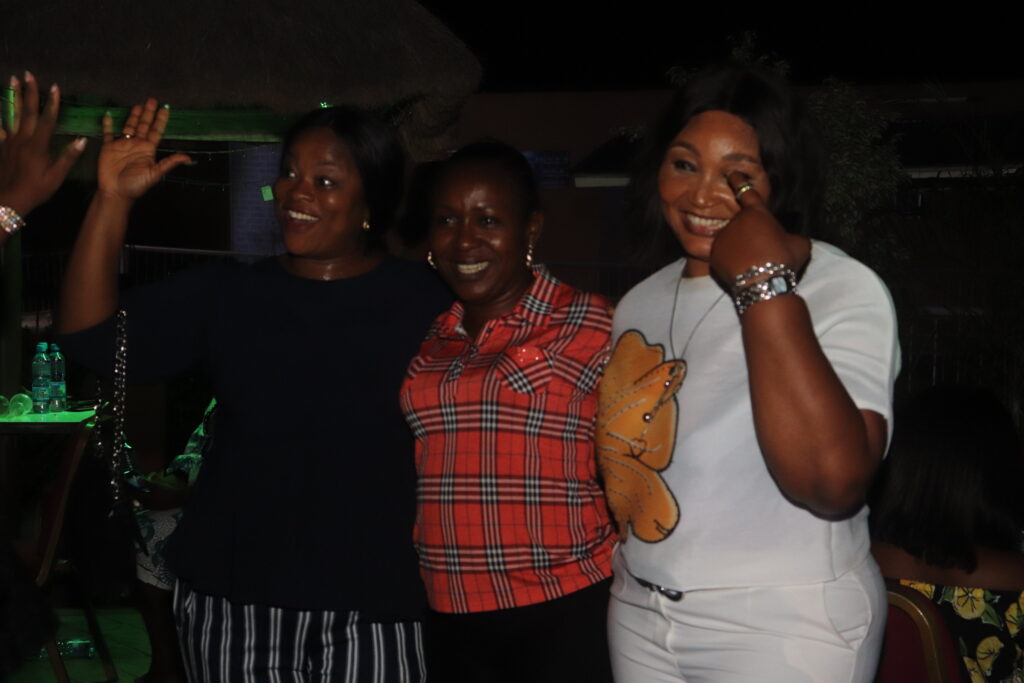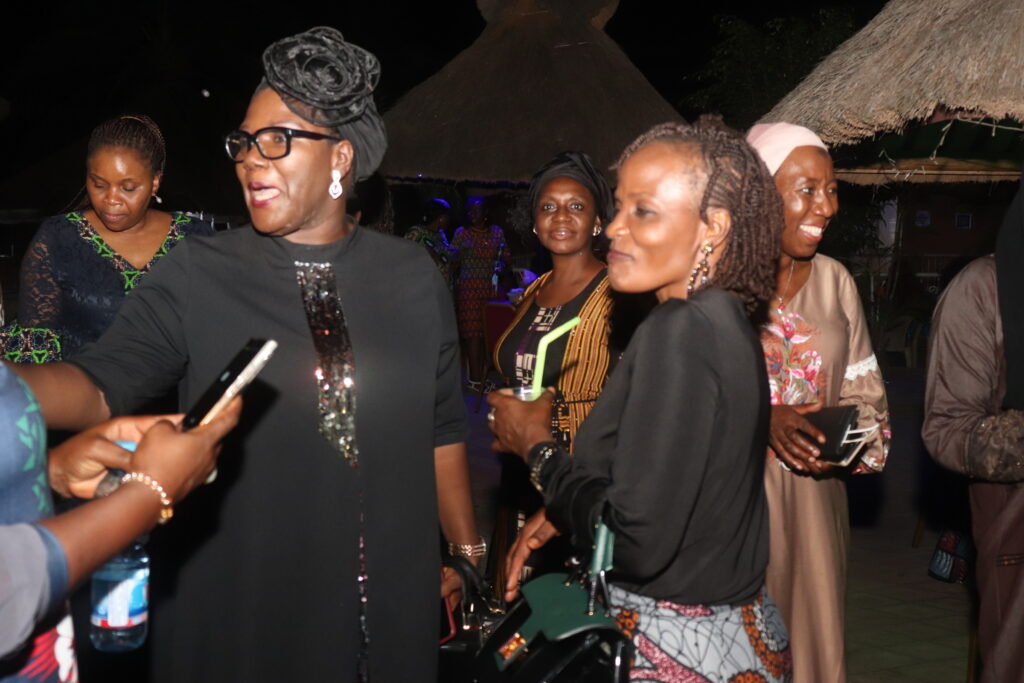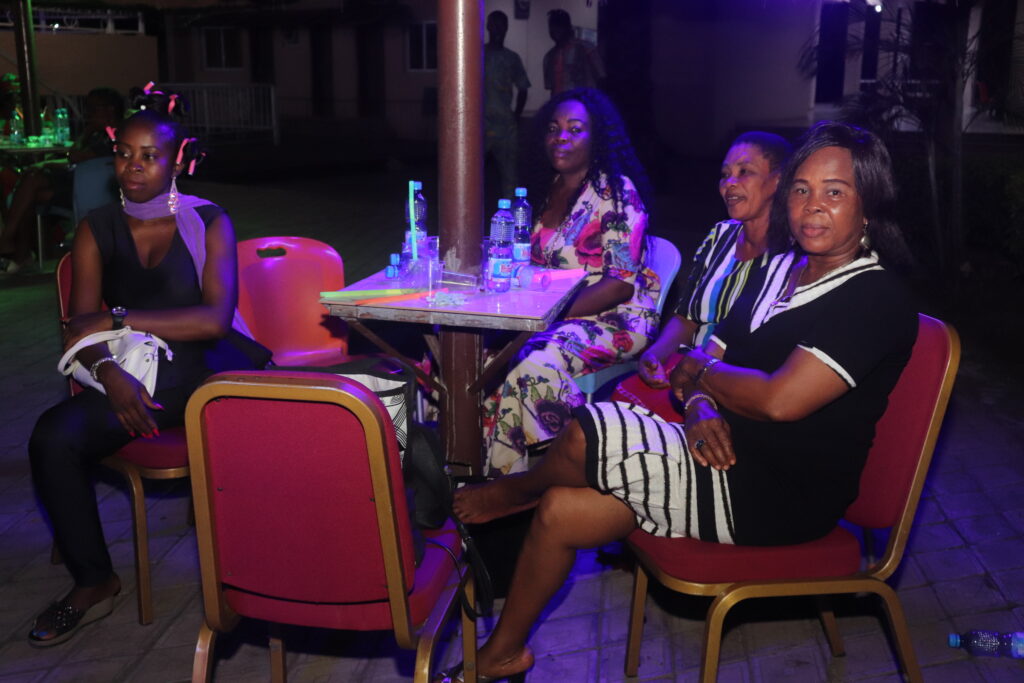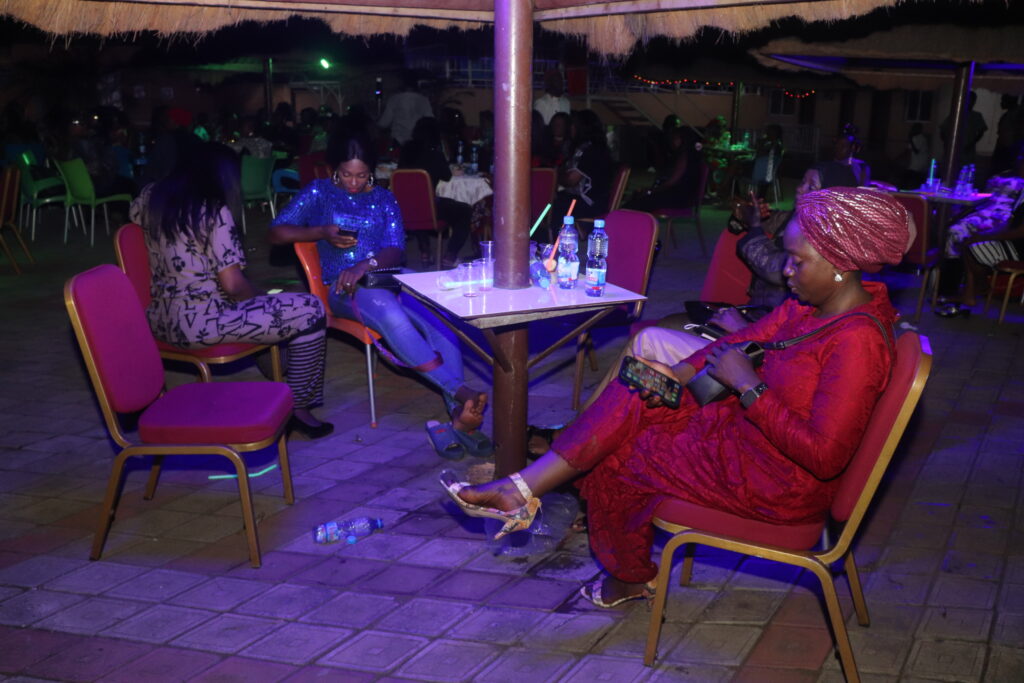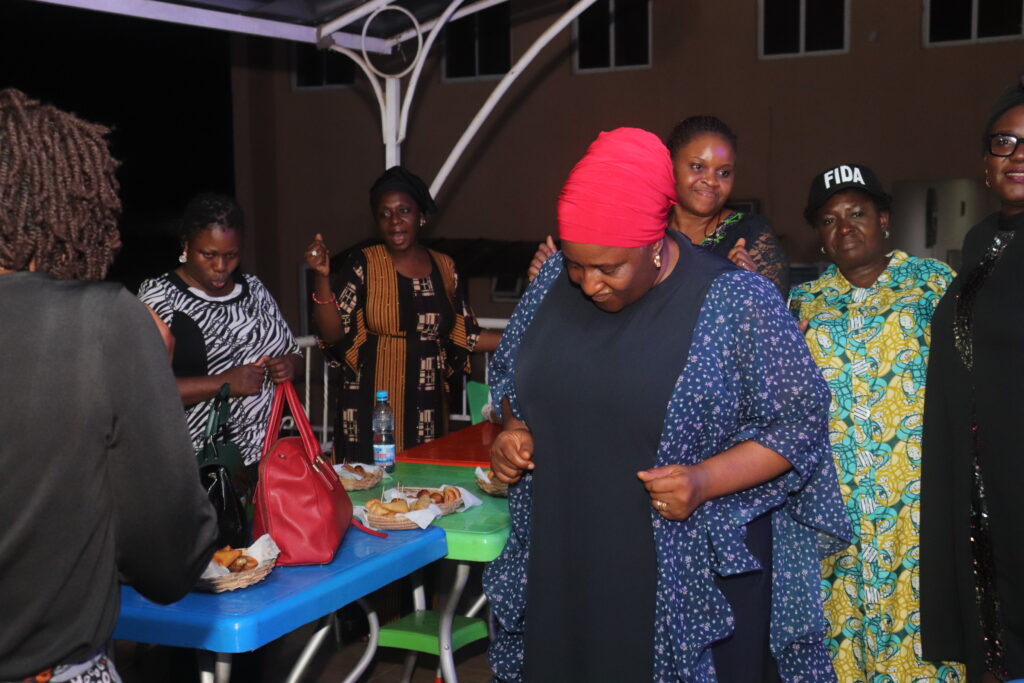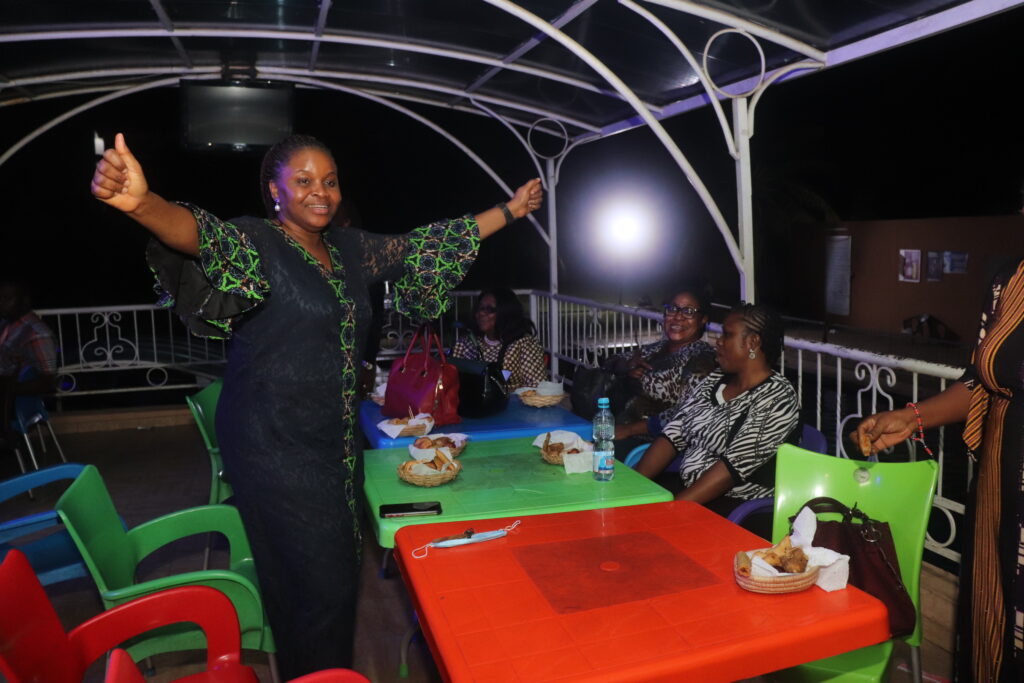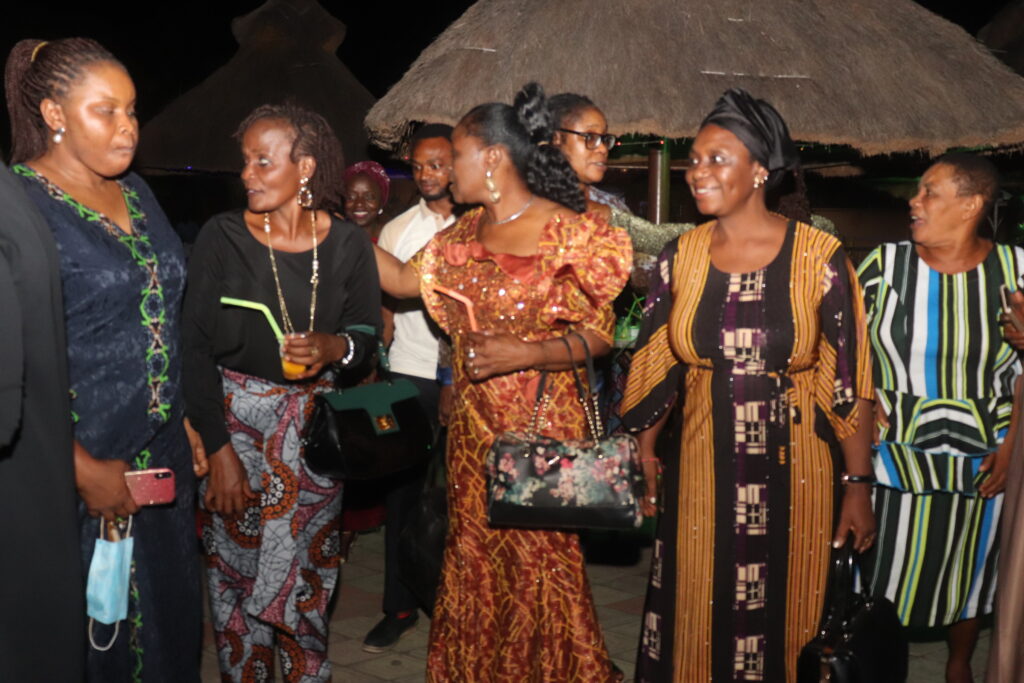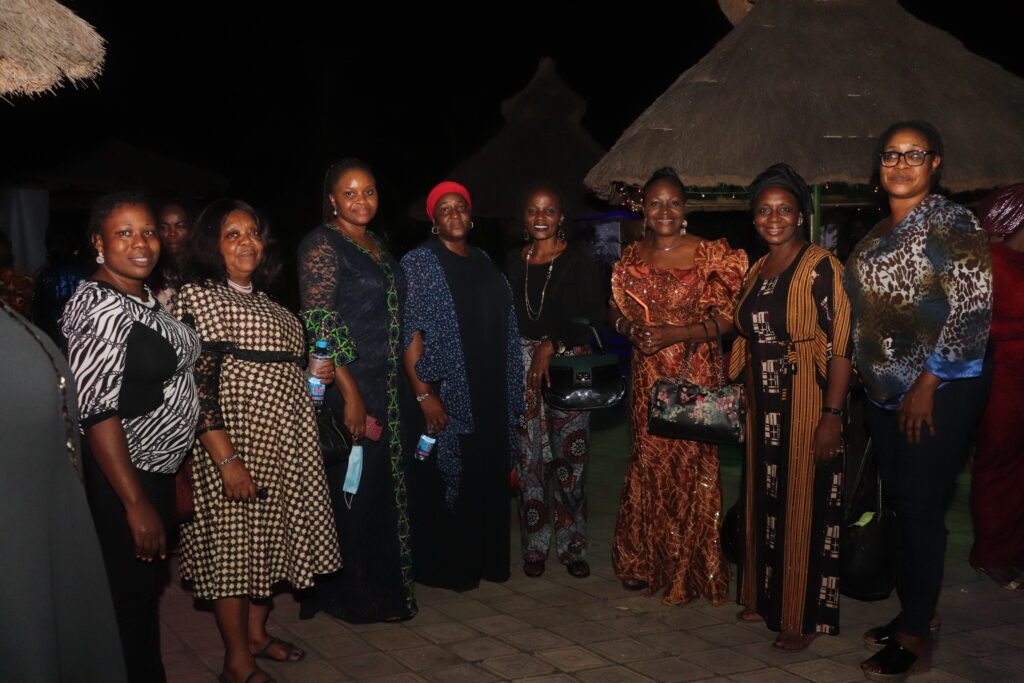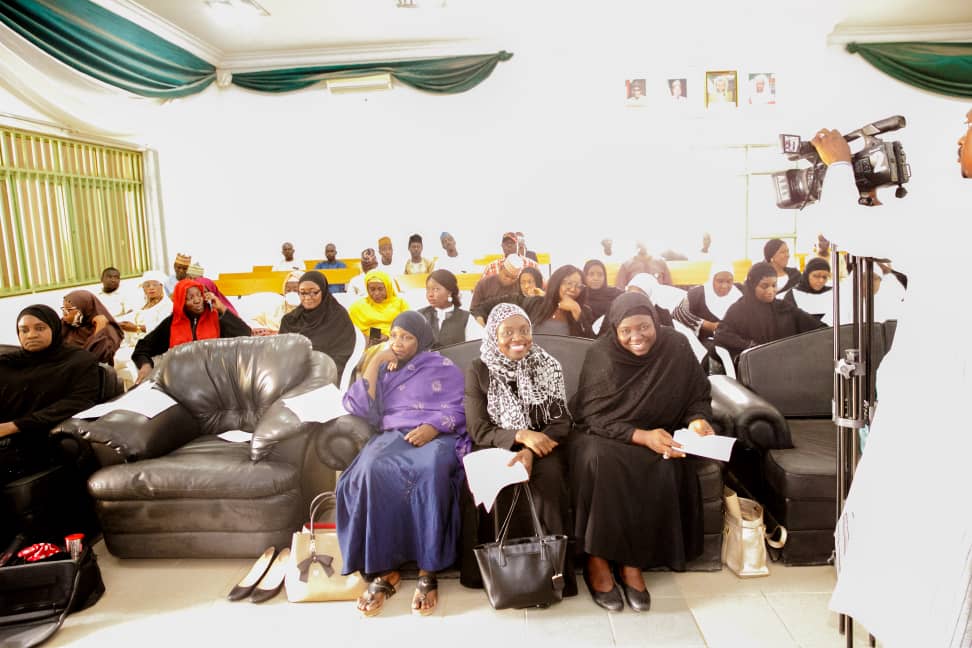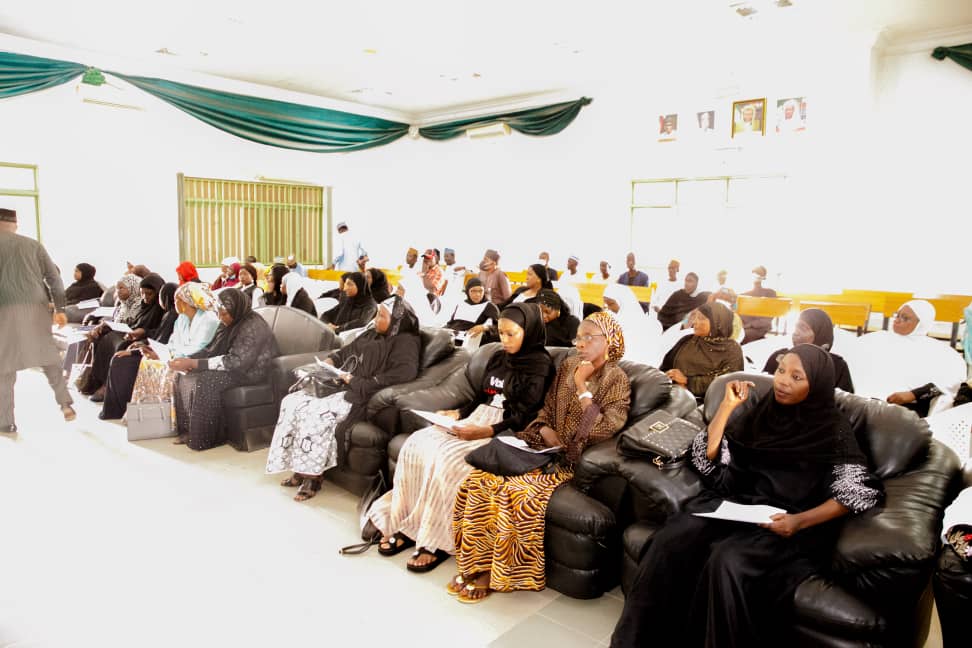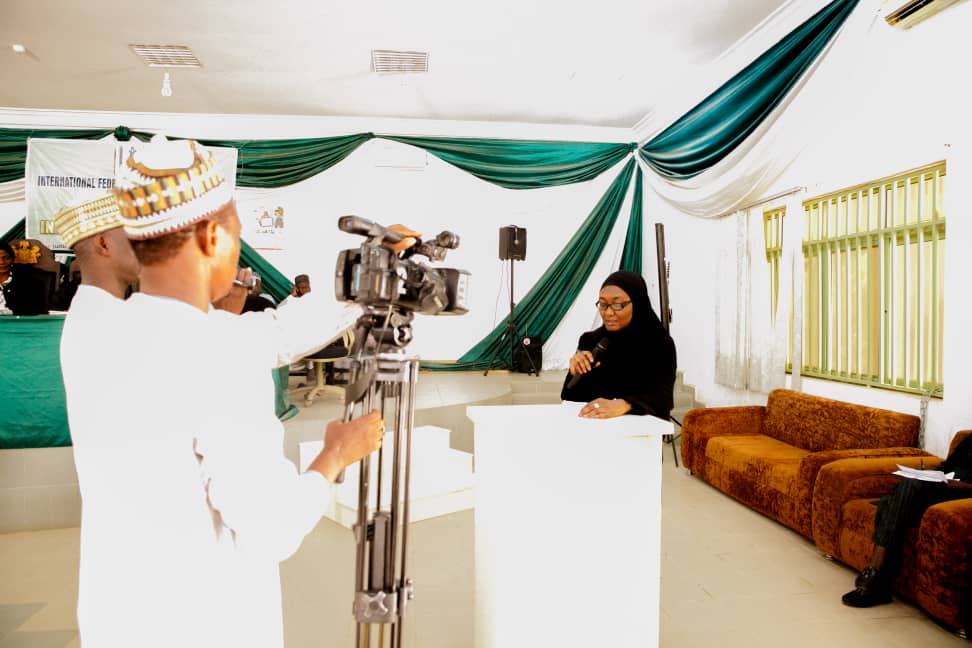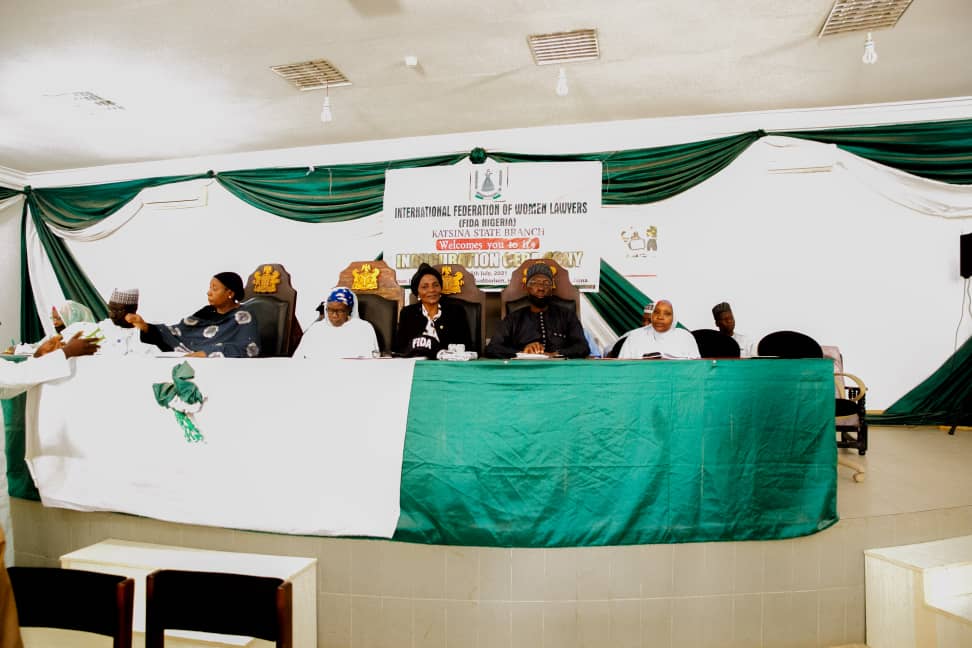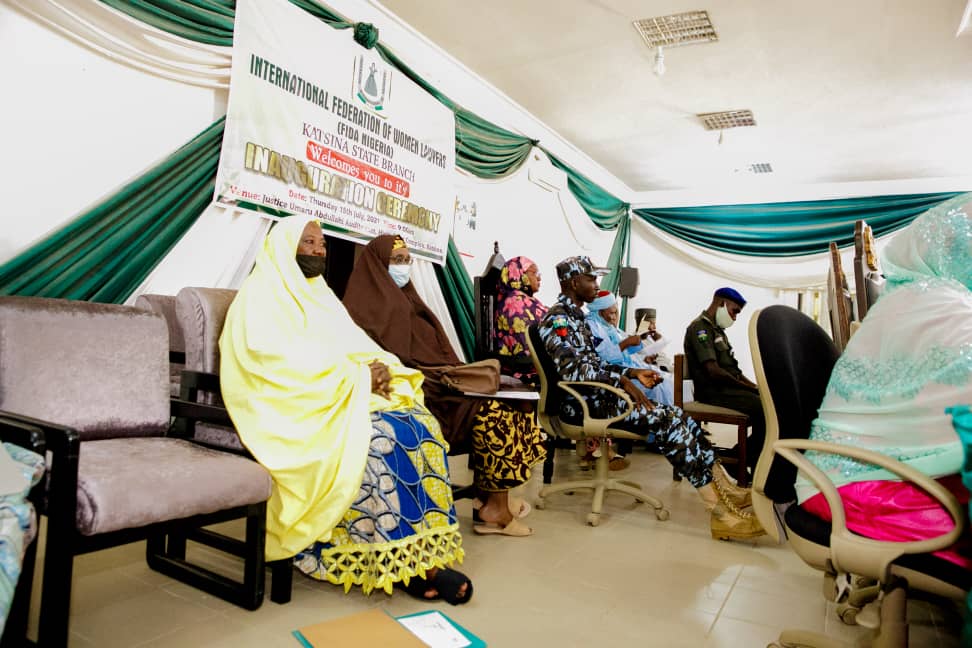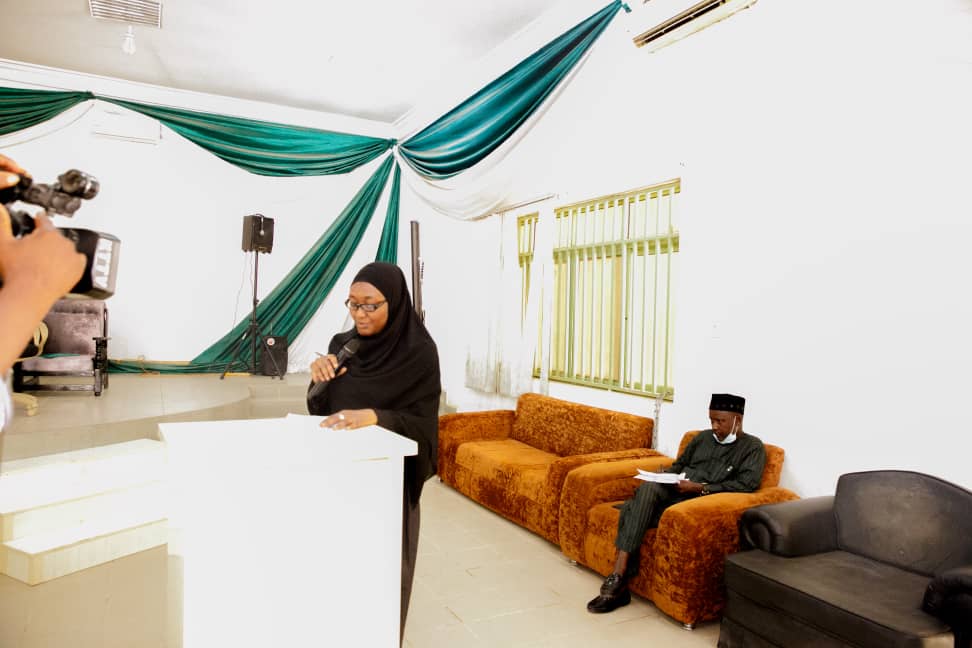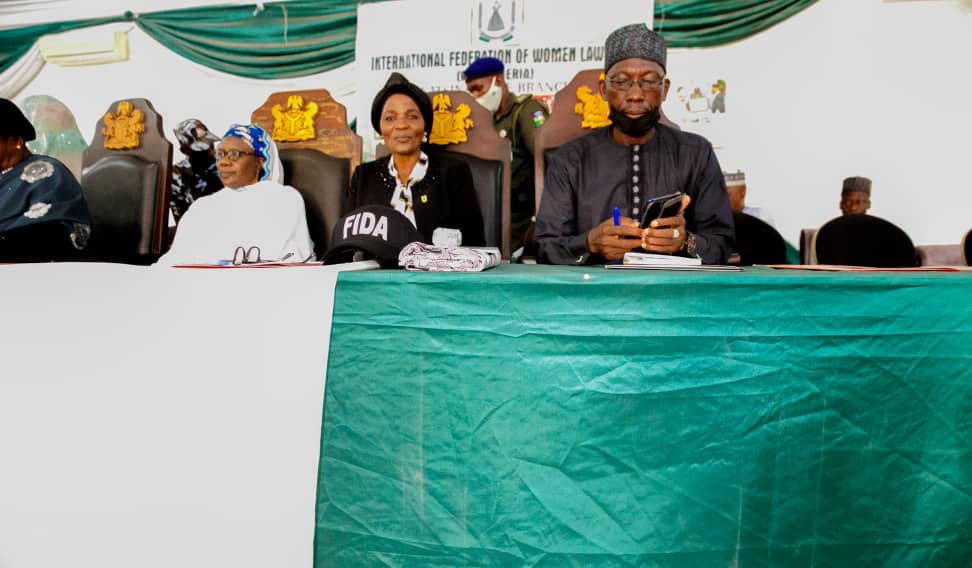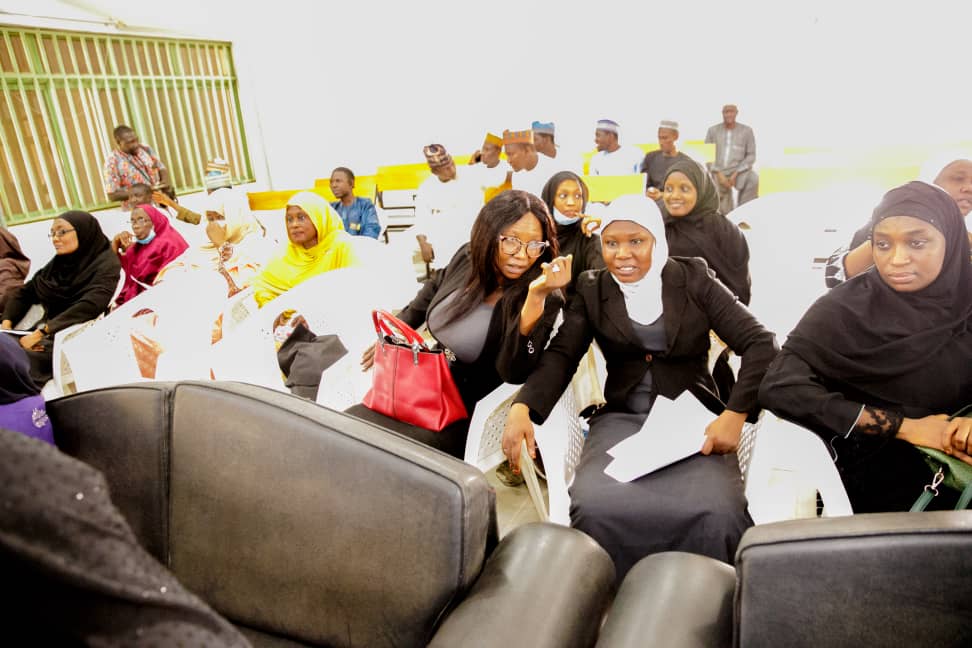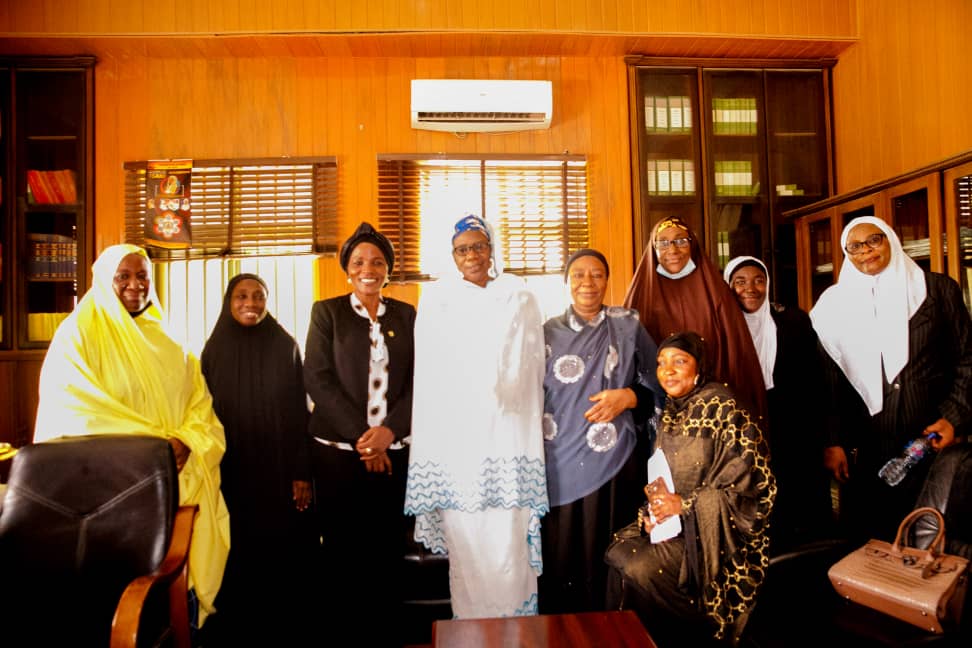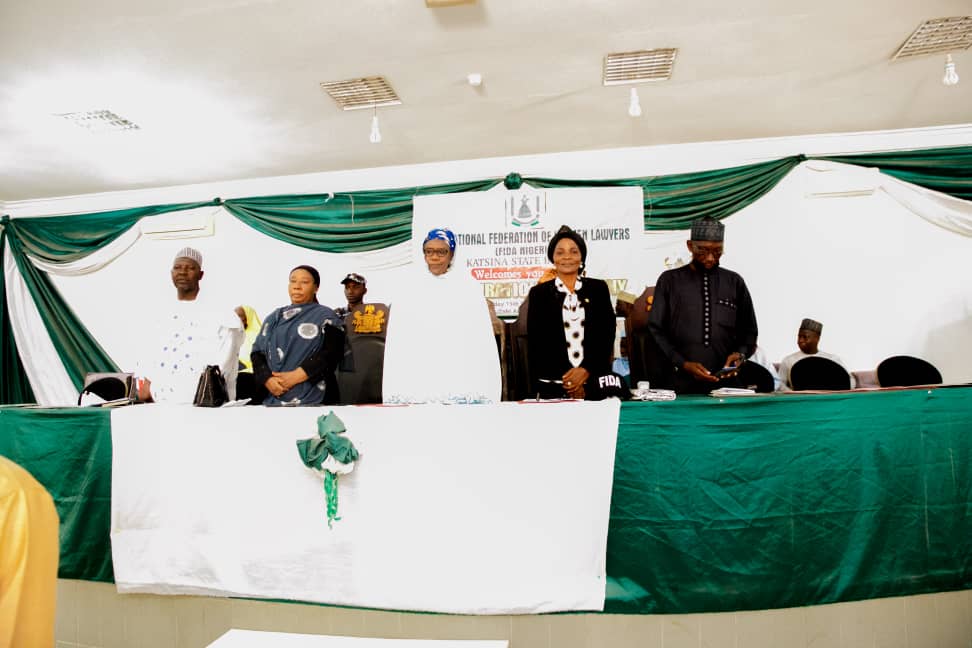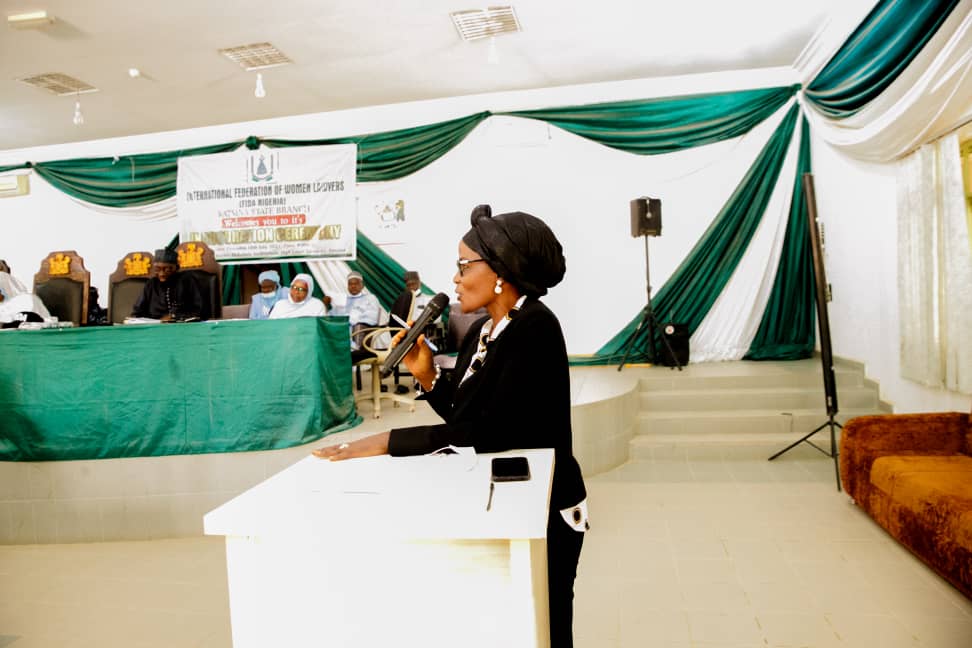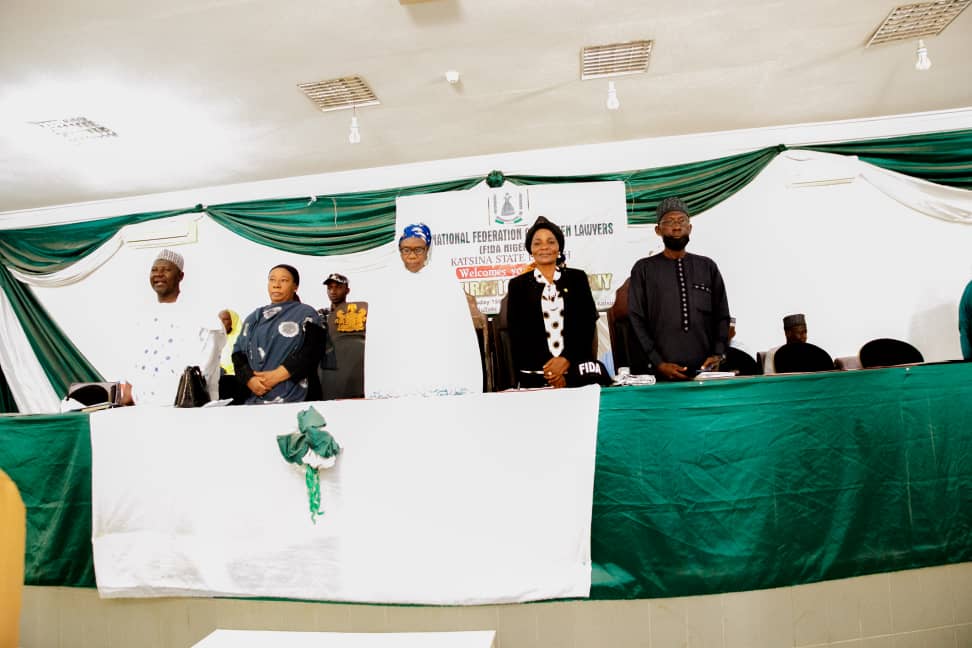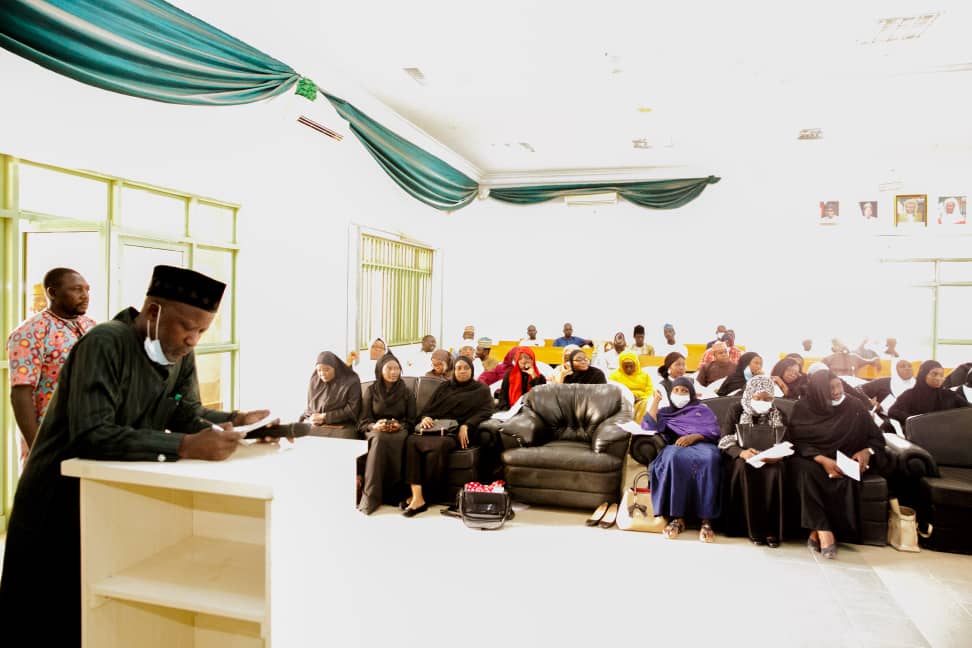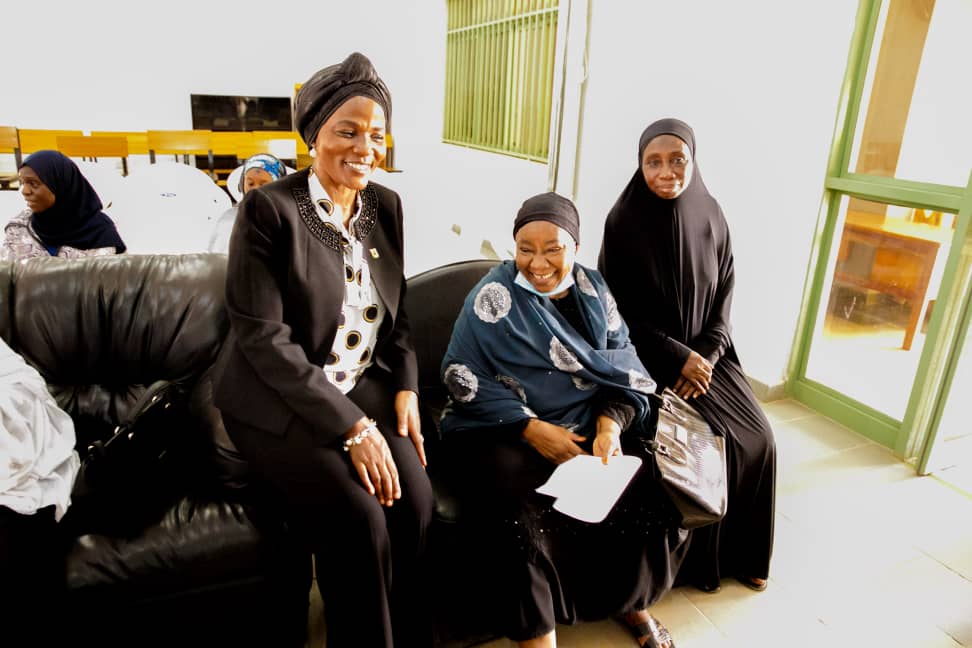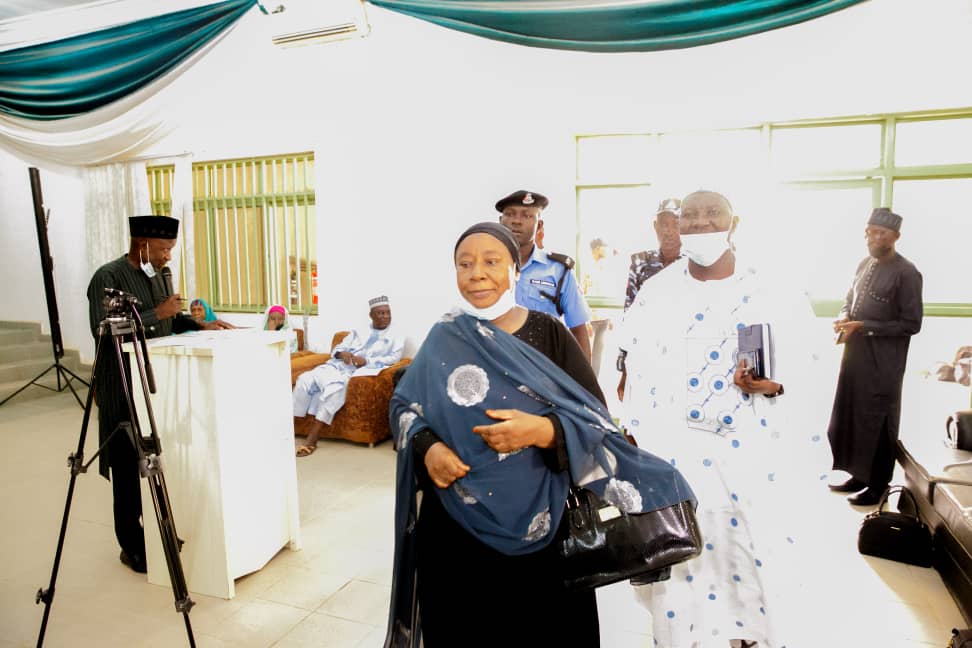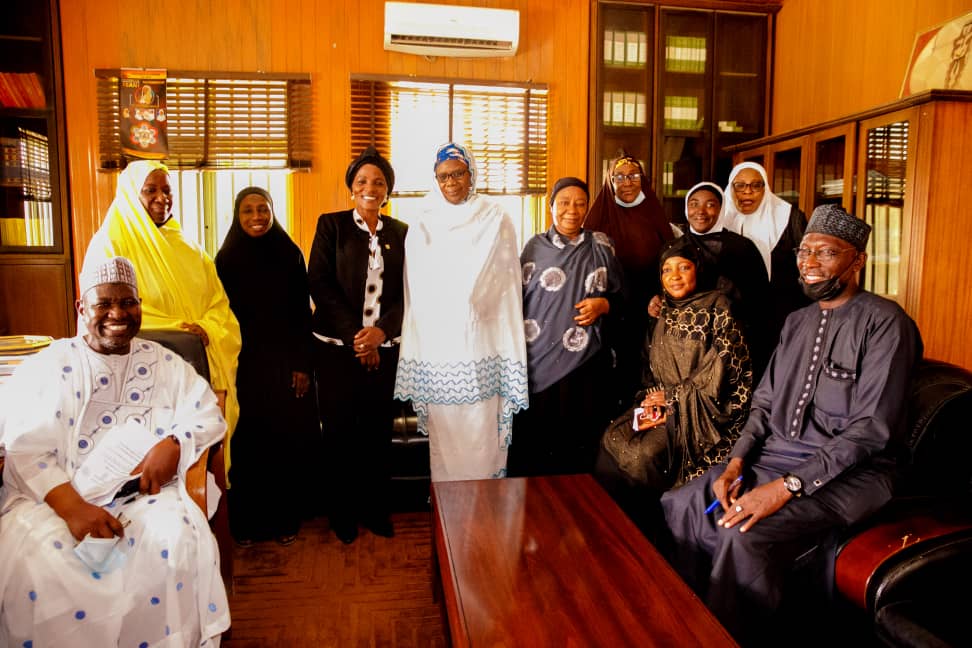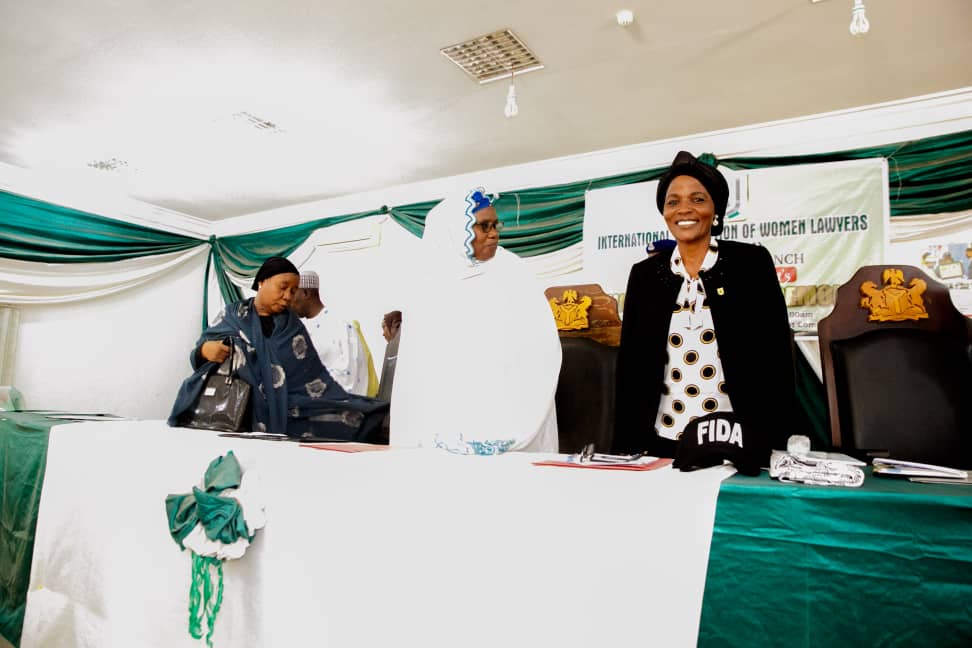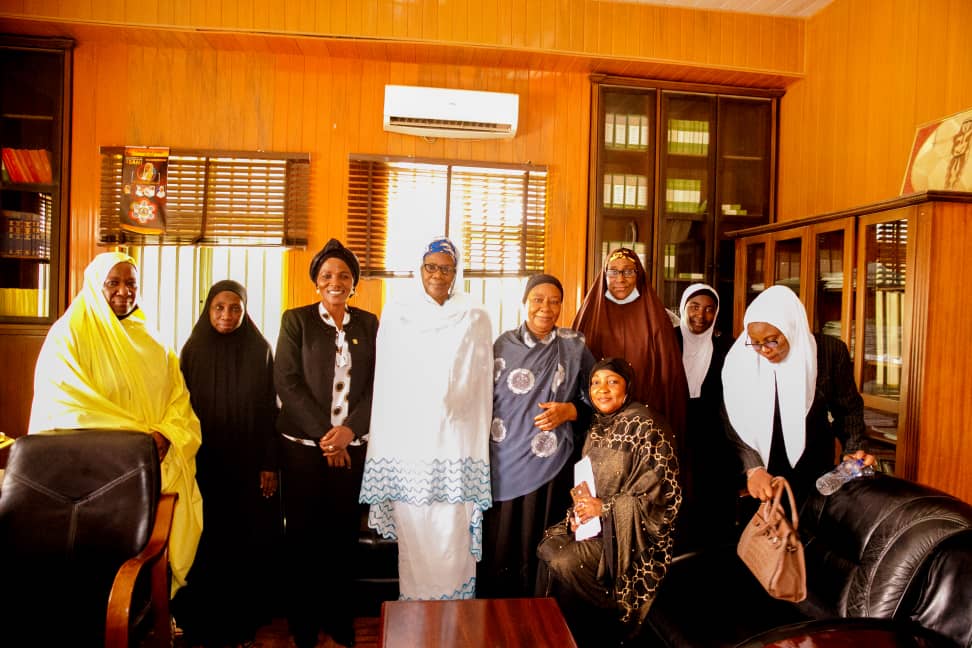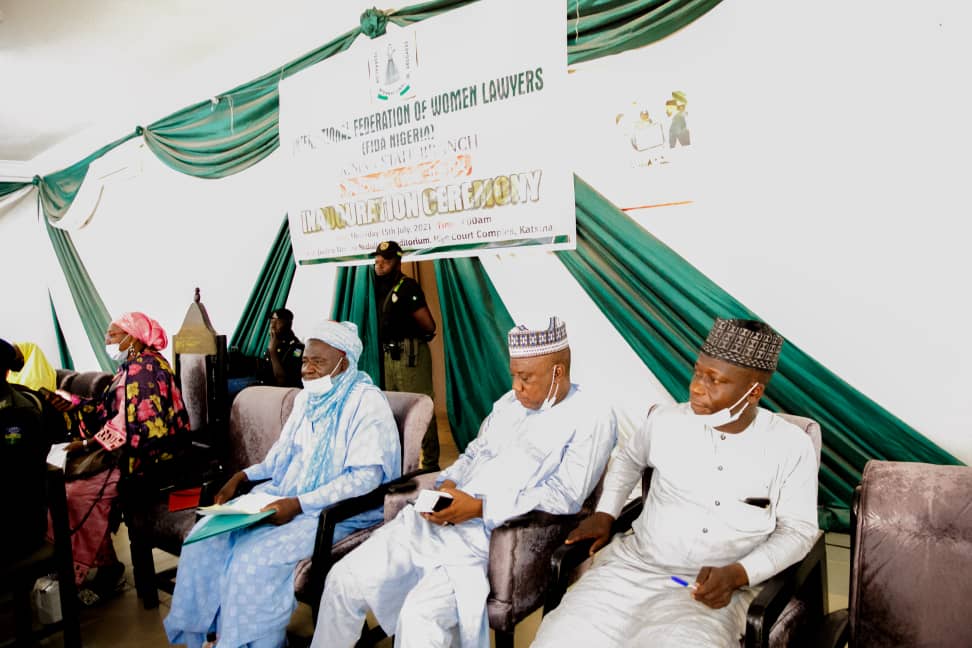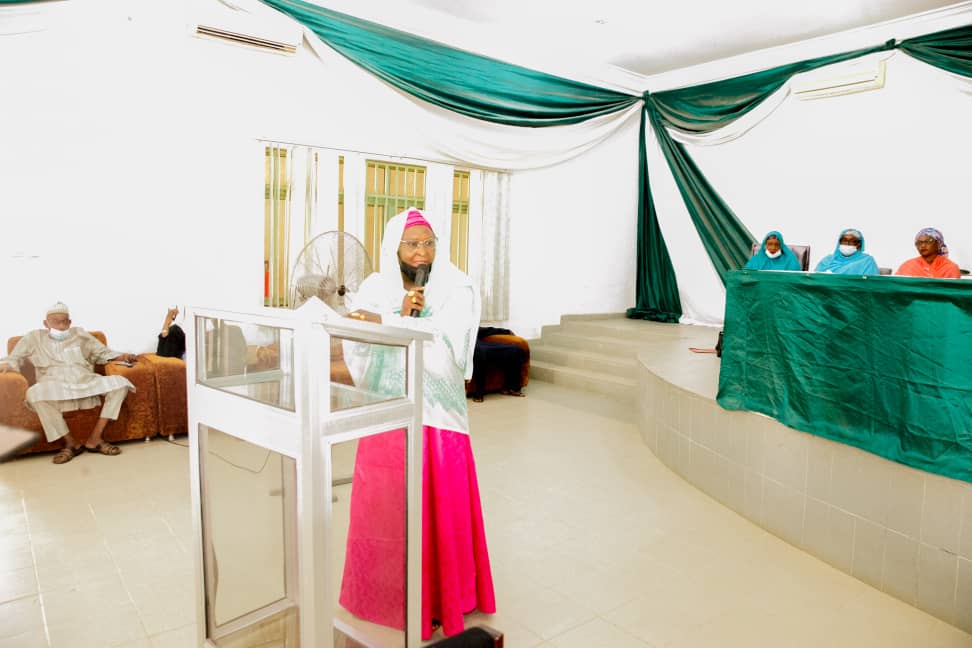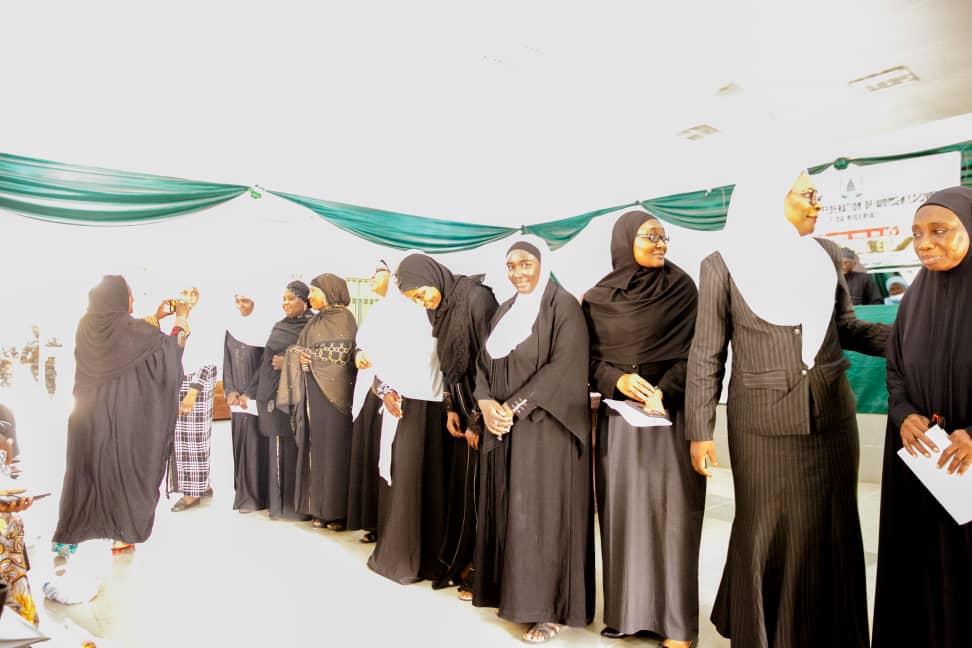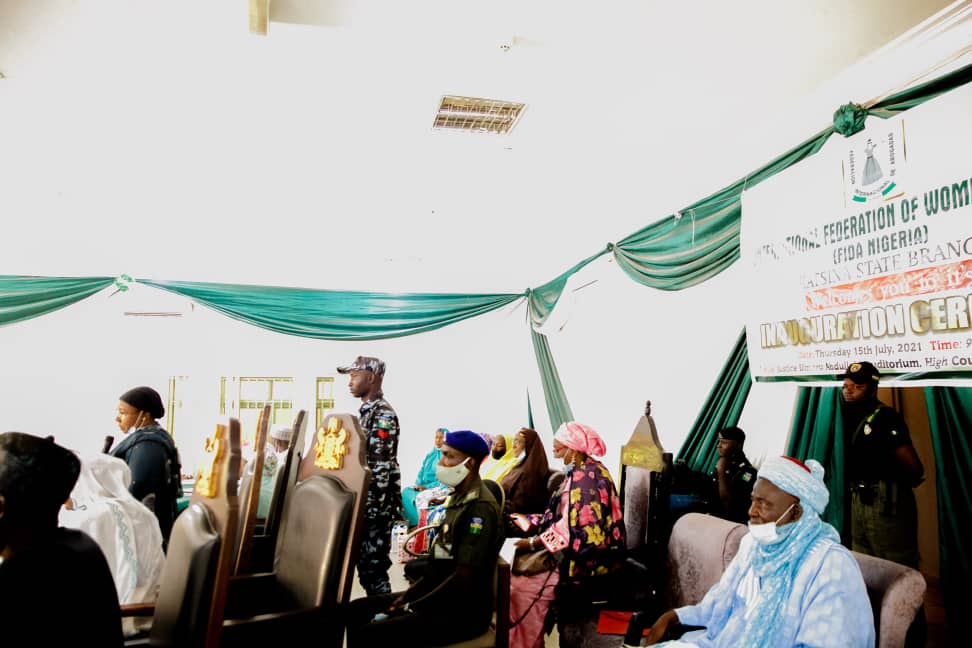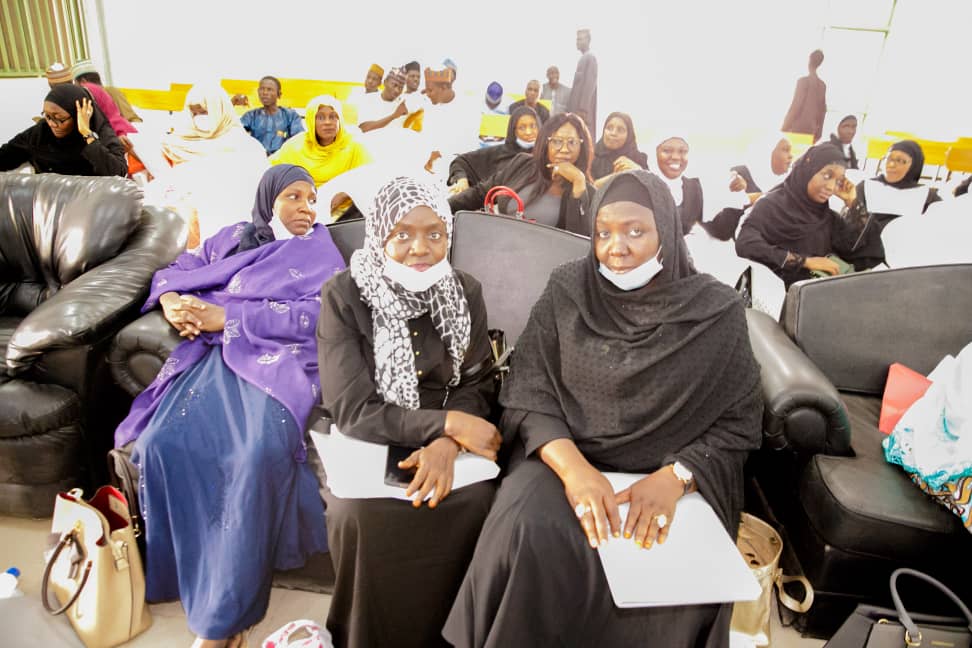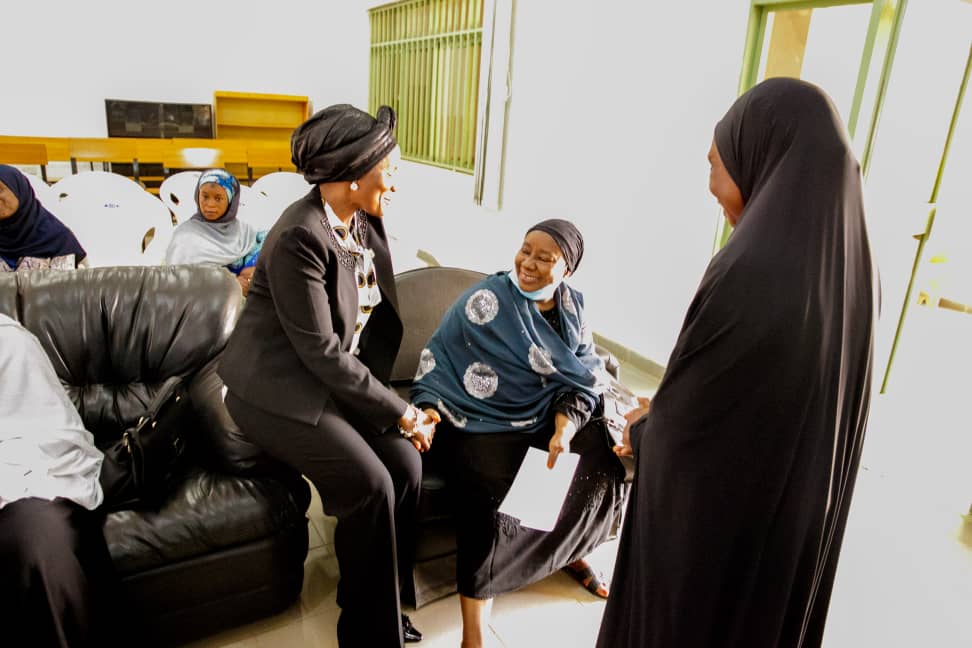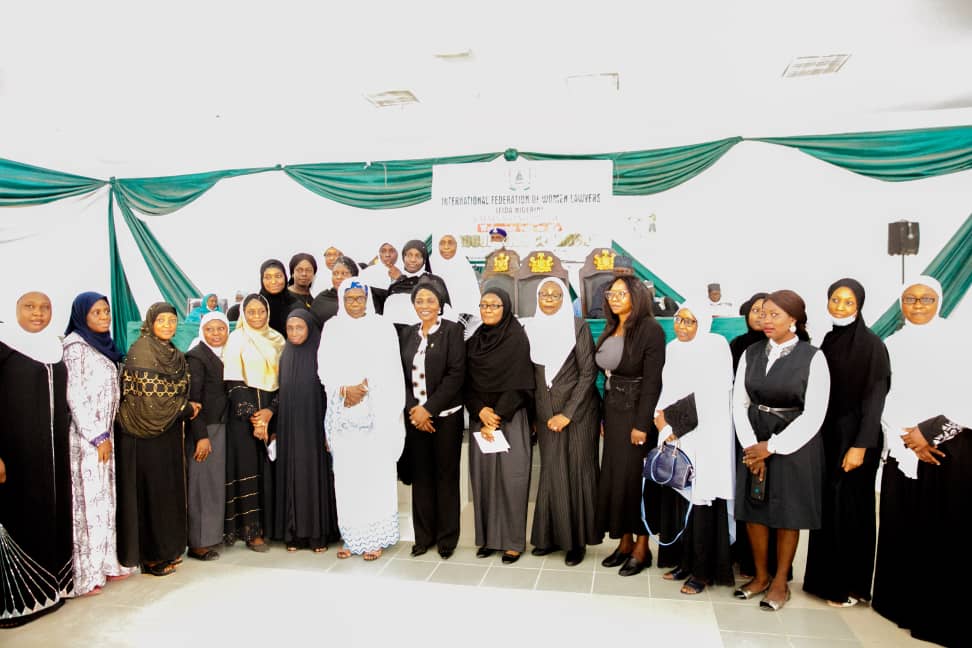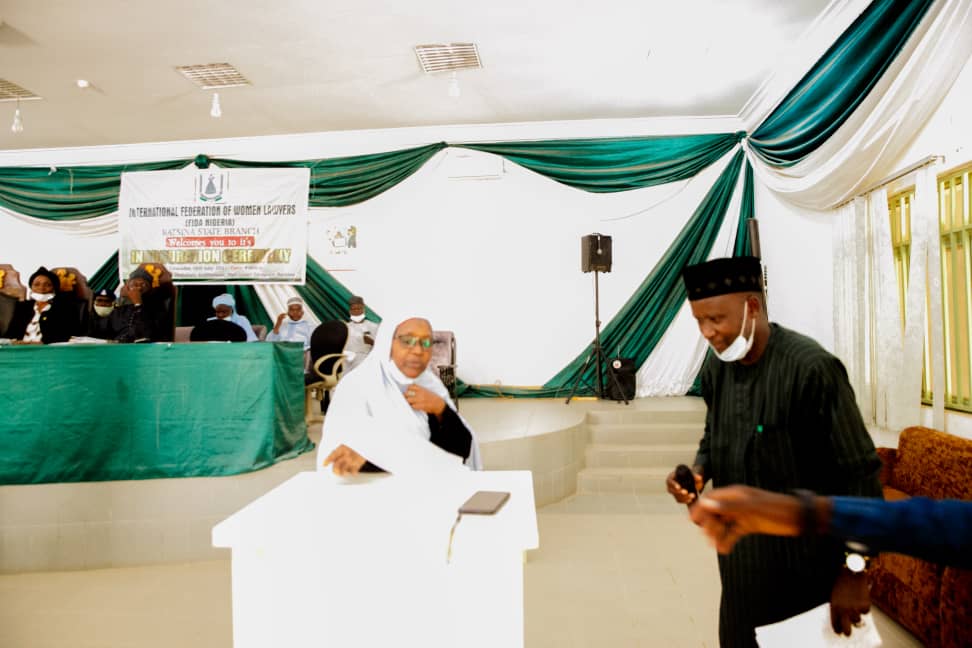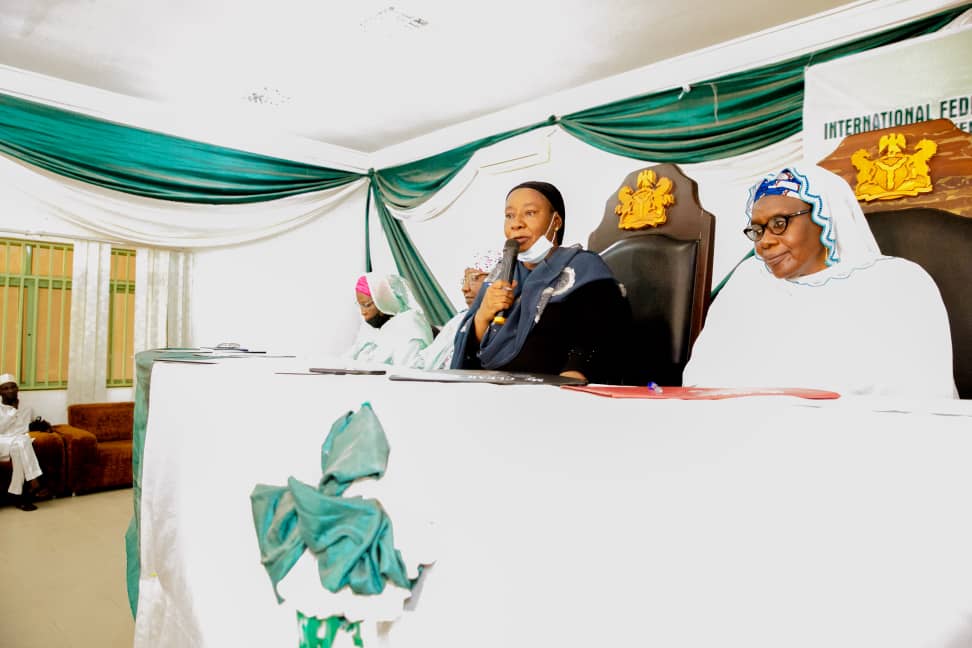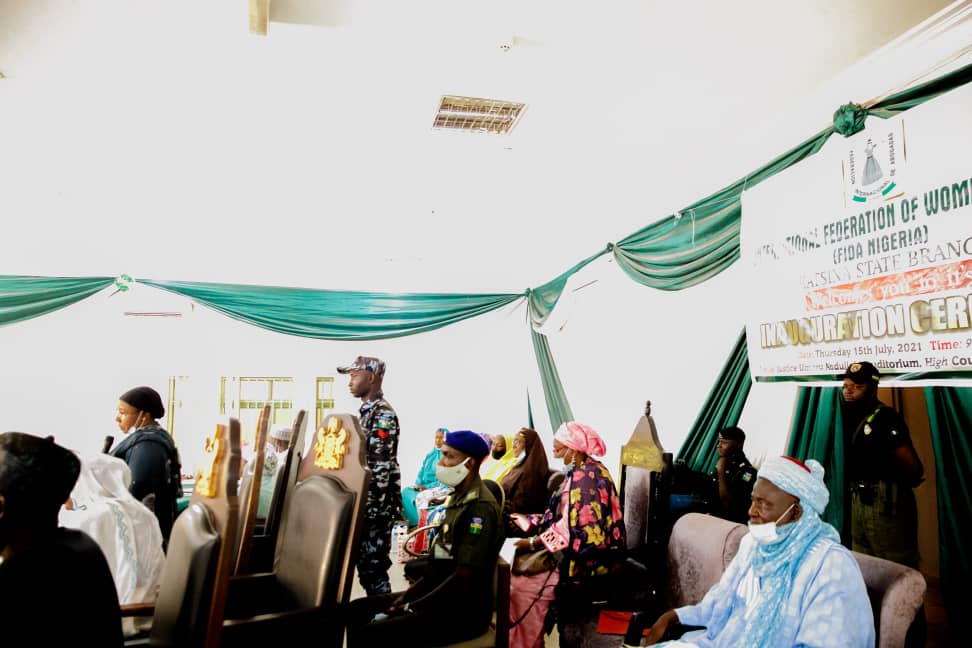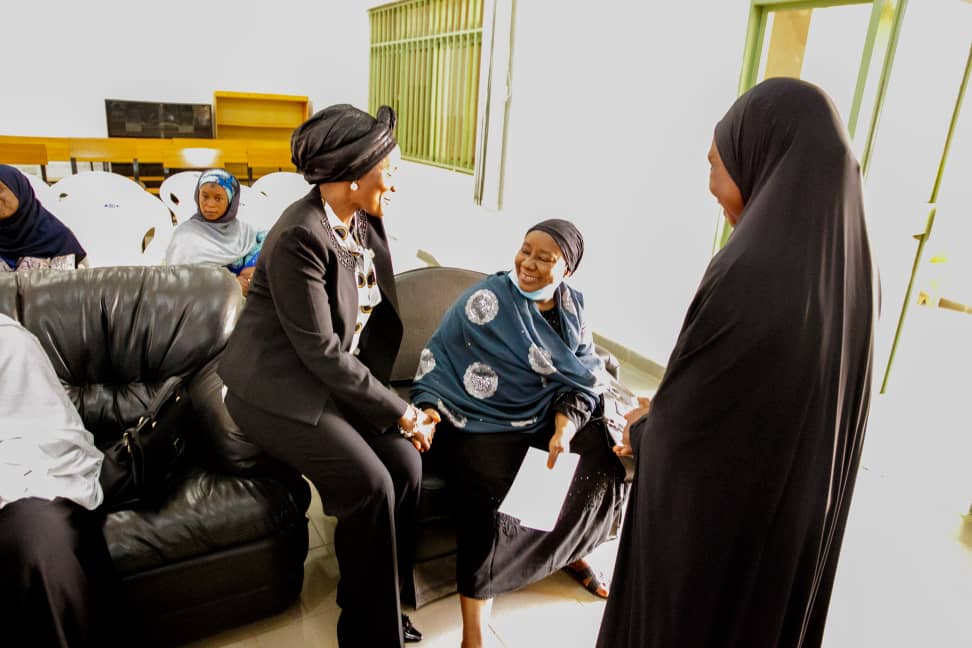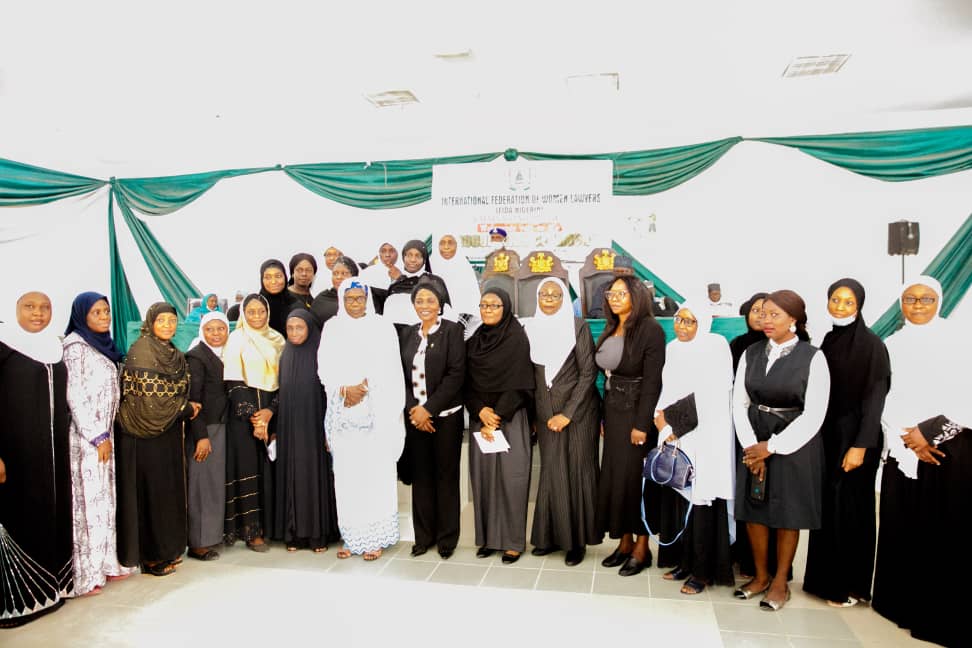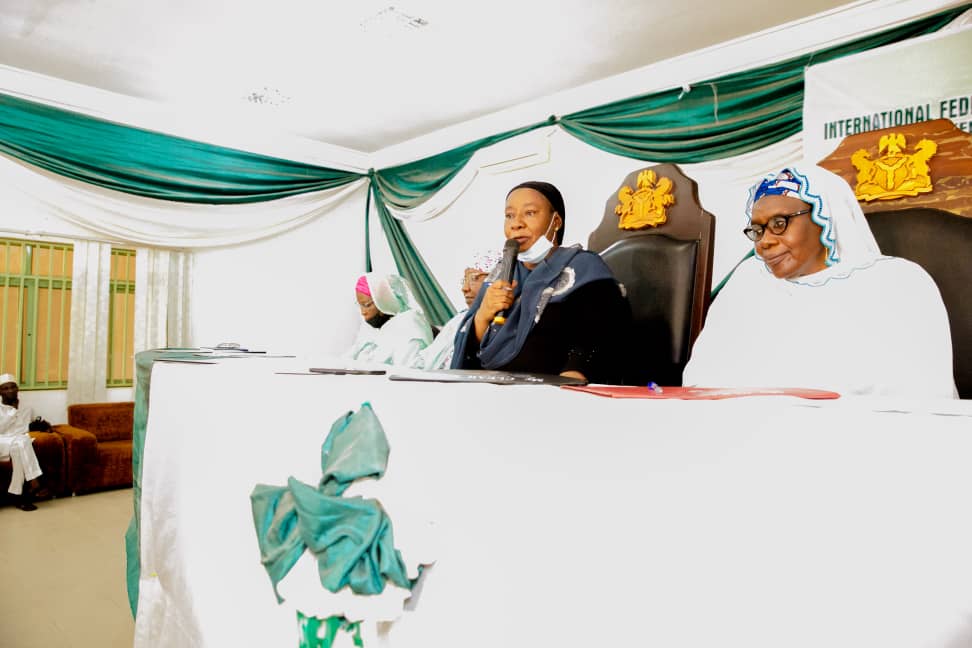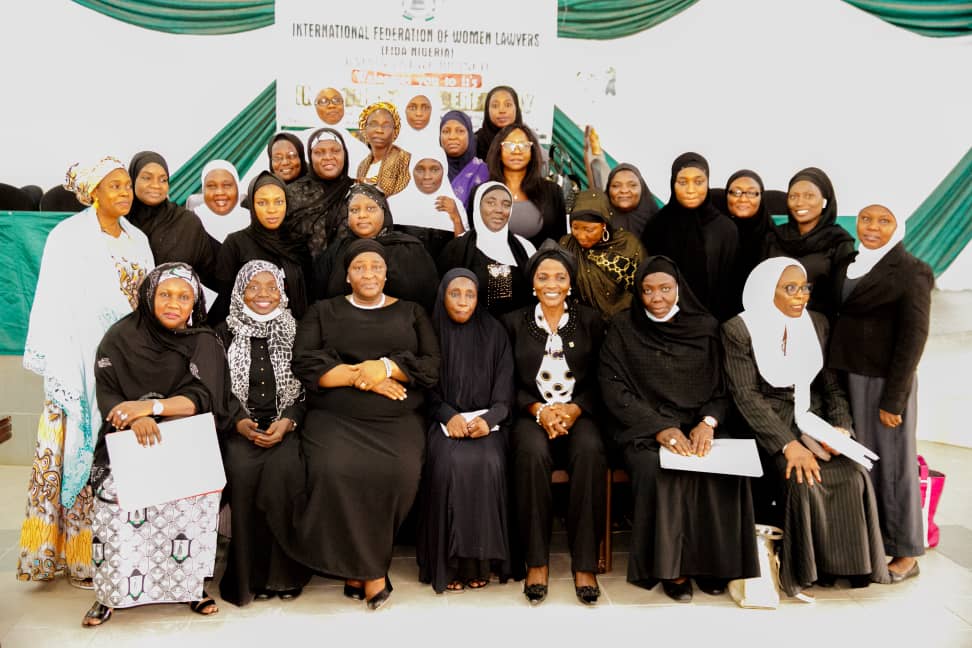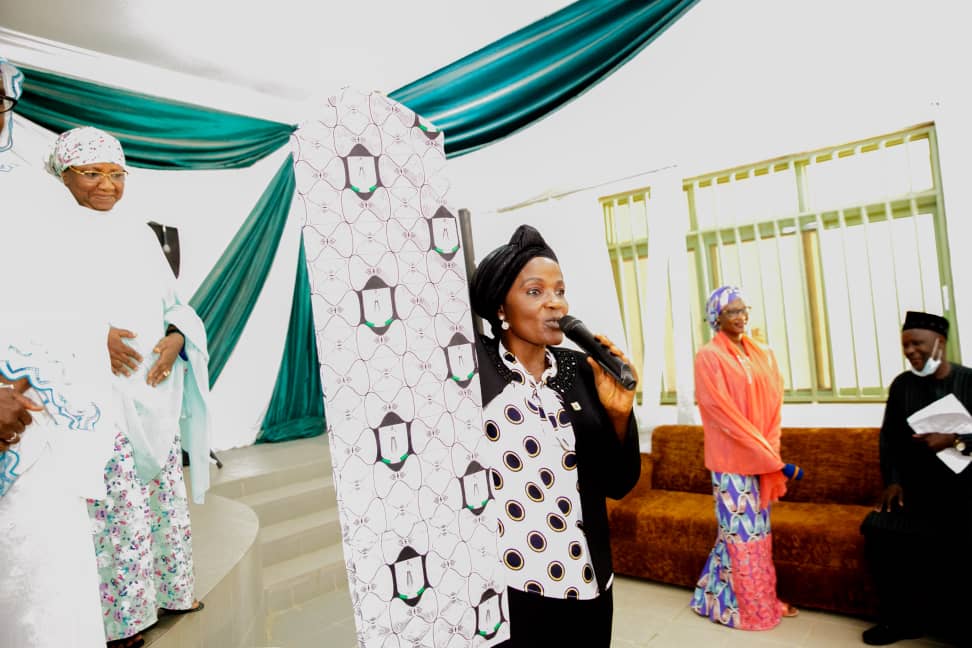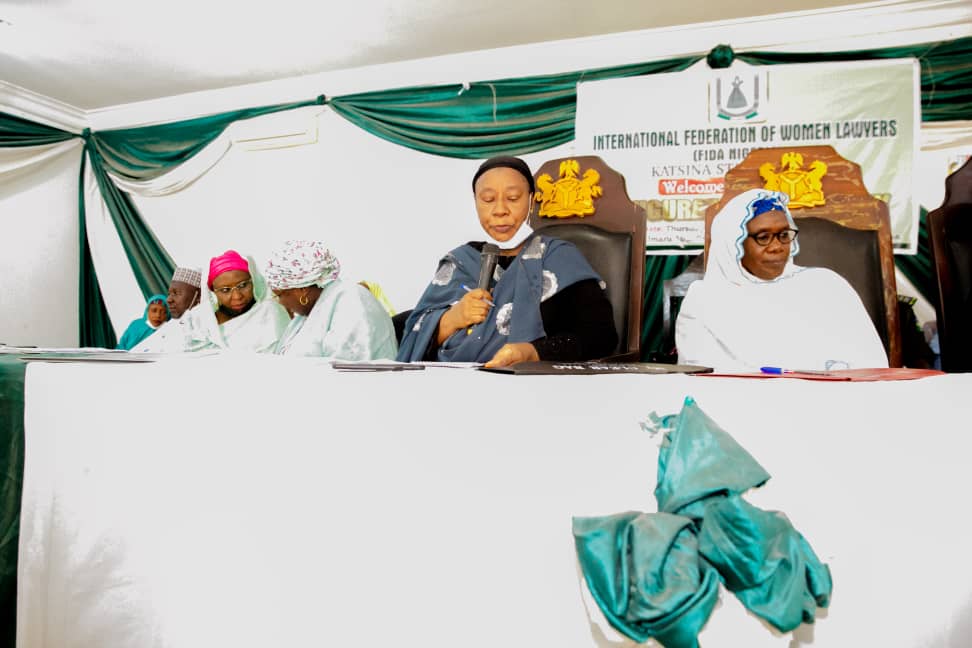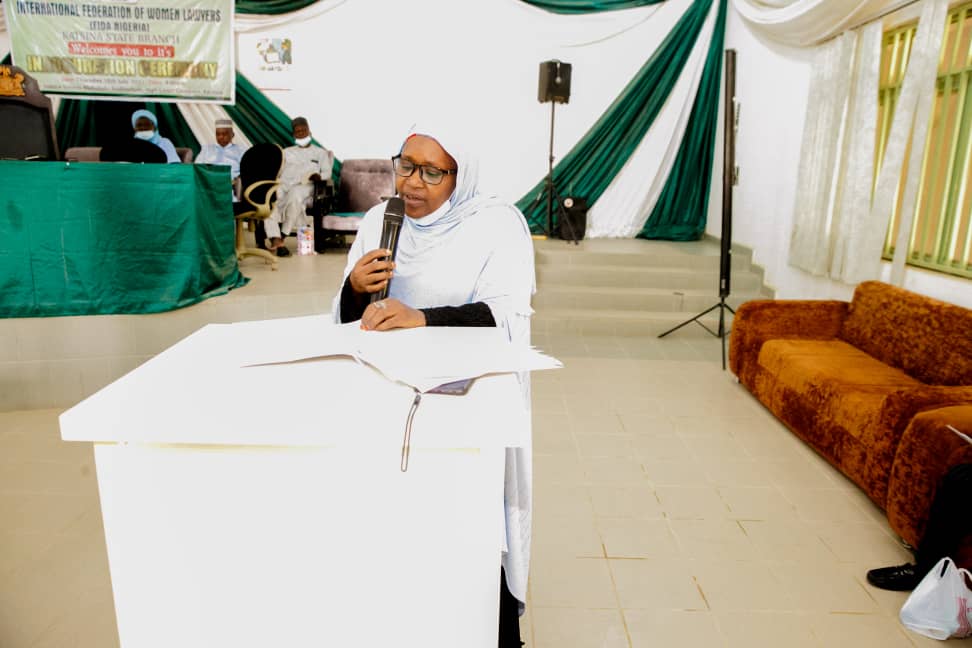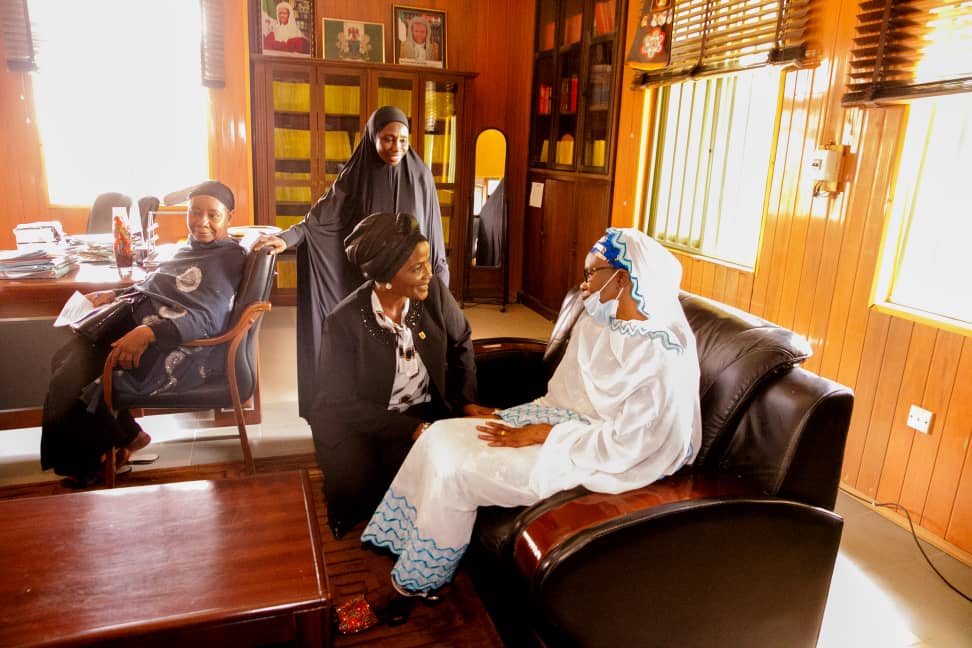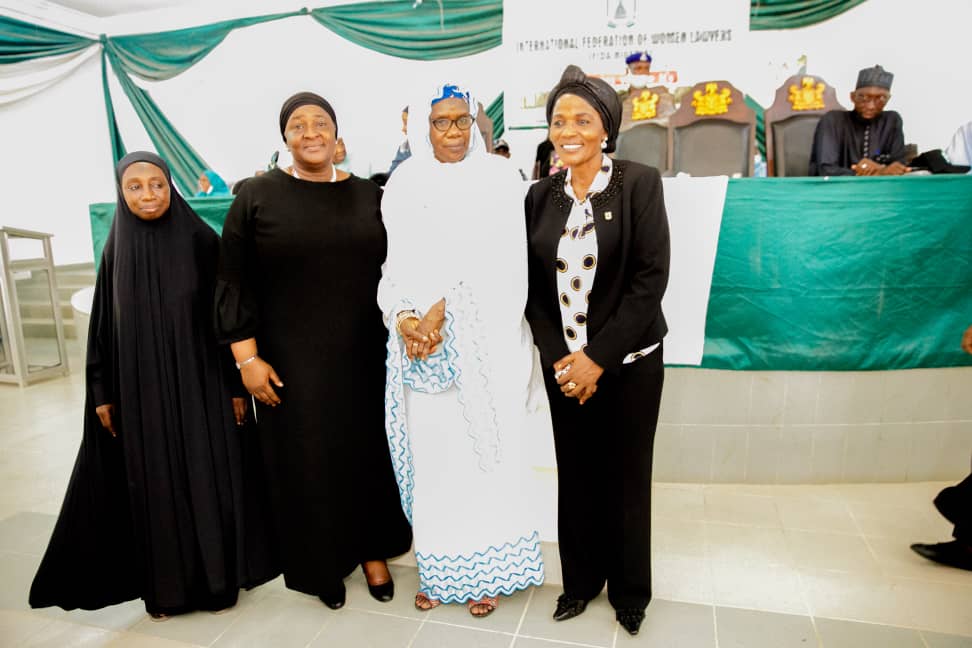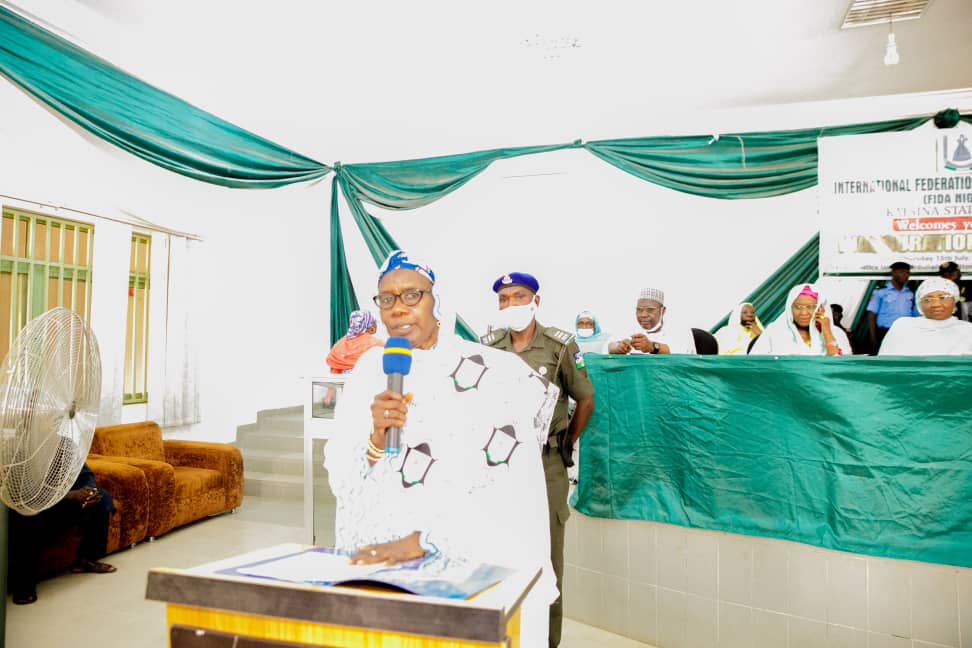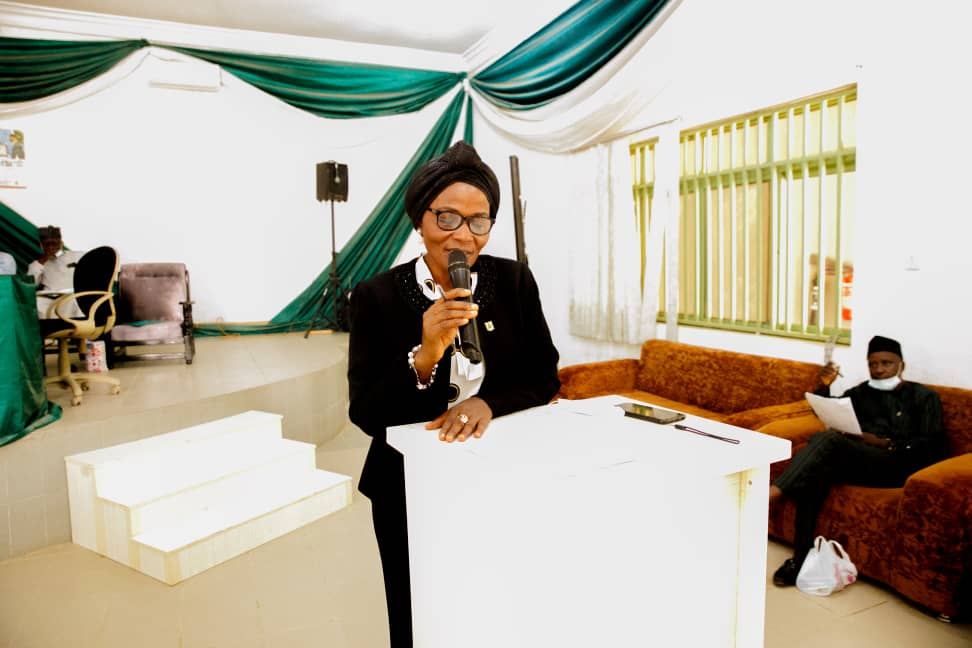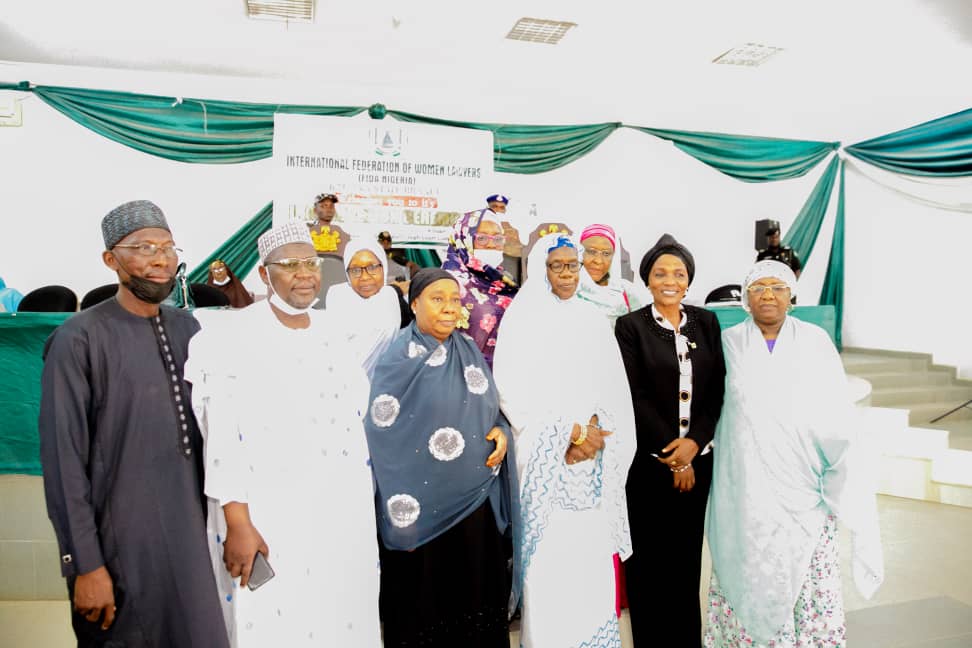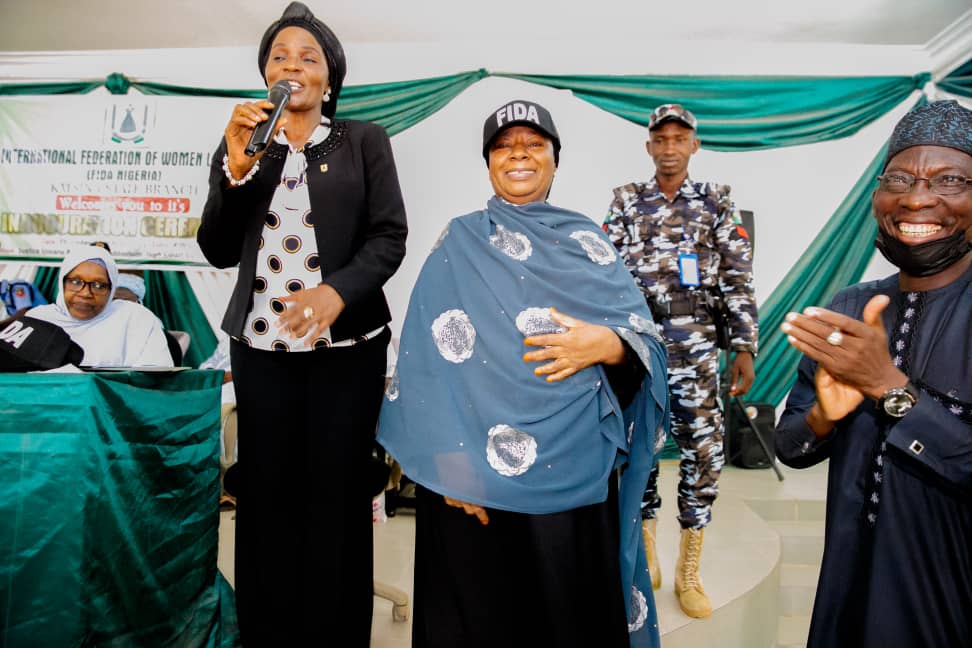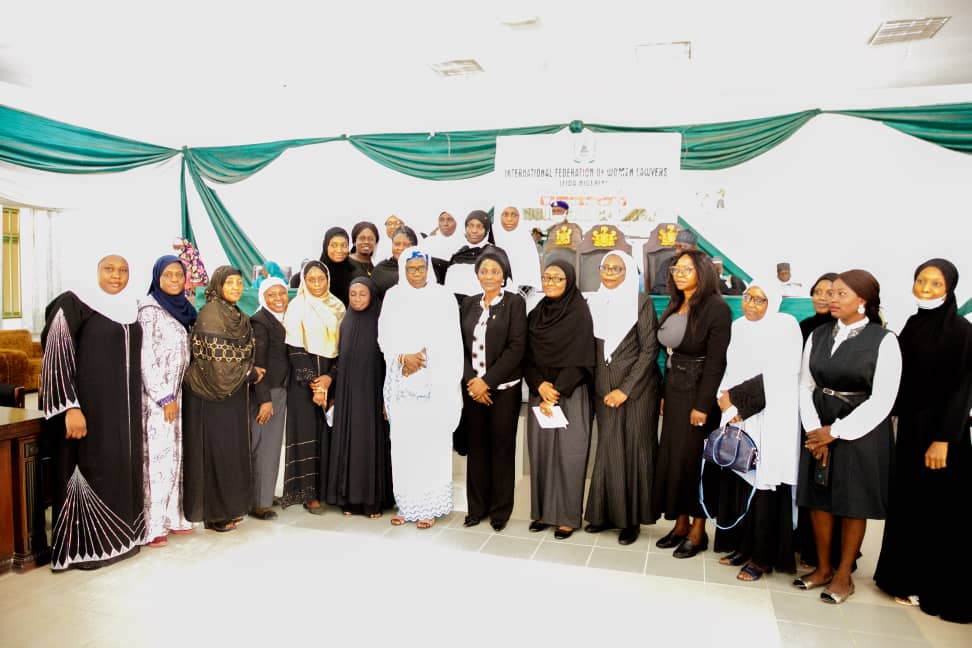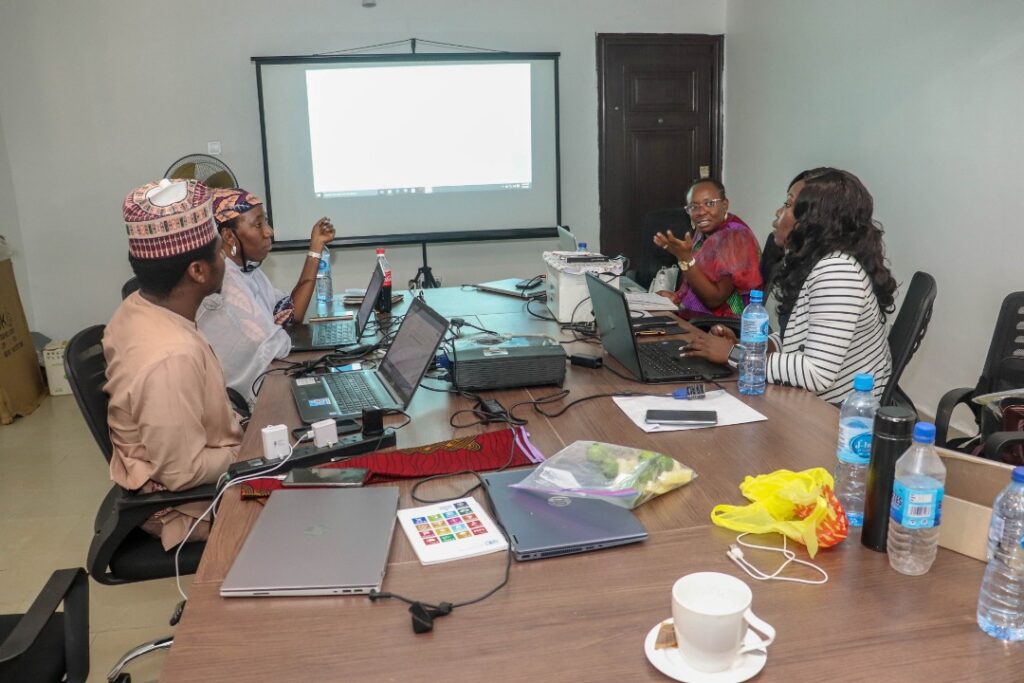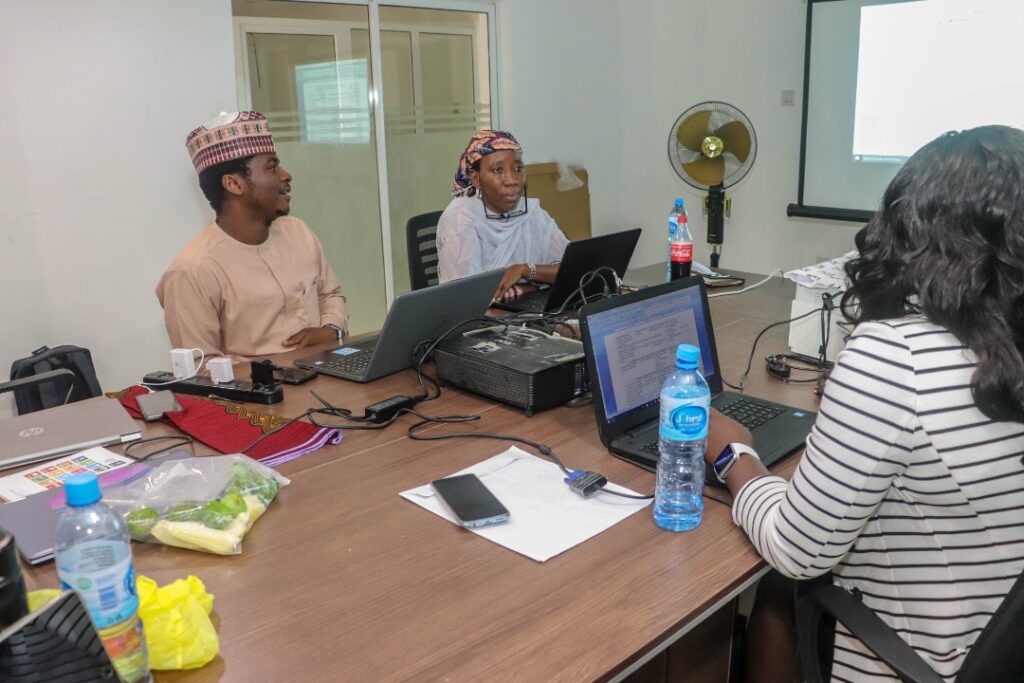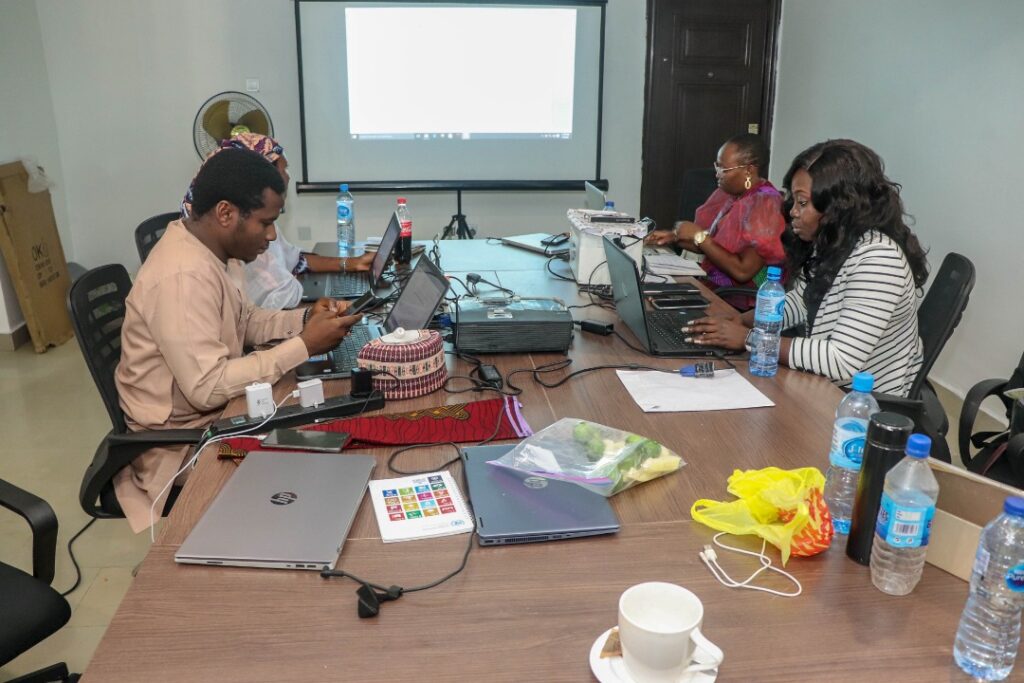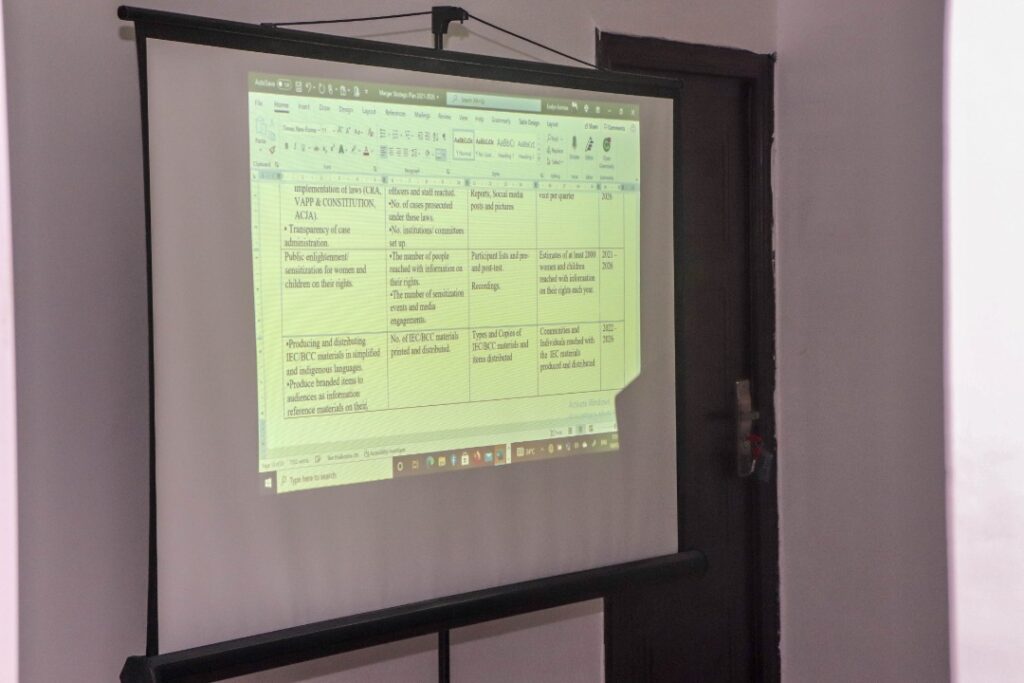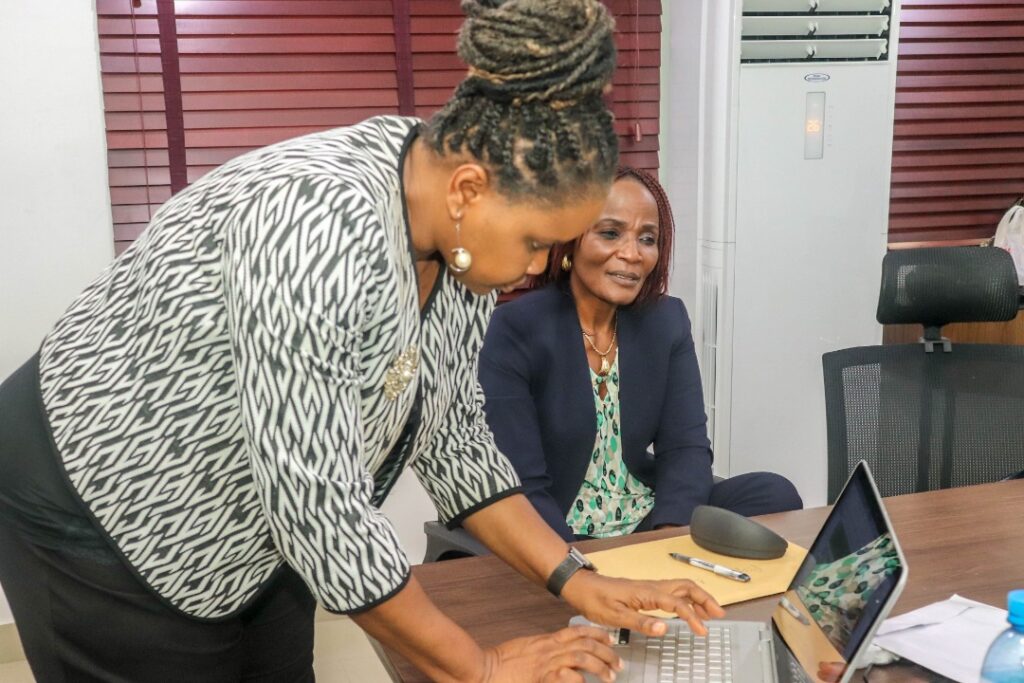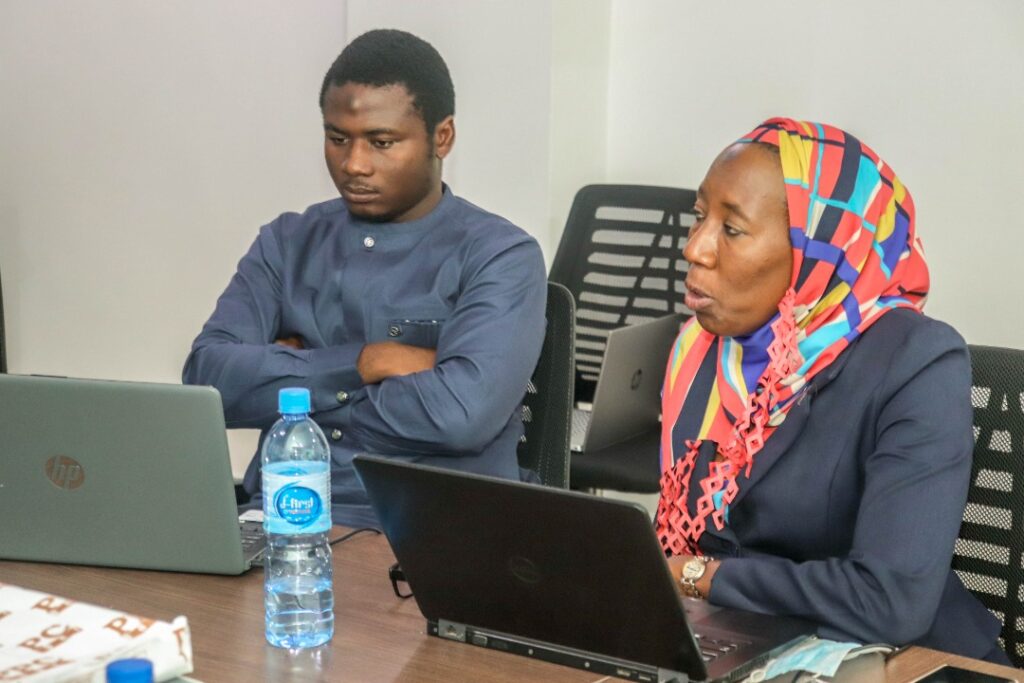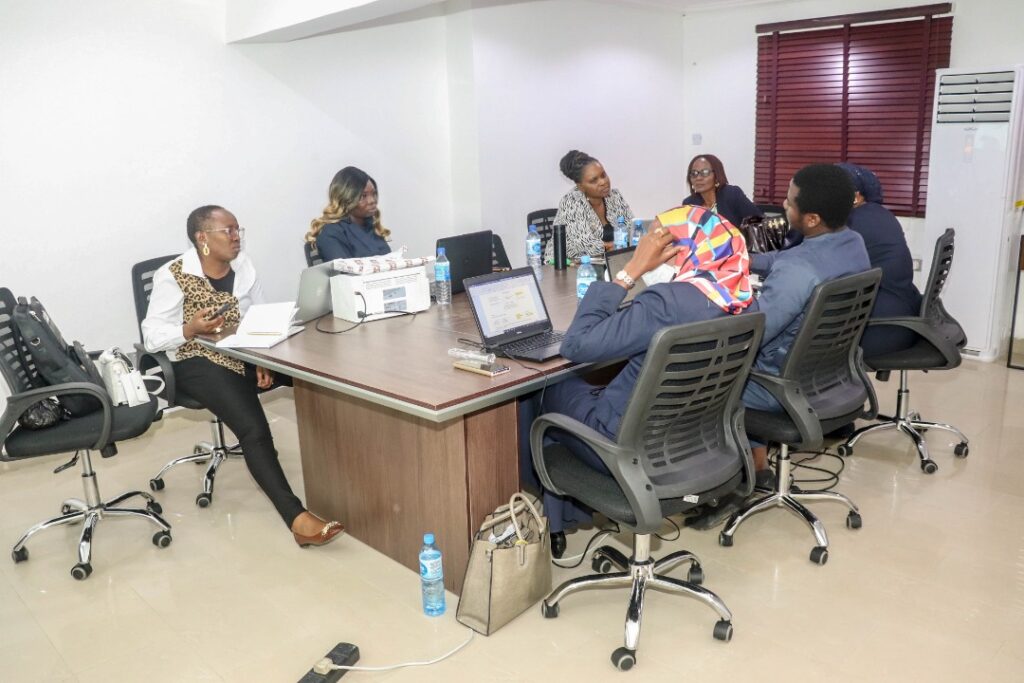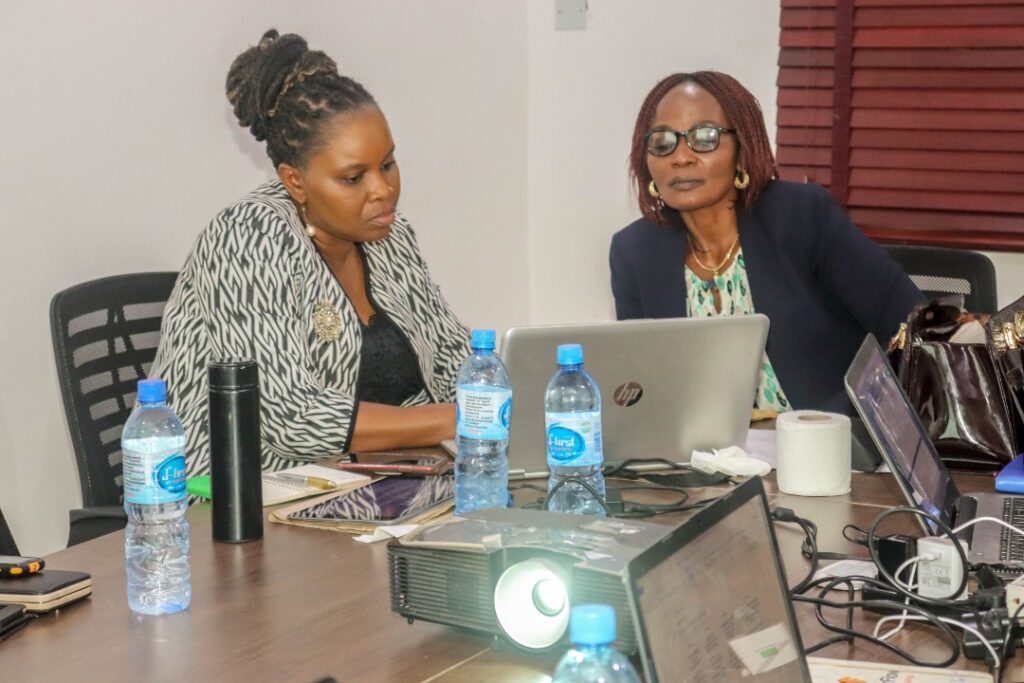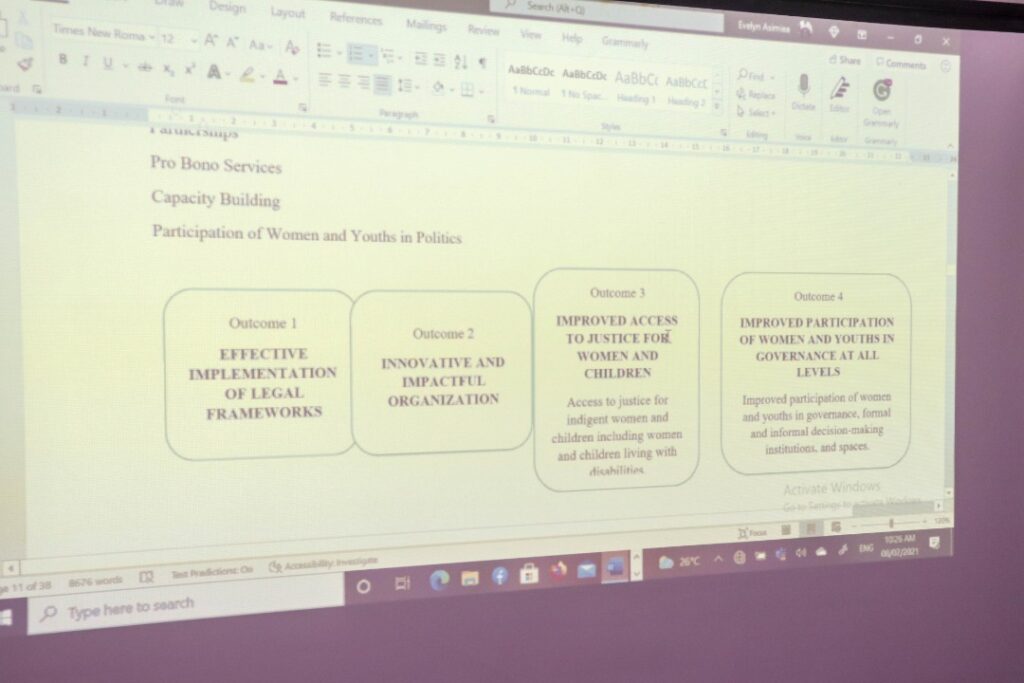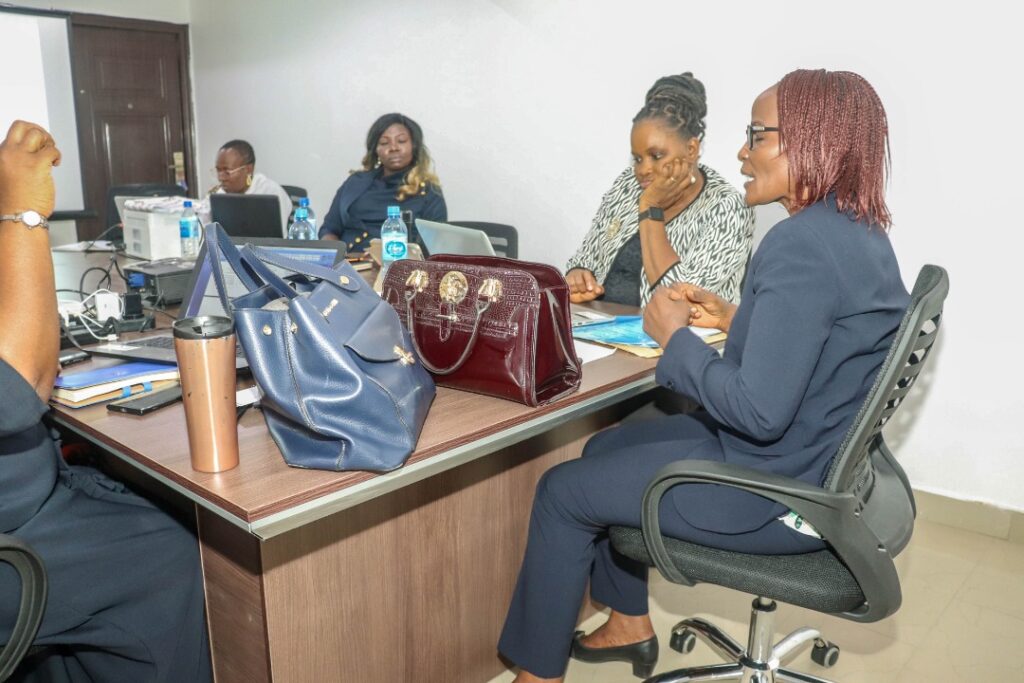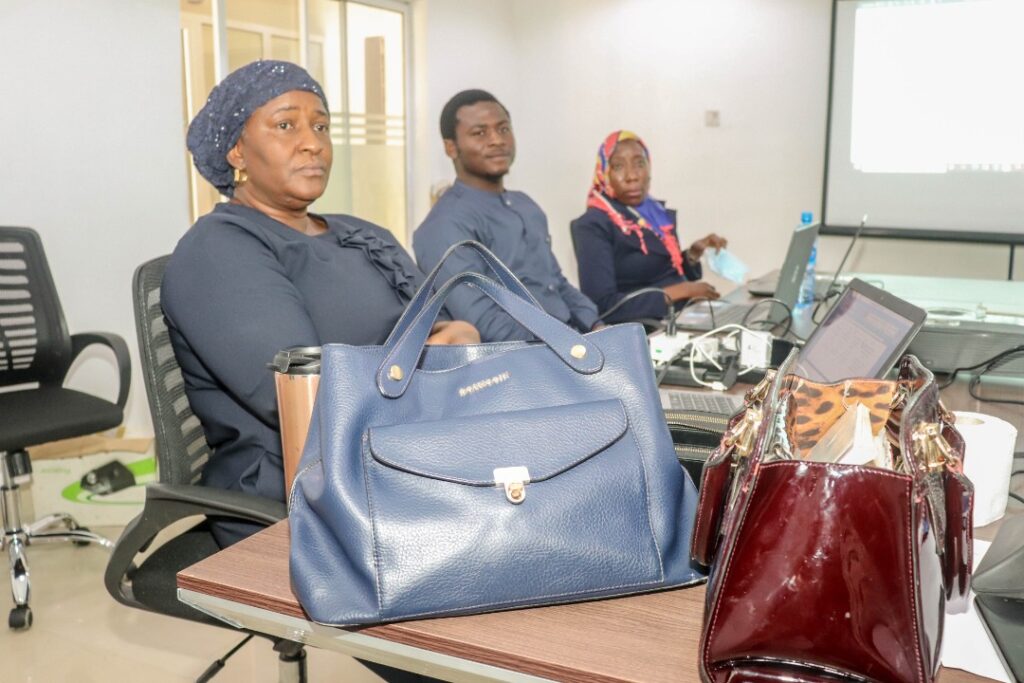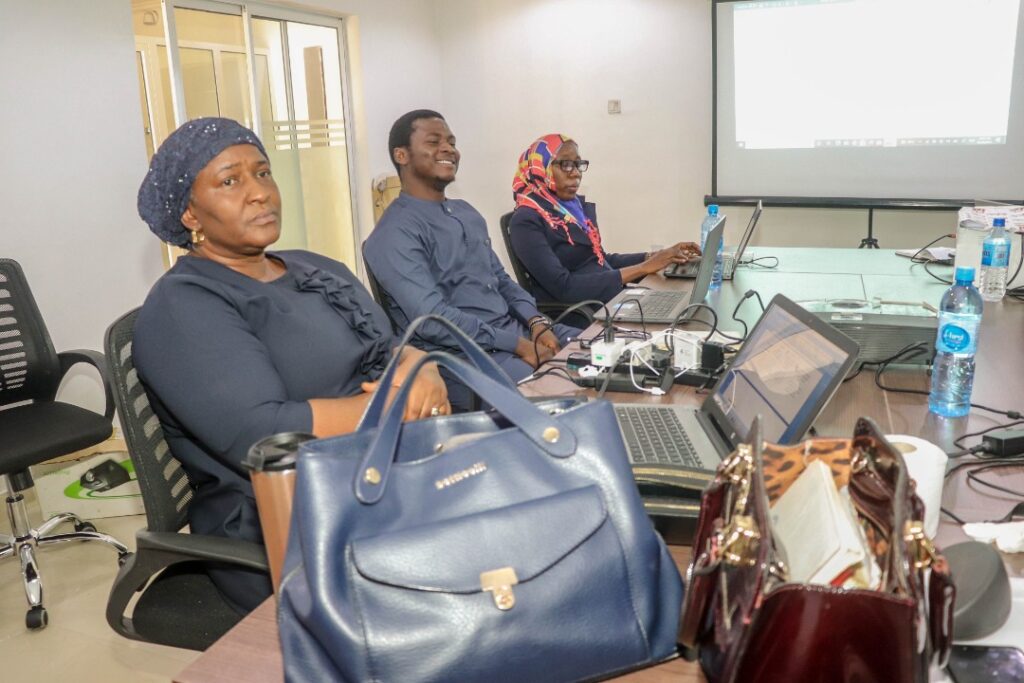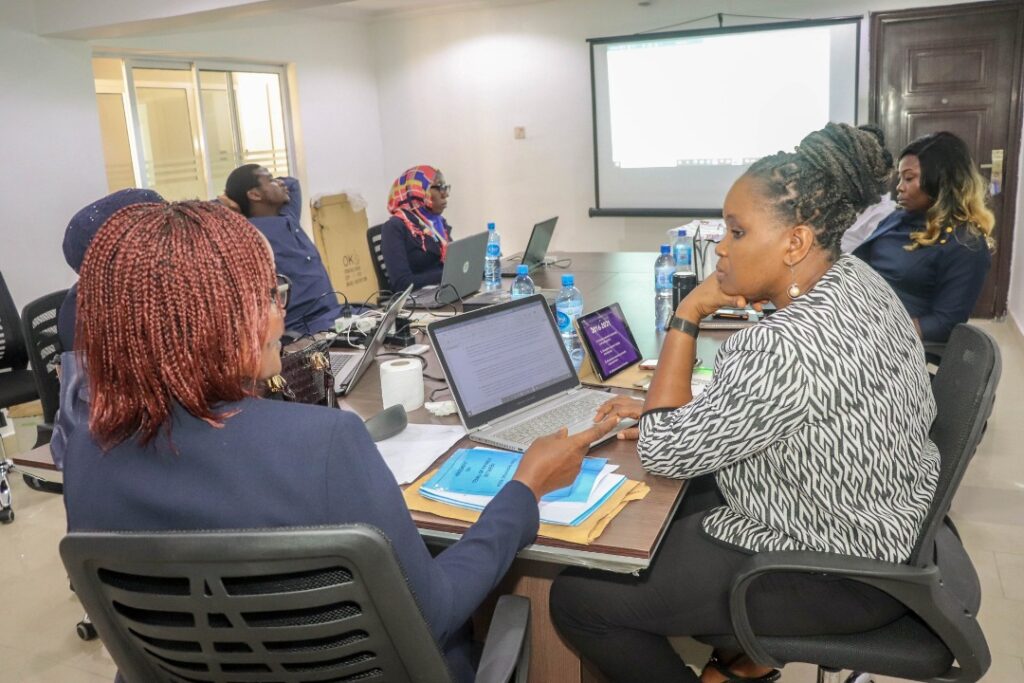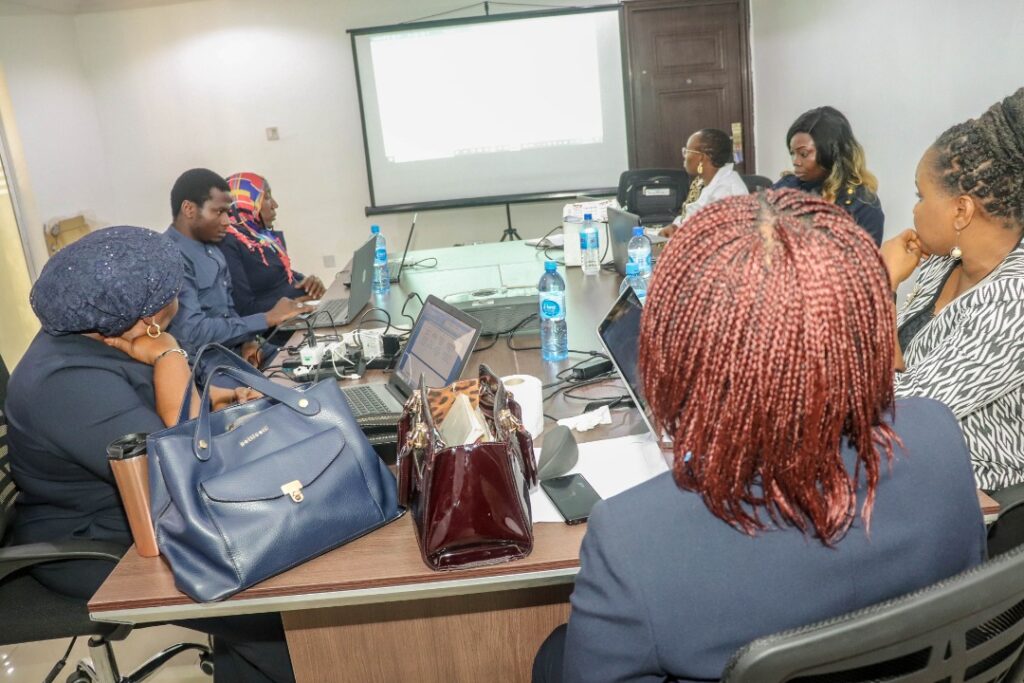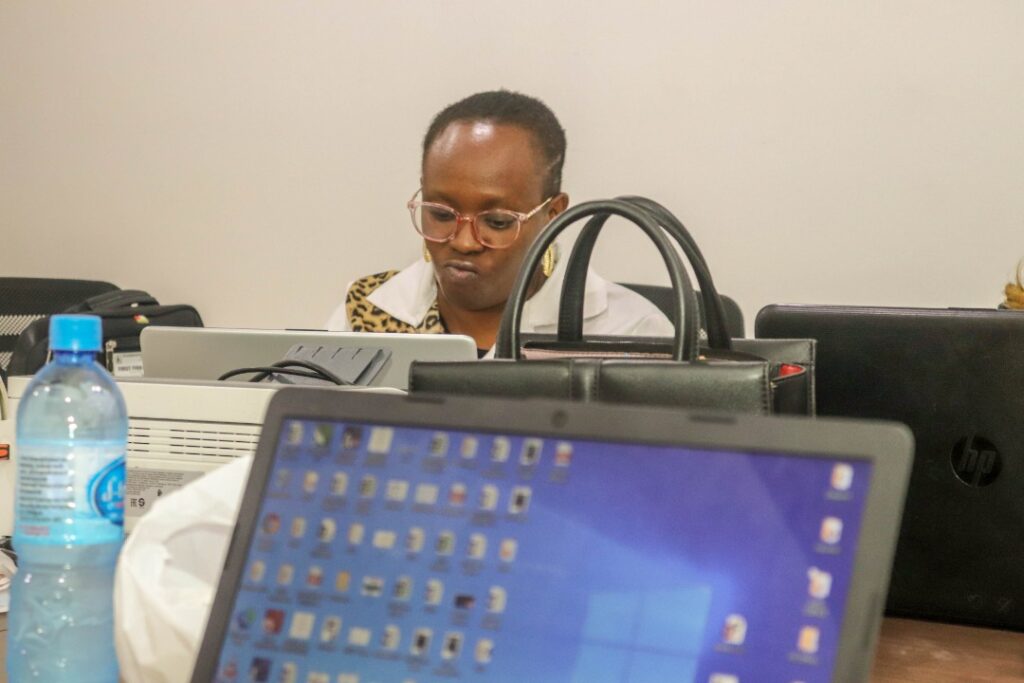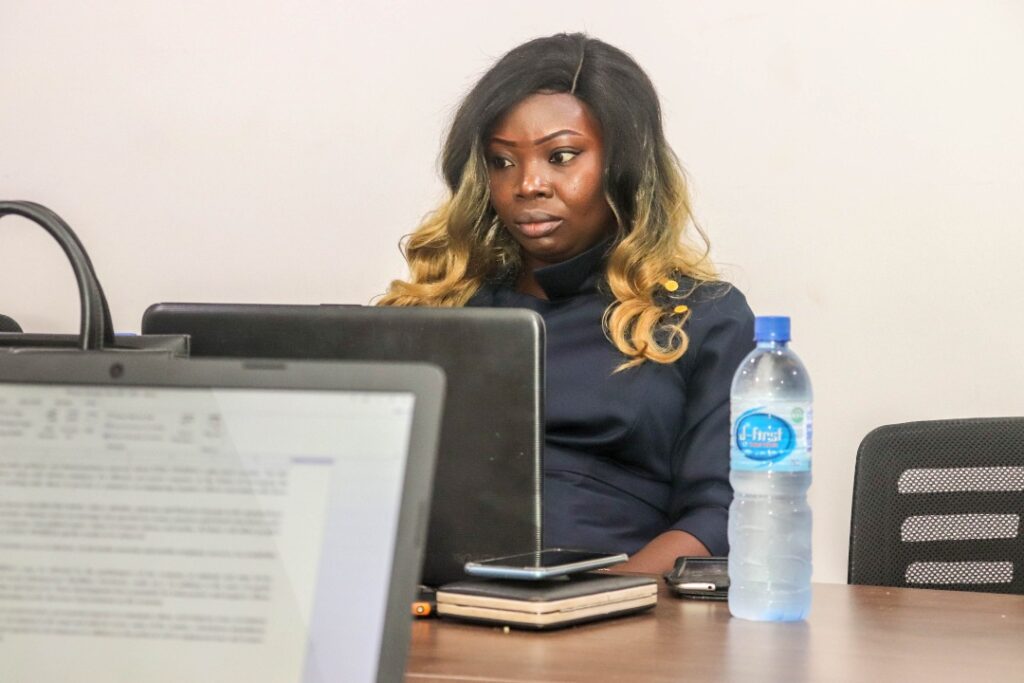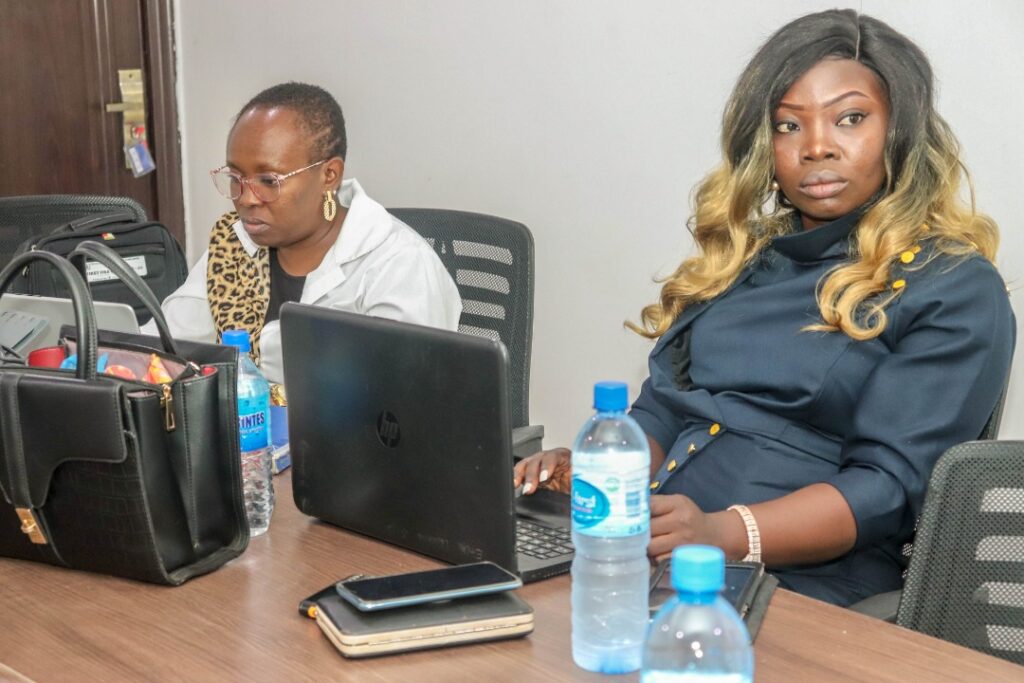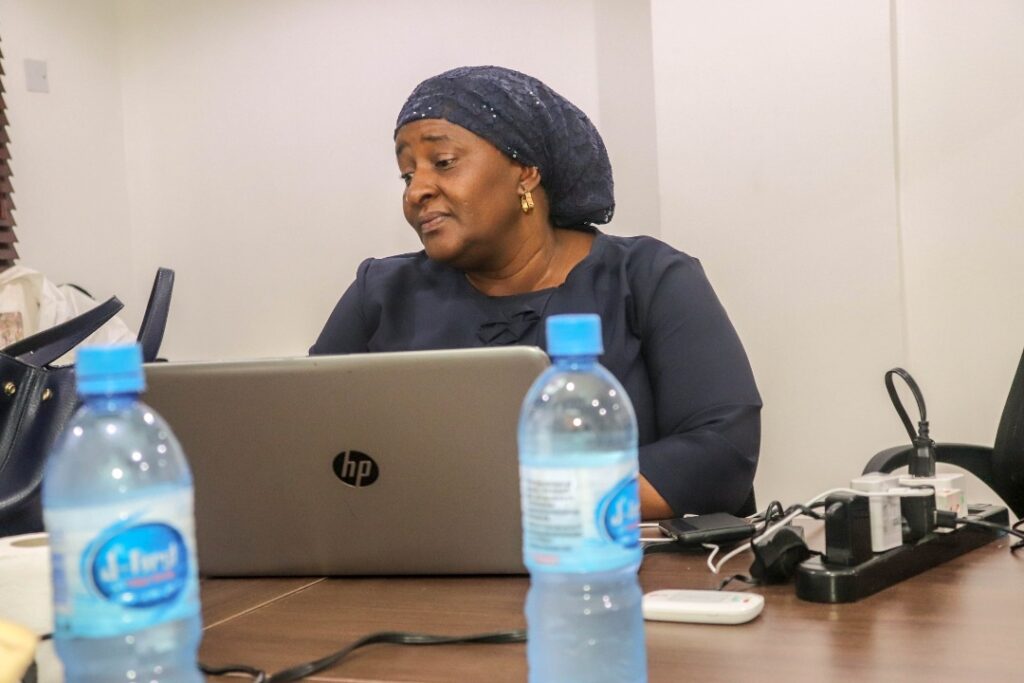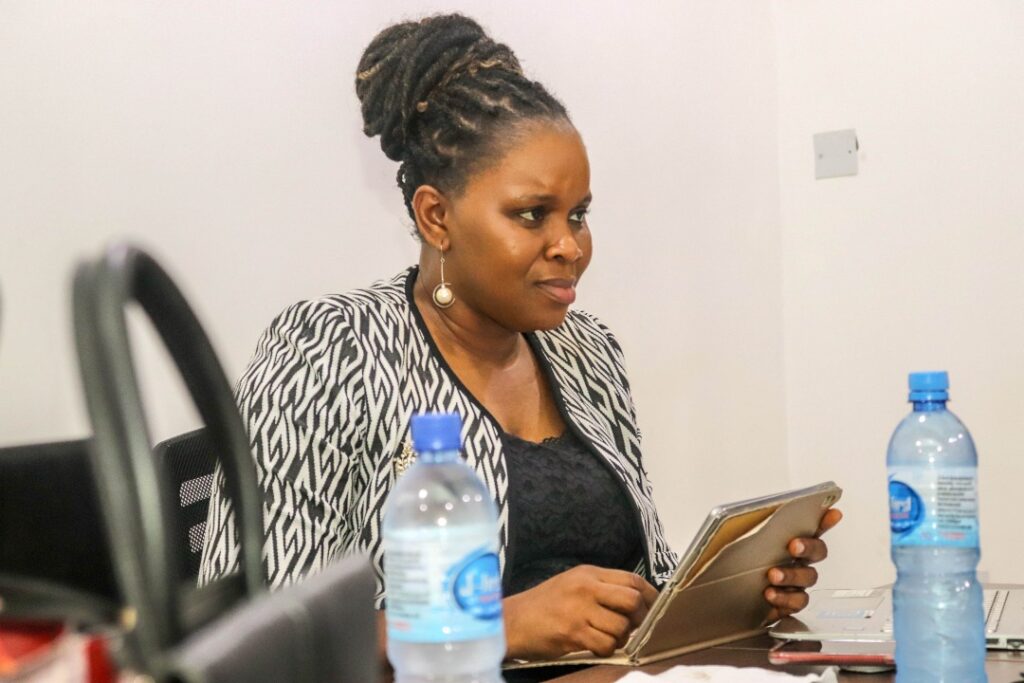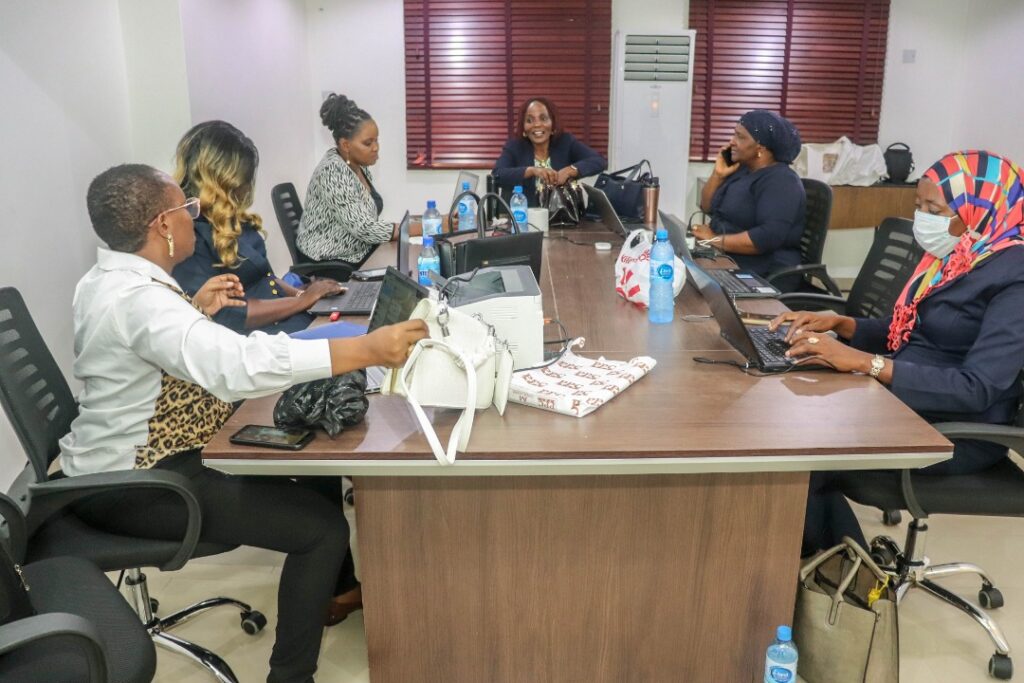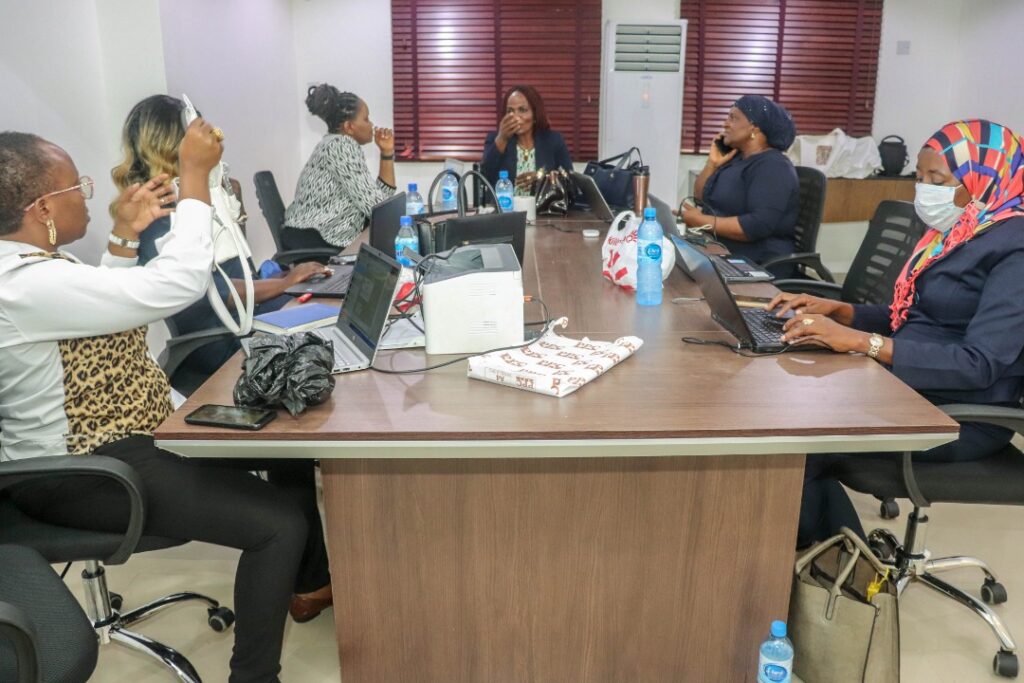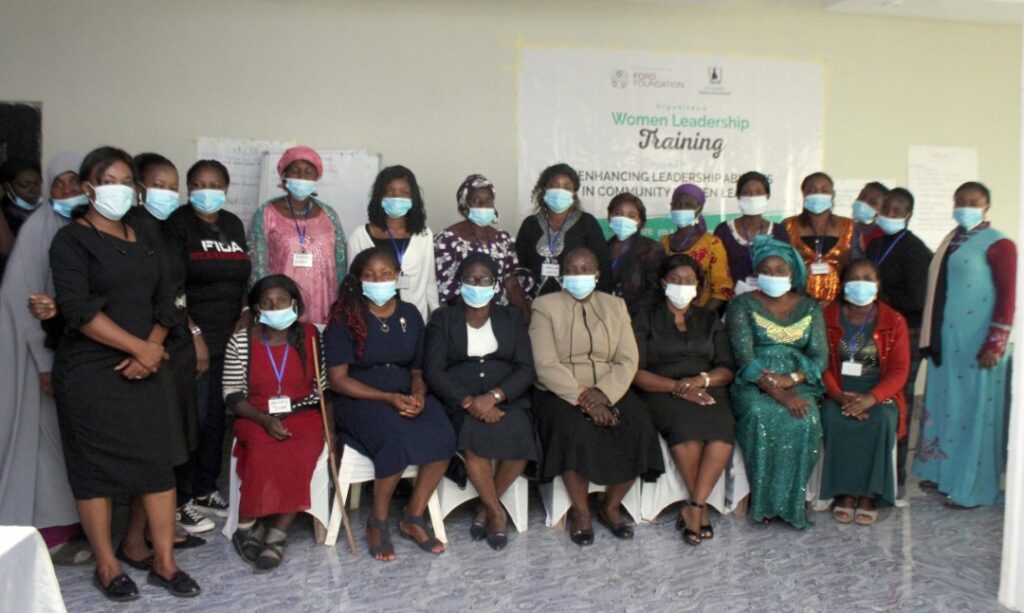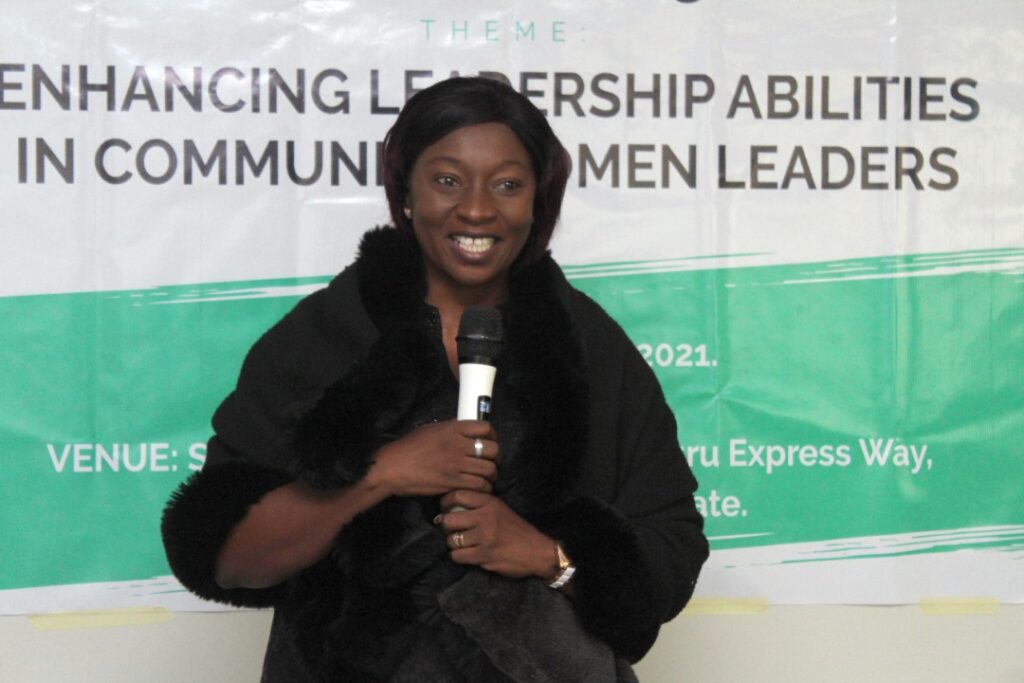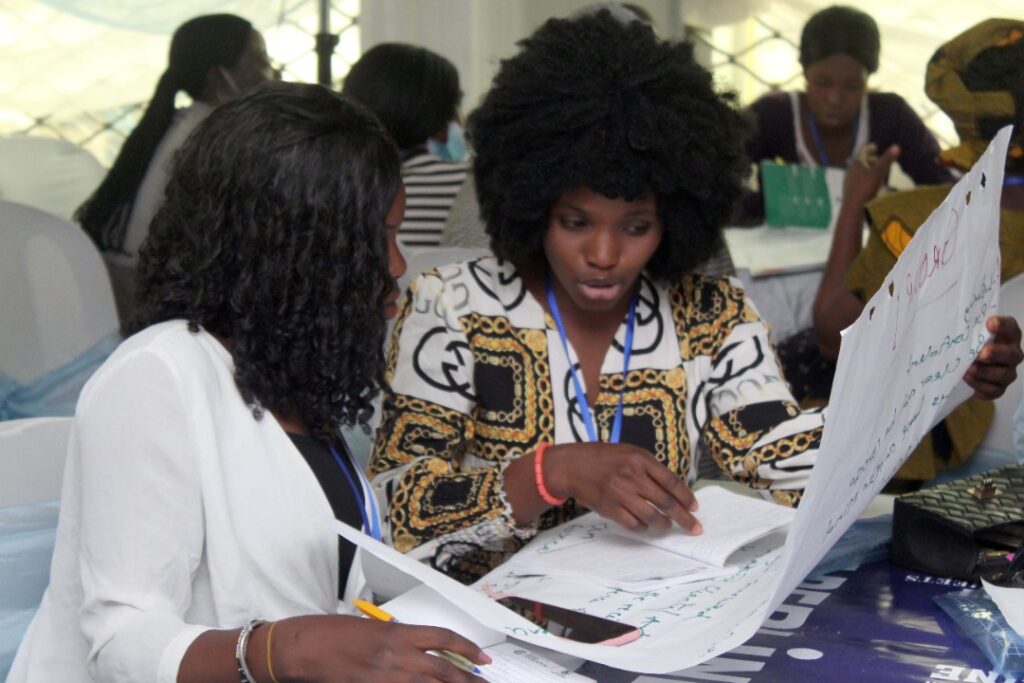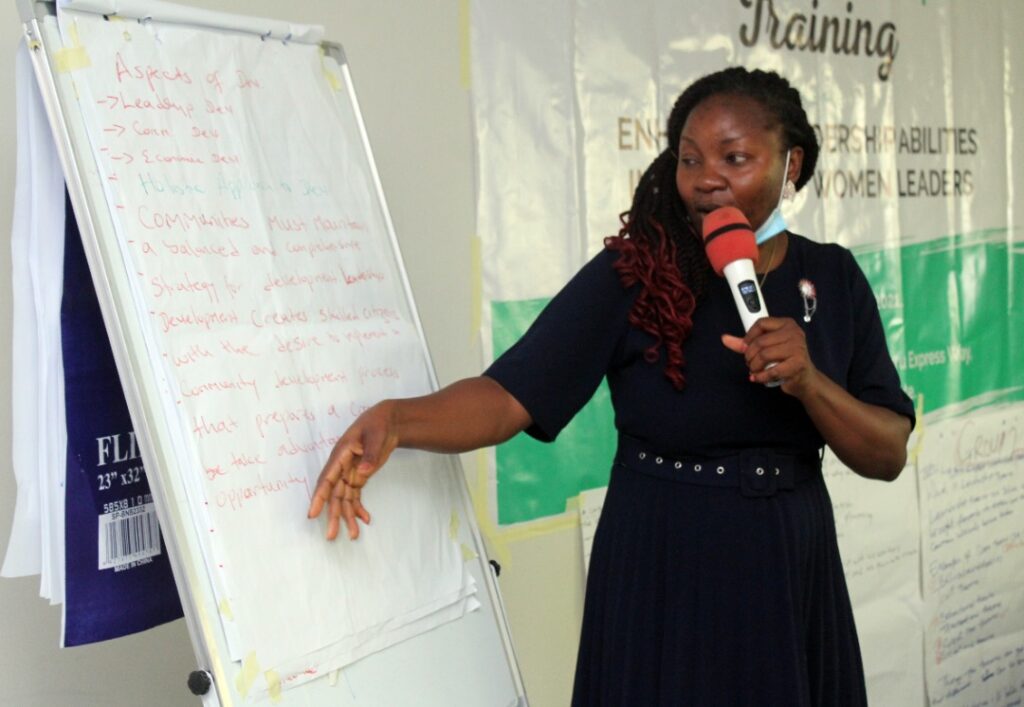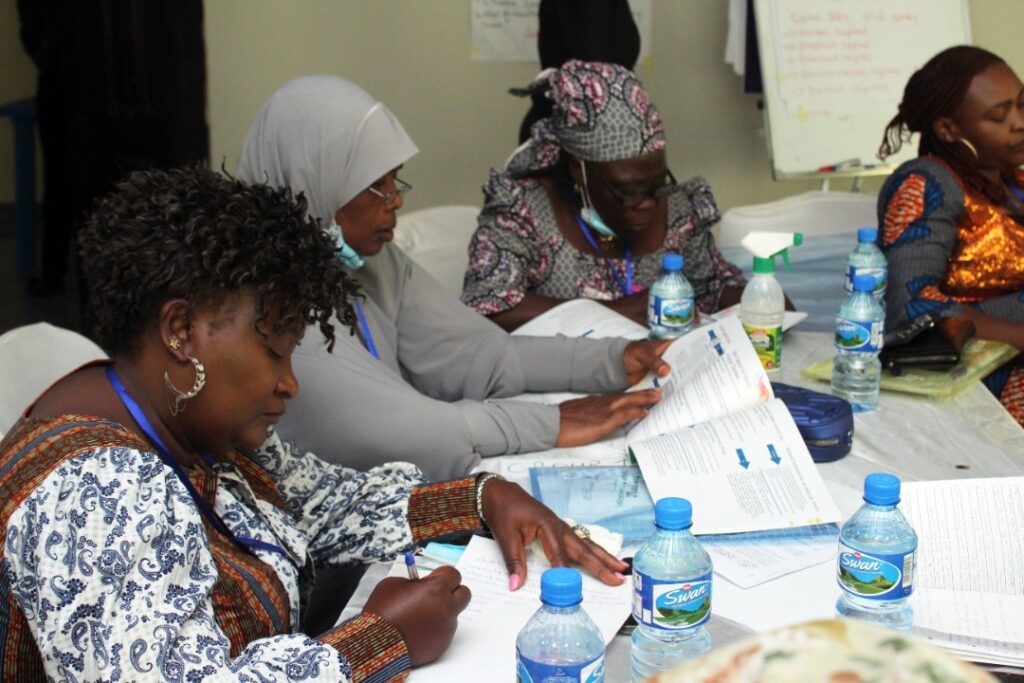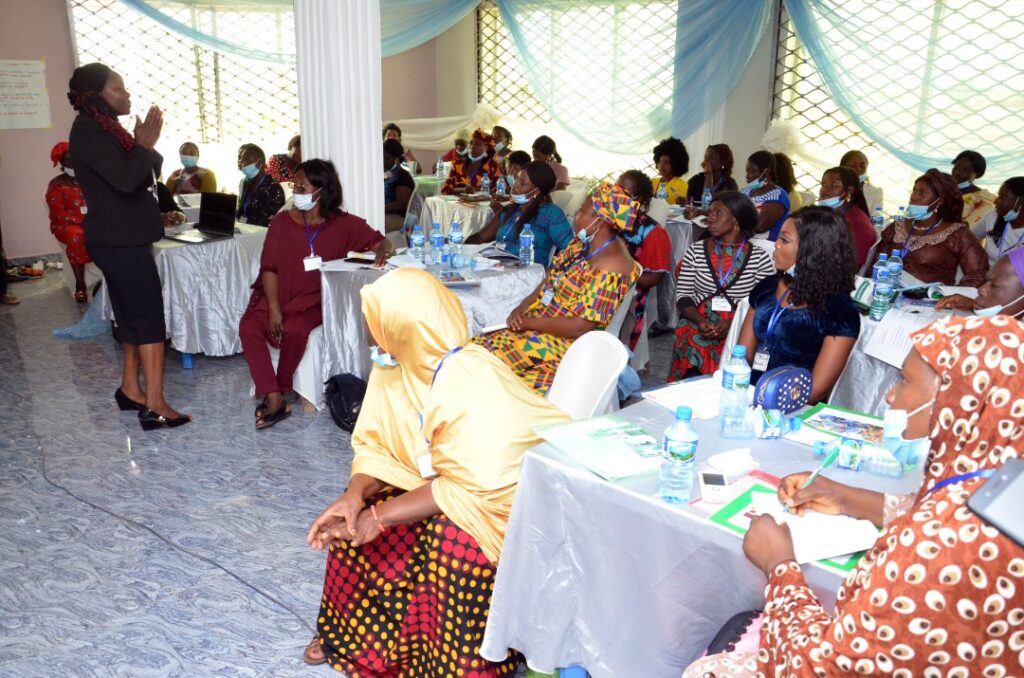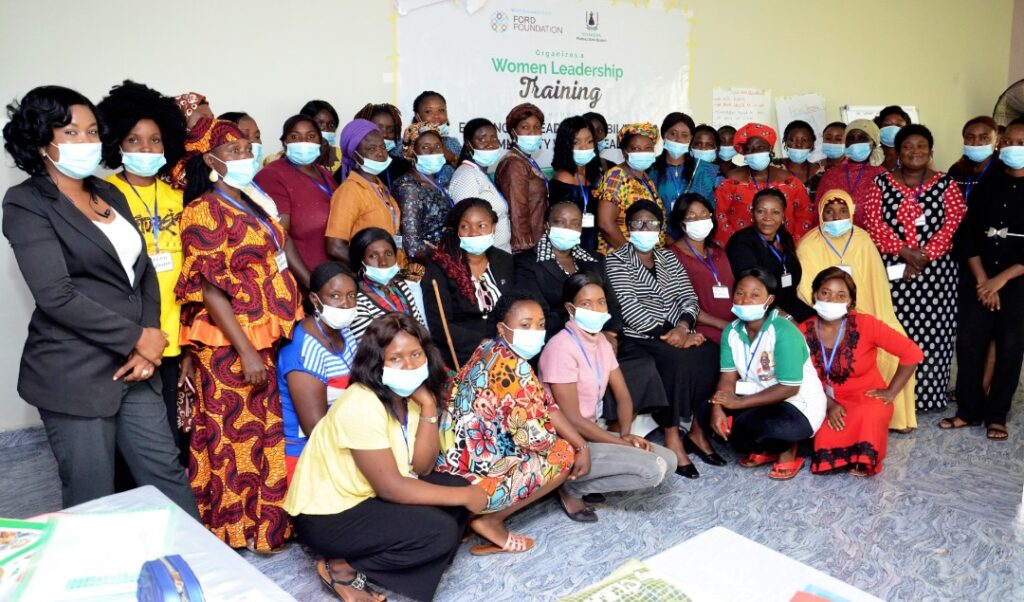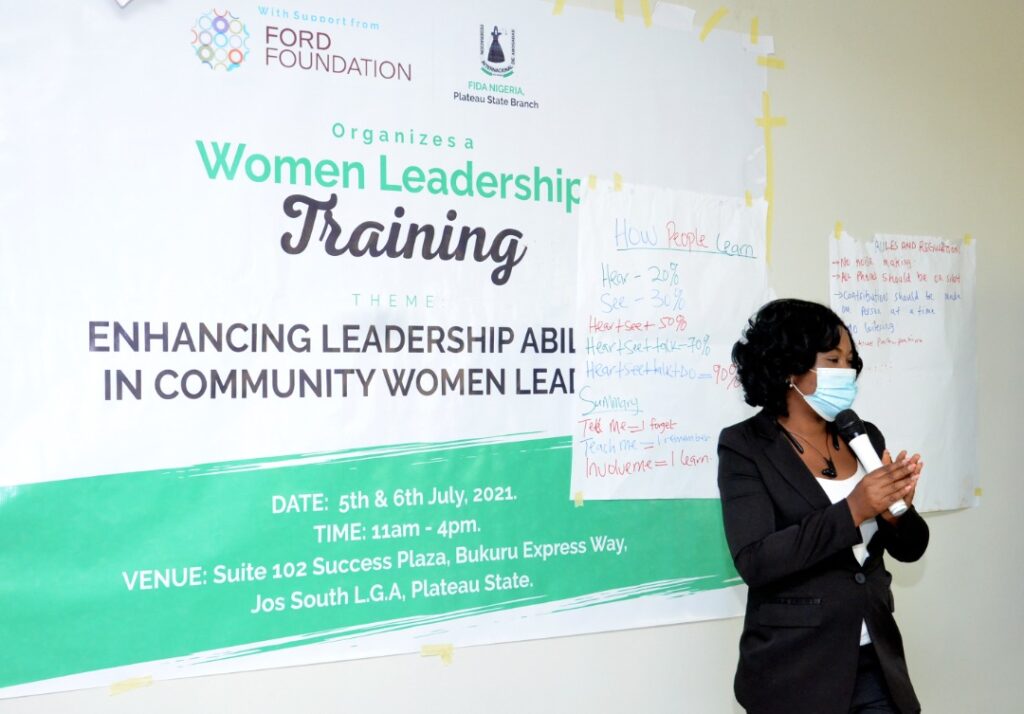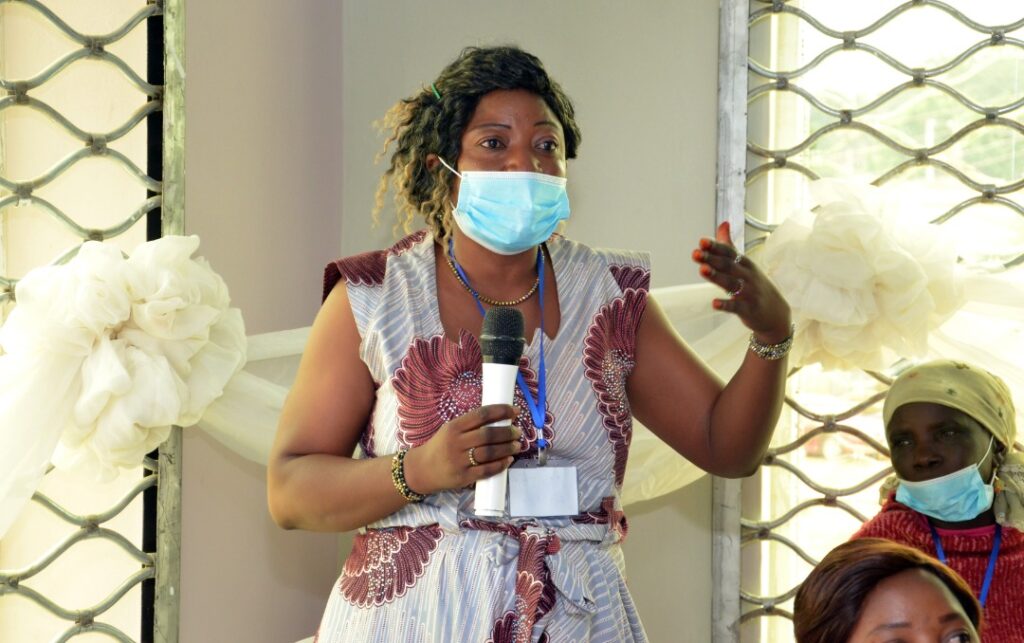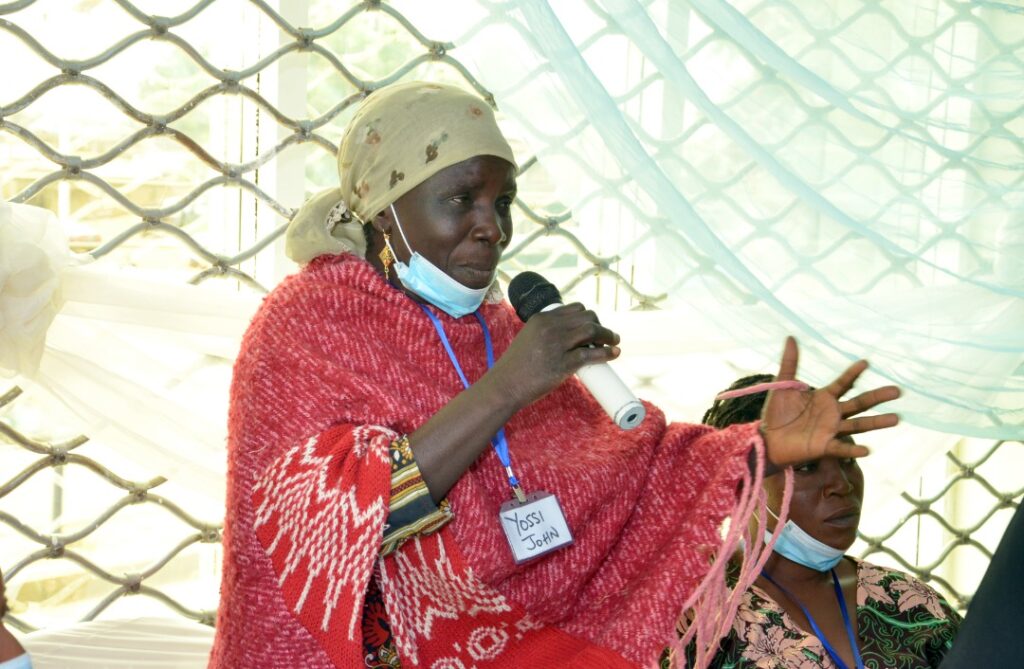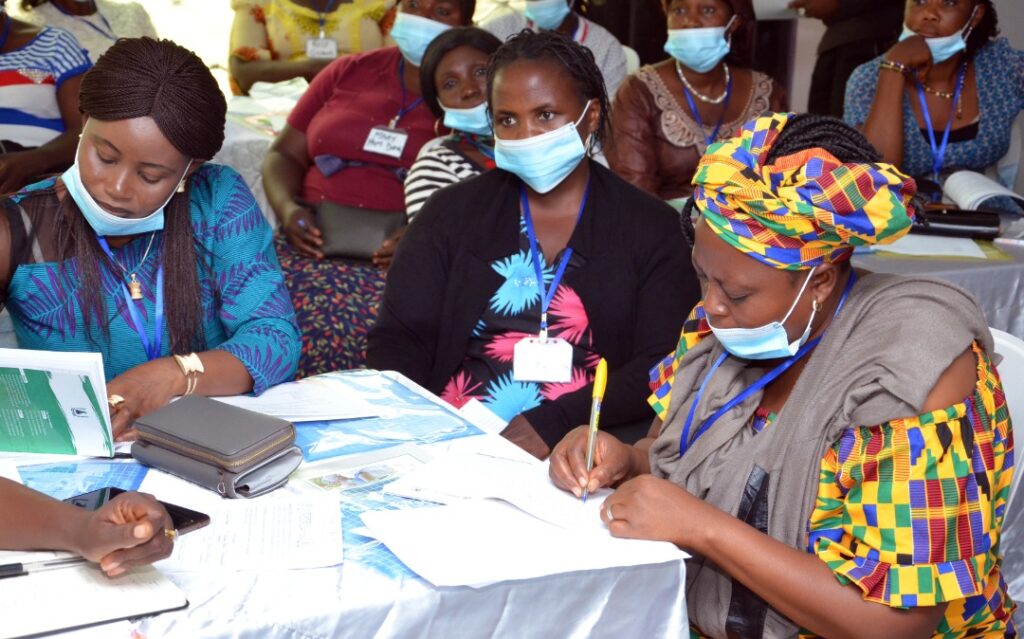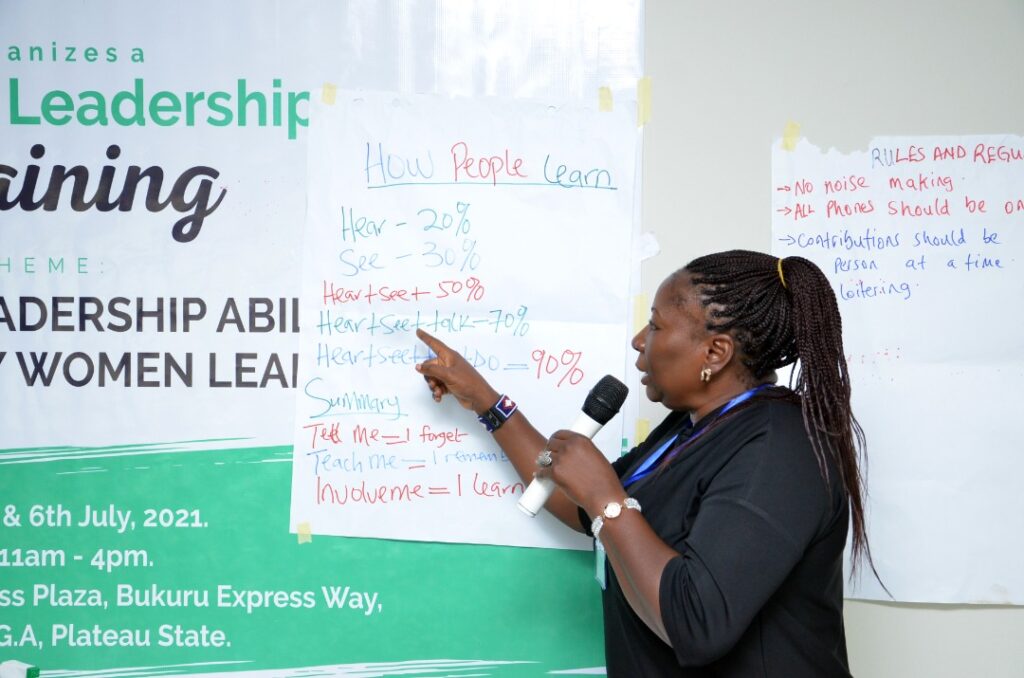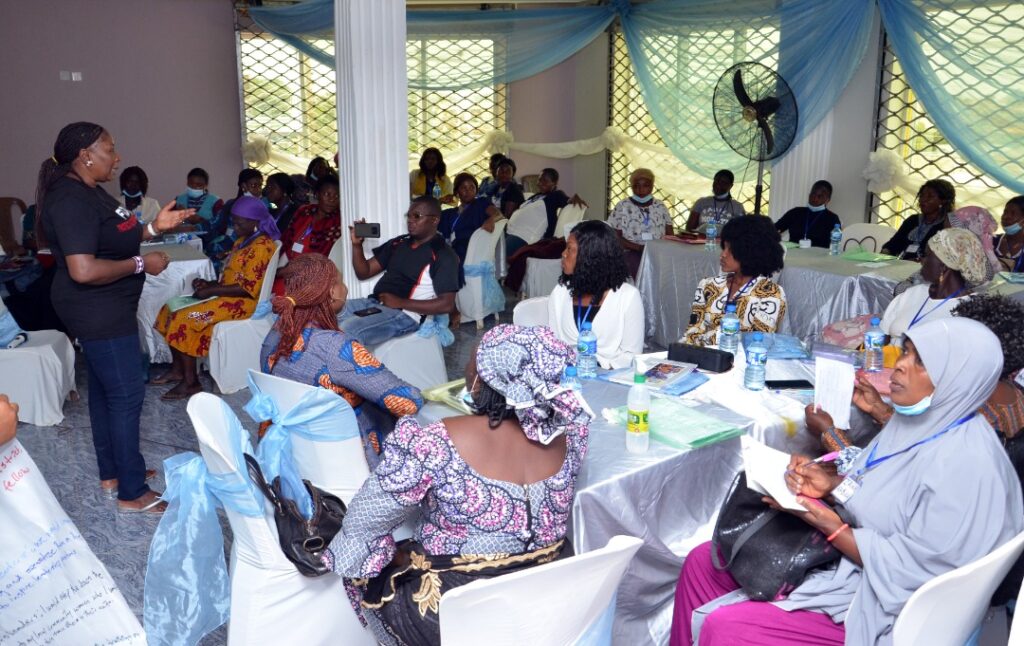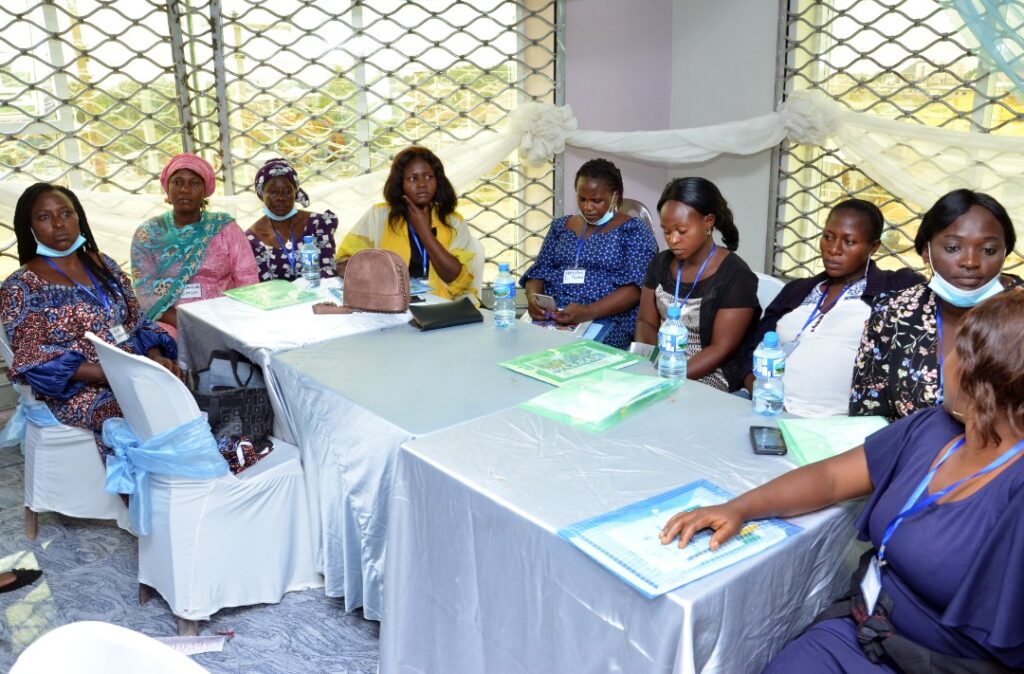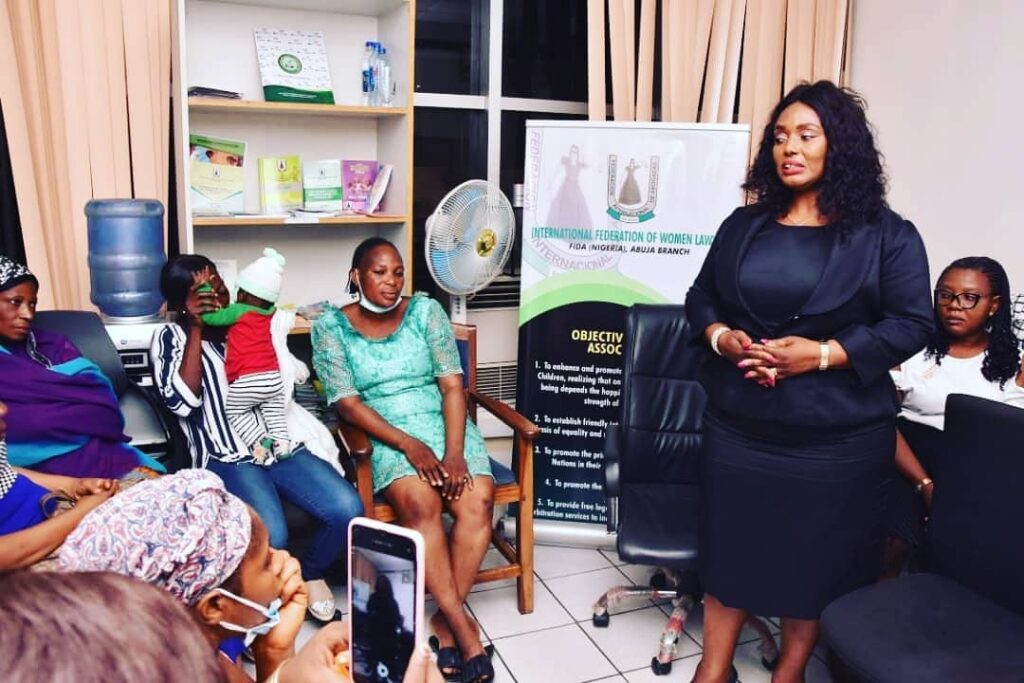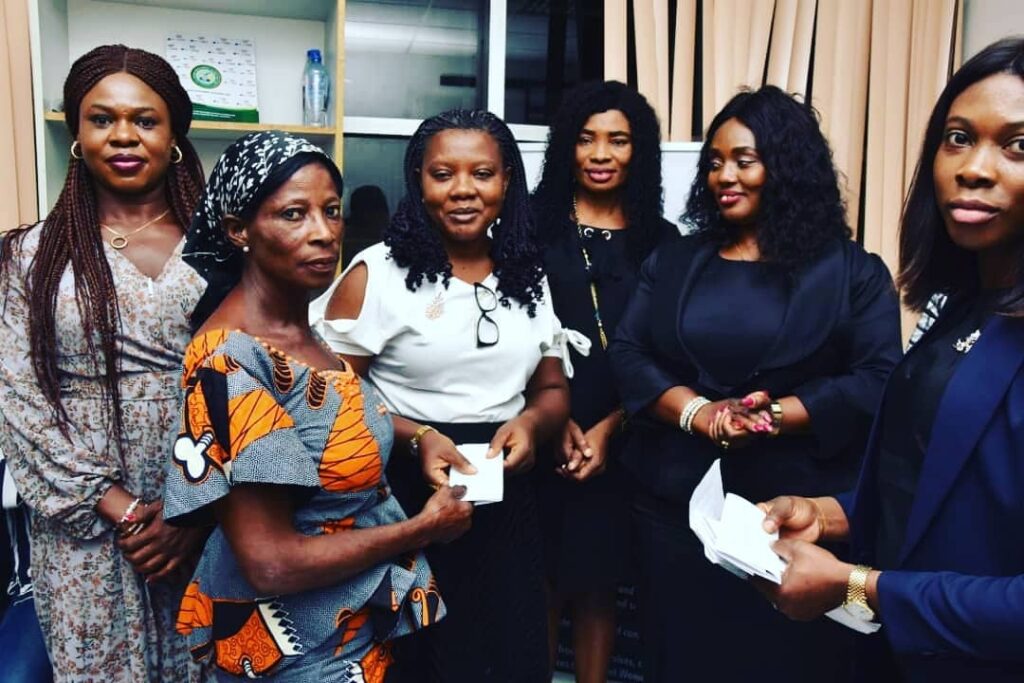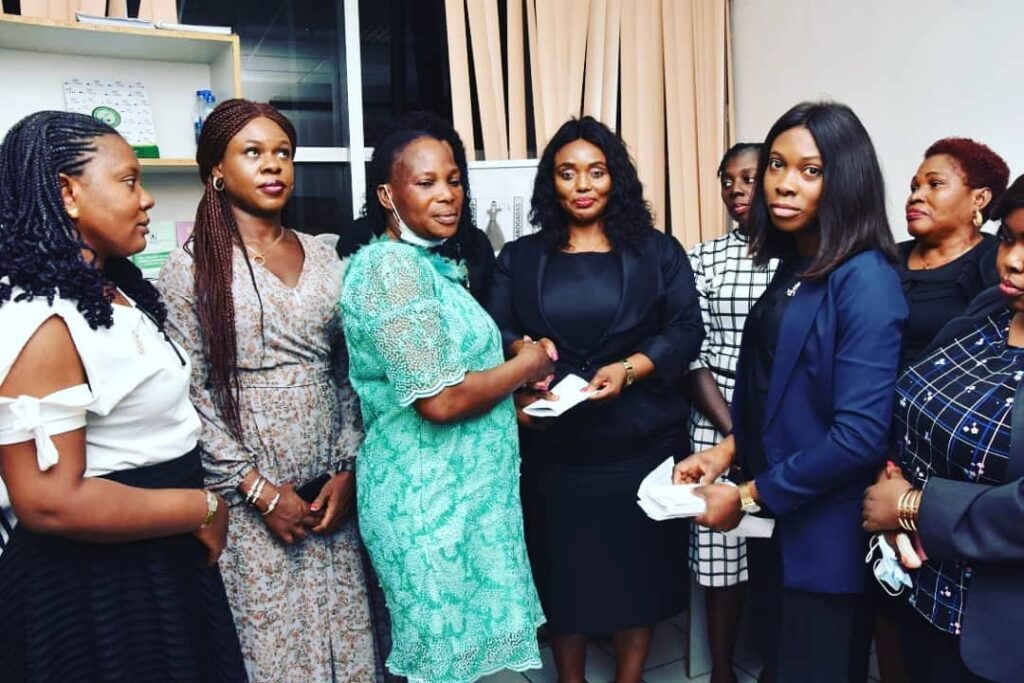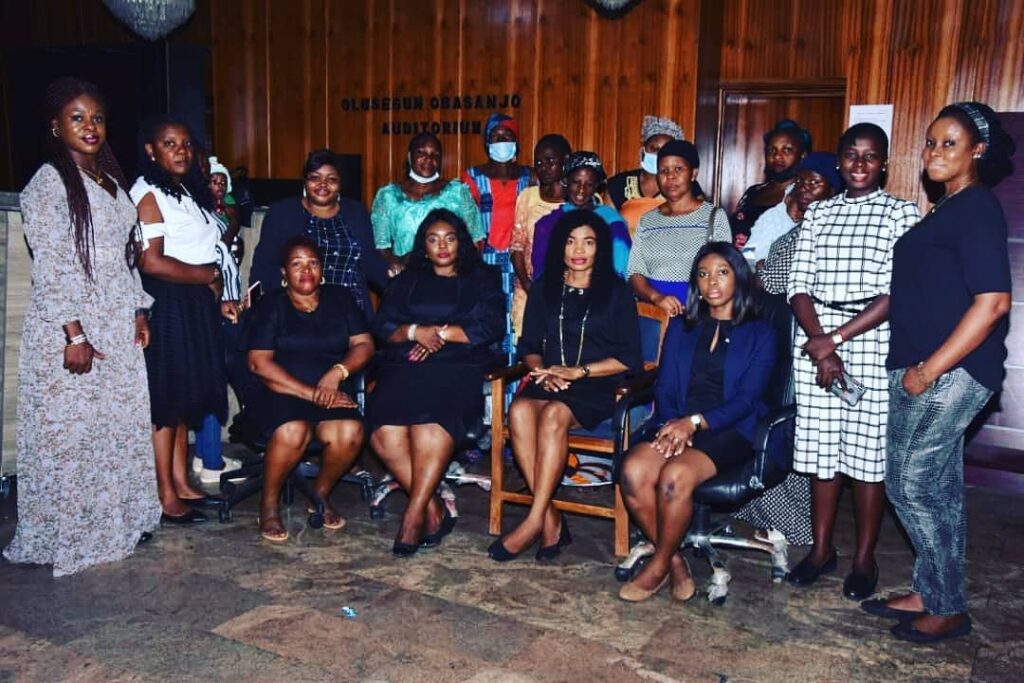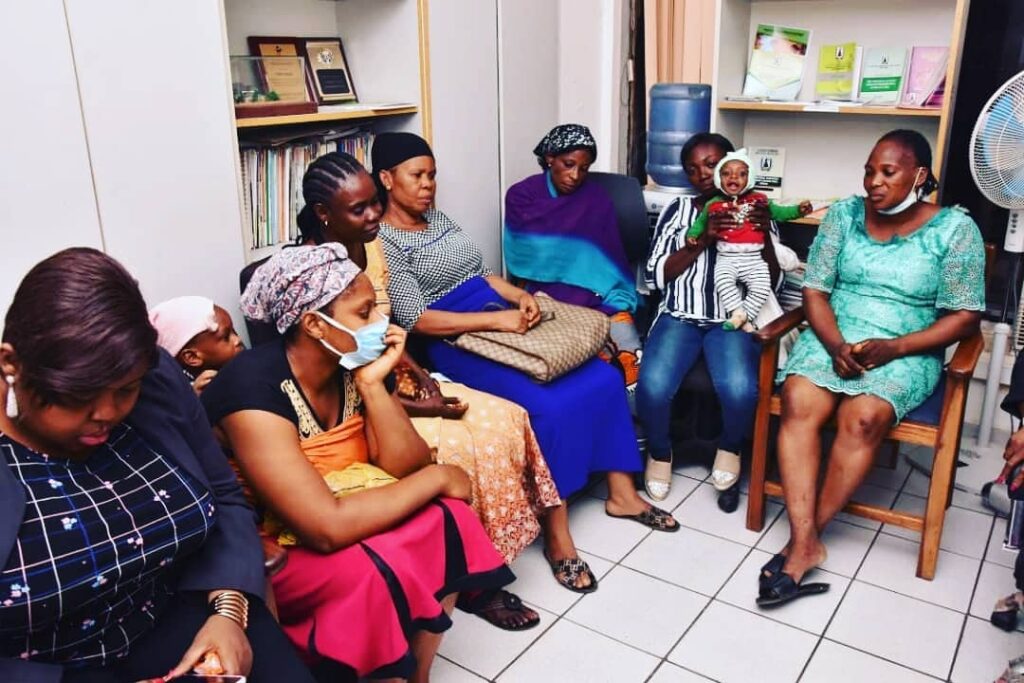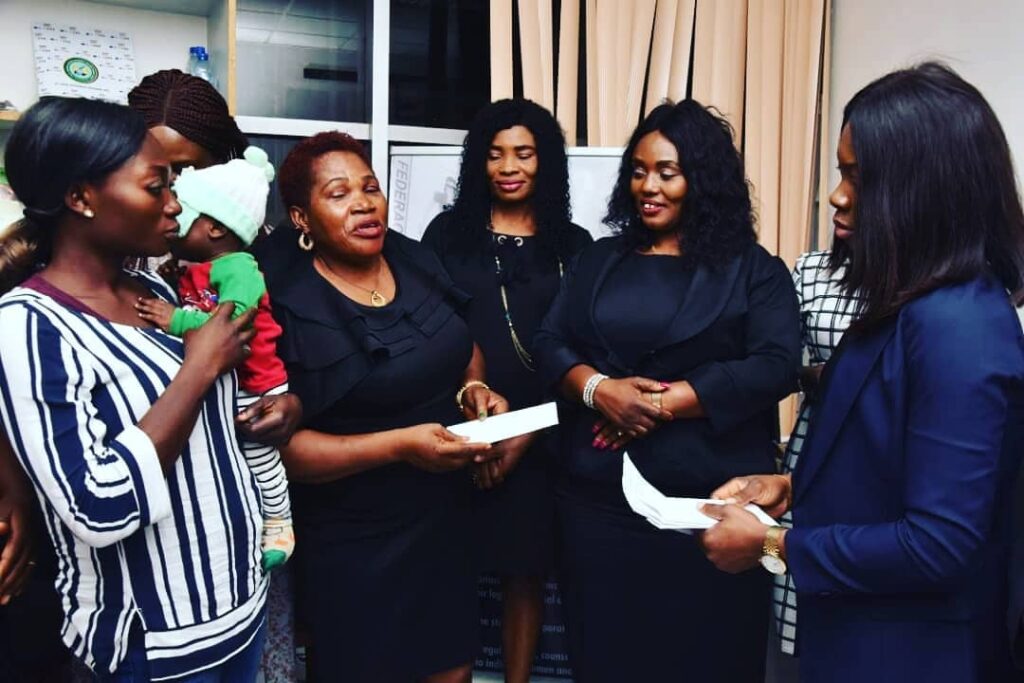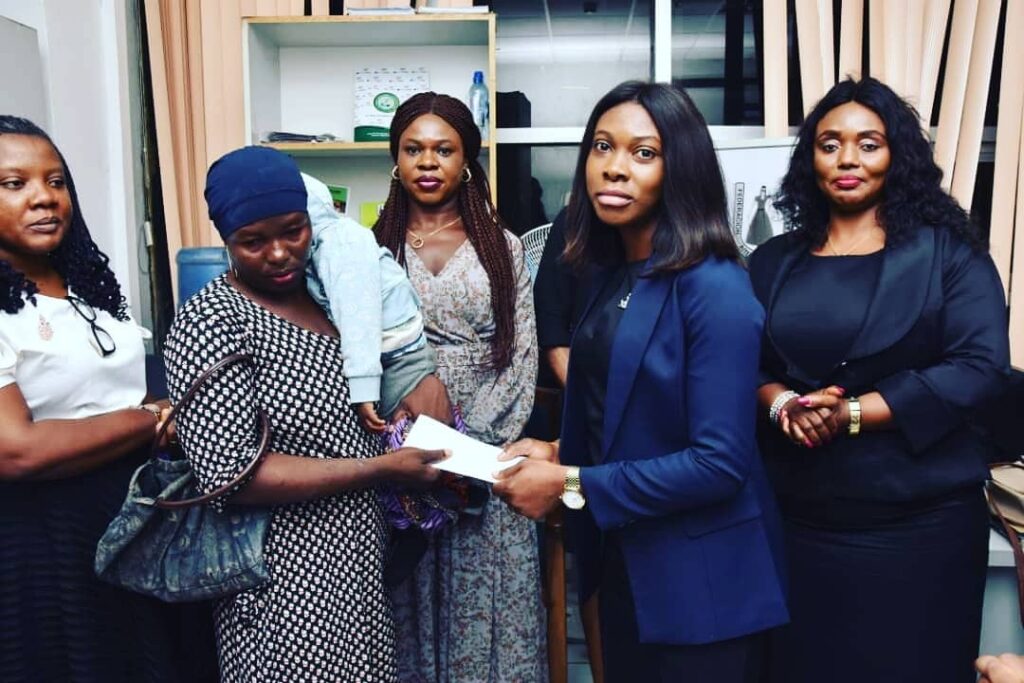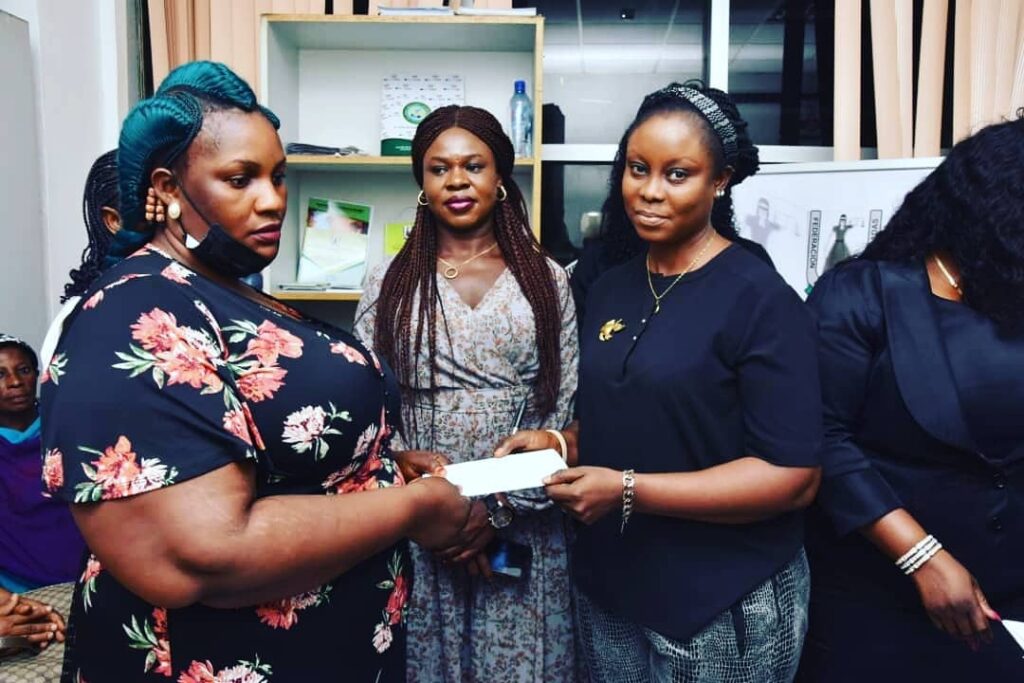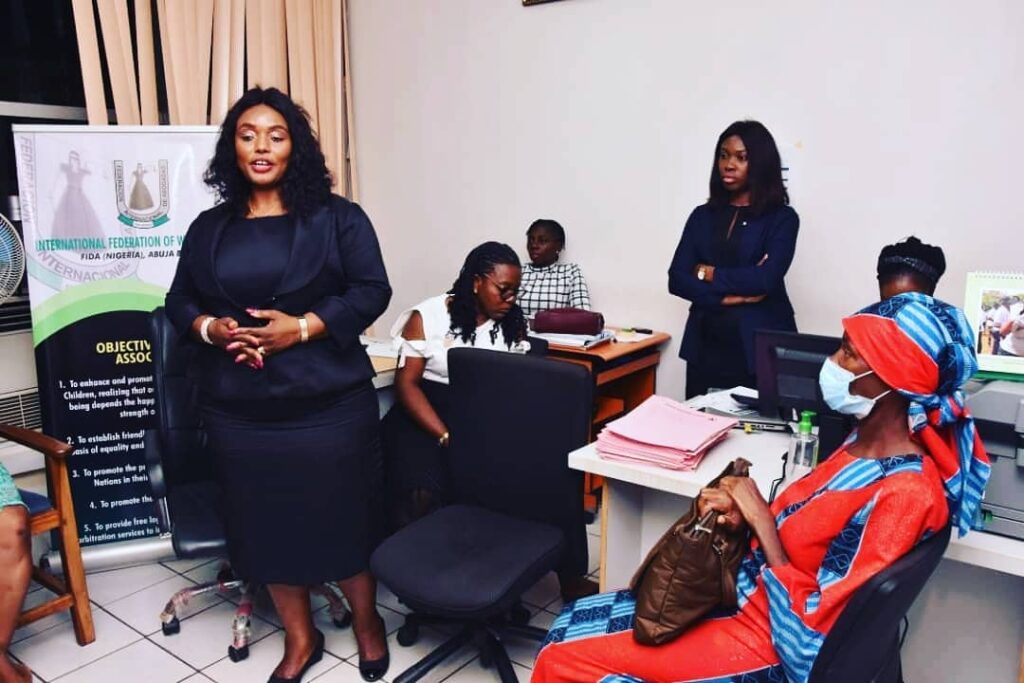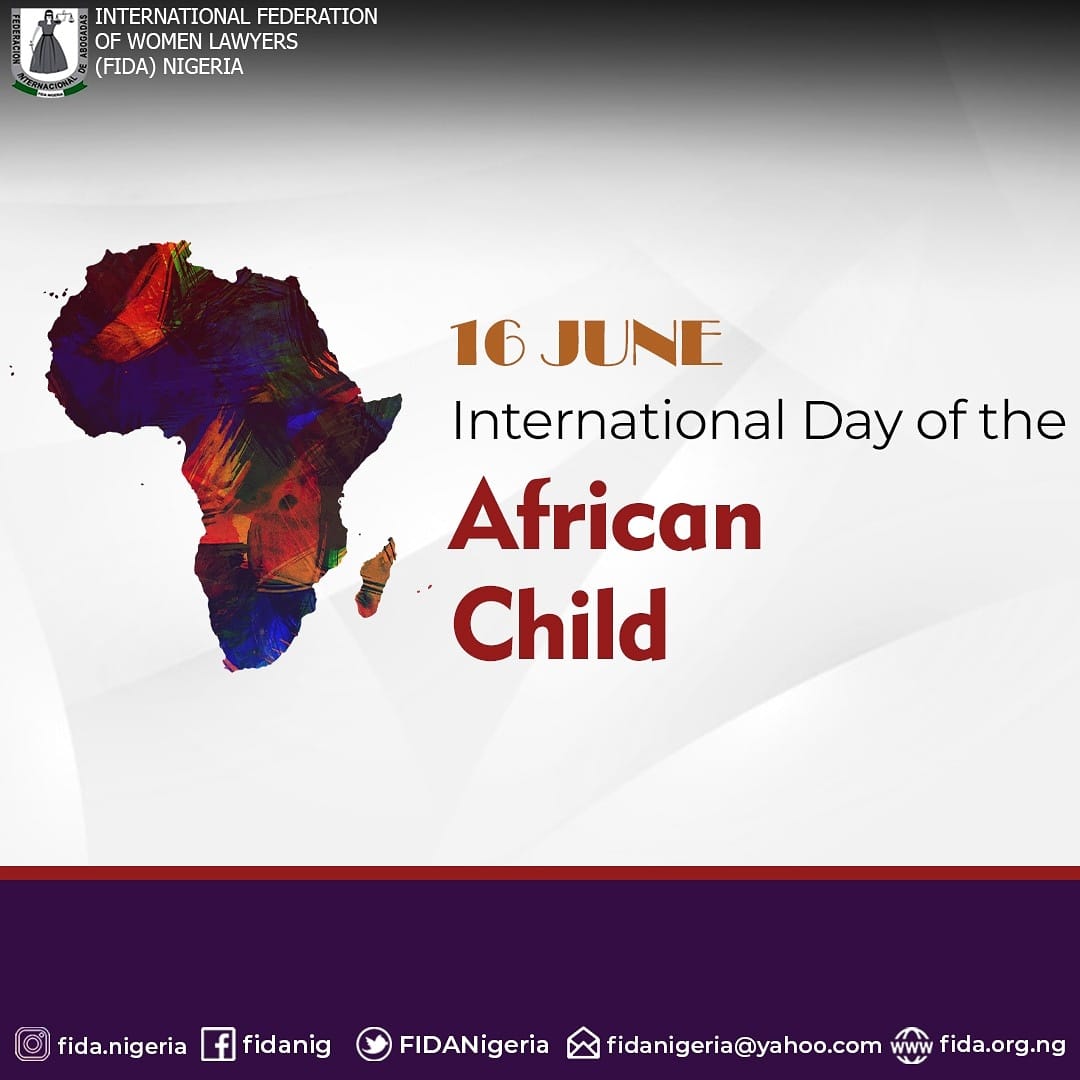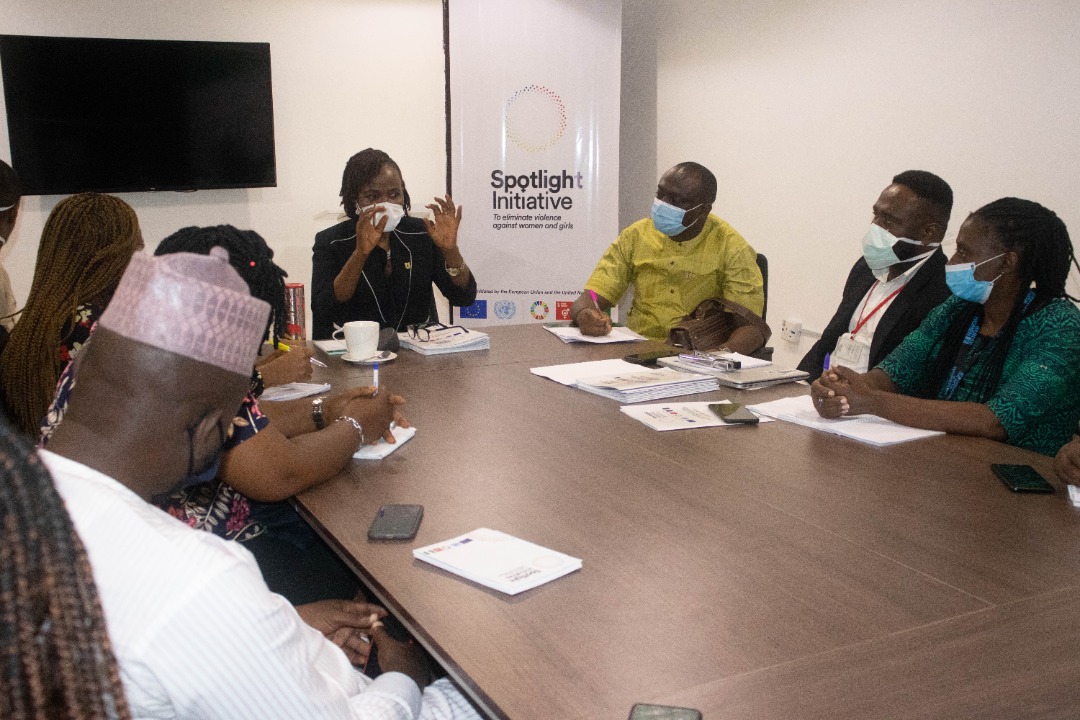
FIDA Nigeria Received UN Joint Spotlight Monitoring Team
Earlier this week, FIDA Nigeria received the UN Joint Spotlight Monitoring Team on a second visit to assess results recorded during project implementation in 2020. The visit also served to verify project outcomes documented in FIDA Nigeria’s 2020 Spotlight report.
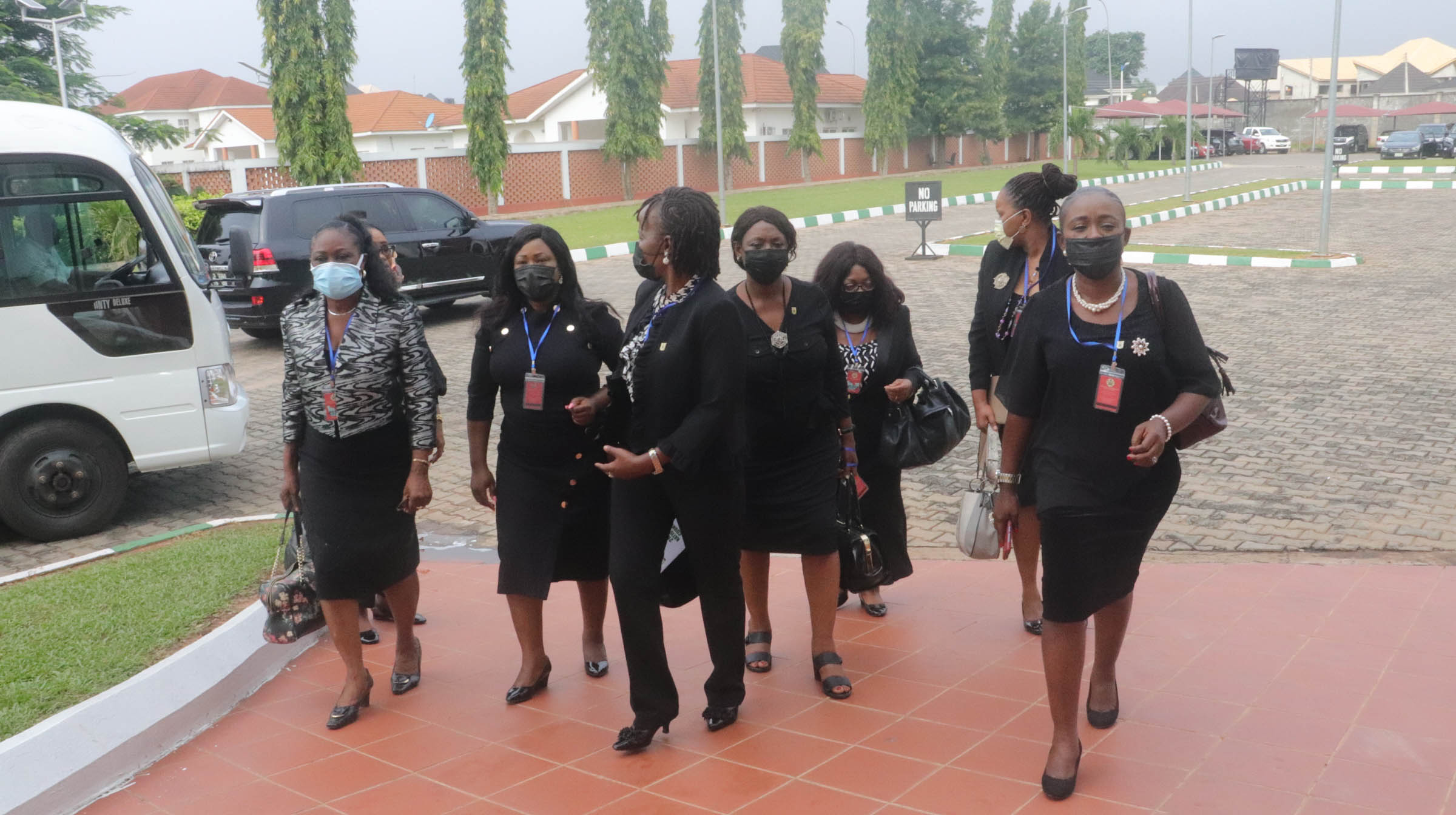
Day 3 NEC Meeting
On the 30th of July 2021 being the 3rd day of the NEC Meeting, the NEC members ably led by the Country Vice President Rhoda Prevail Tyoden, paid a courtesy visit to the Executive Governor of Delta State Sen. (Dr.) Ifeanyi Arthur Okowa.
This was followed by the Business Meeting wherein all the key issues pertaining to the administration of FIDA in her states were discussed. The NEC approved a FIDA centre at Gwagwalada, Ikorodu and Badagry
A formal dinner was held that evening to conclude the activities of the NEC Meeting.
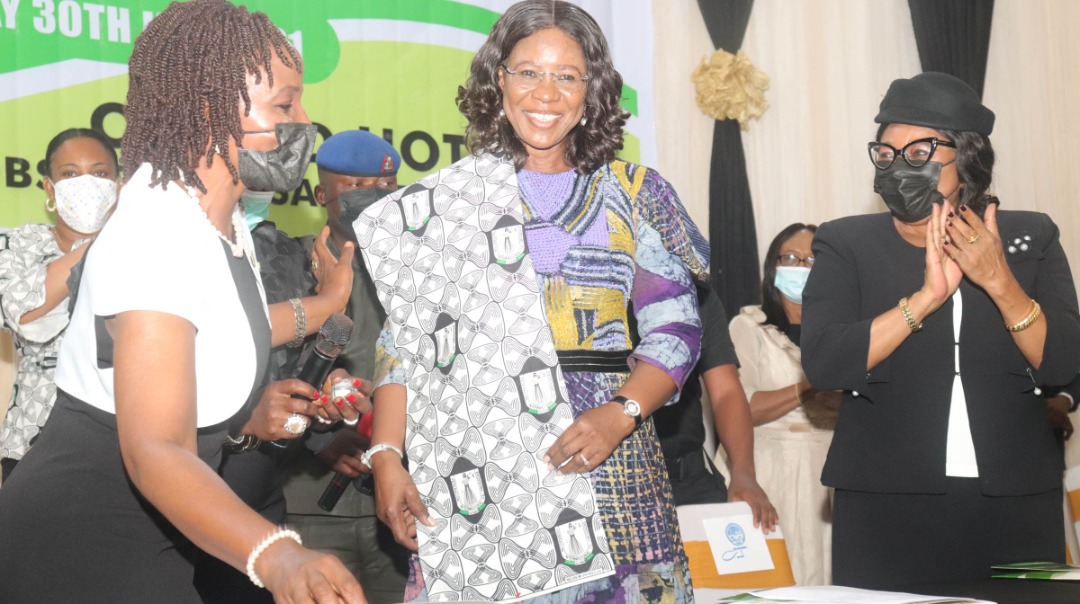
Day 2 NEC Meeting Asaba Delta State
On Thursday 29 July 2021, there were 2 sessions; one was the Opening Ceremony of the 2nd Quarter NEC Meeting during which the Special Guest of Honour was the First Lady of Delta State; Her Excellency Dame (Mrs.) Edith Okowa
Also in attendance were the Chief Judge of Delta State Honorable Justice Theresa Diai, and the Chief Whip of the State House of Assembly;
The Chairperson of FIDA Delta, Hon. Stellamaris Mejulu gave a welcome address, while the Country Vice President/National President of FIDA Nigeria, Rhoda Prevail Tyoden gave the Opening Remarks.
The First Lady H.E Dame (Mrs.) Edith Okowa and the Honorable Justice Theresa Diai were thereafter decorated by the Country Vice President as Matrons of FIDA Nigeria.
The second session was the Continuing Legal Education (CLE) program which was a Leadership session on Organizational Effectiveness & Evaluation.
The Cultural Night held that evening was beautiful and entertaining with a wonderful display of diverse dress costumes and dance by members, showcasing the different cultures of the different FIDA Nigeria branches. The State cultural dance troupe entertained FIDANs who enjoyed scrumptious traditional foods and delicacies.
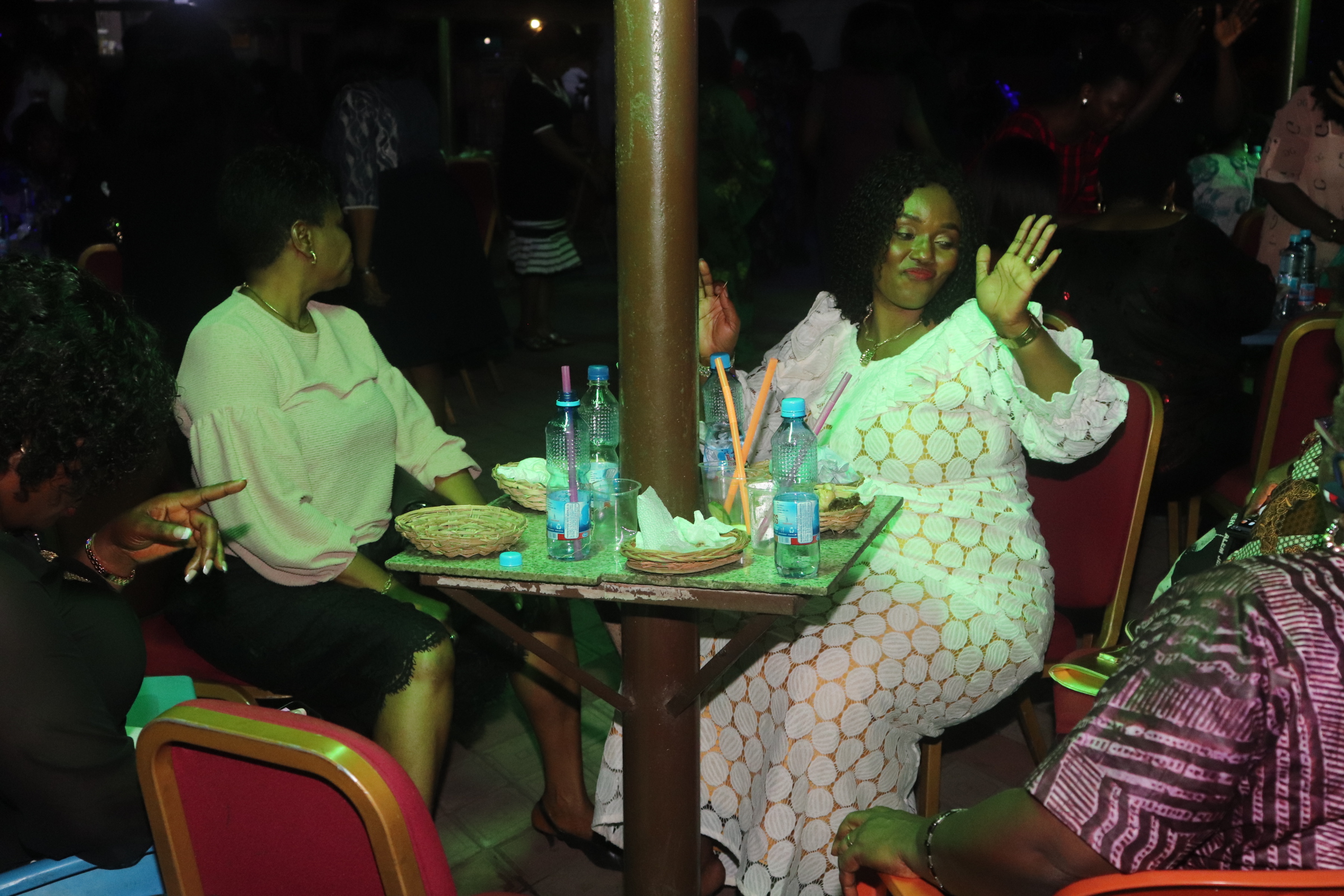
FIDA Nigeria 2nd Quarter NEC Meeting Asaba, Delta State
FIDA Nigeria successfully held her 2021 2nd Quarter National Executive Council (NEC) Meeting from the 28th to 30th July 2021 at Orchid hotels, DBS Road, Asaba, Delta State.
It was an engaging few days which comprised a host of activities with over 31 branches of FIDA Nigeria in attendance.
The activities commenced on Wednesday 28 July, with a Cocktail party to welcome attendees.
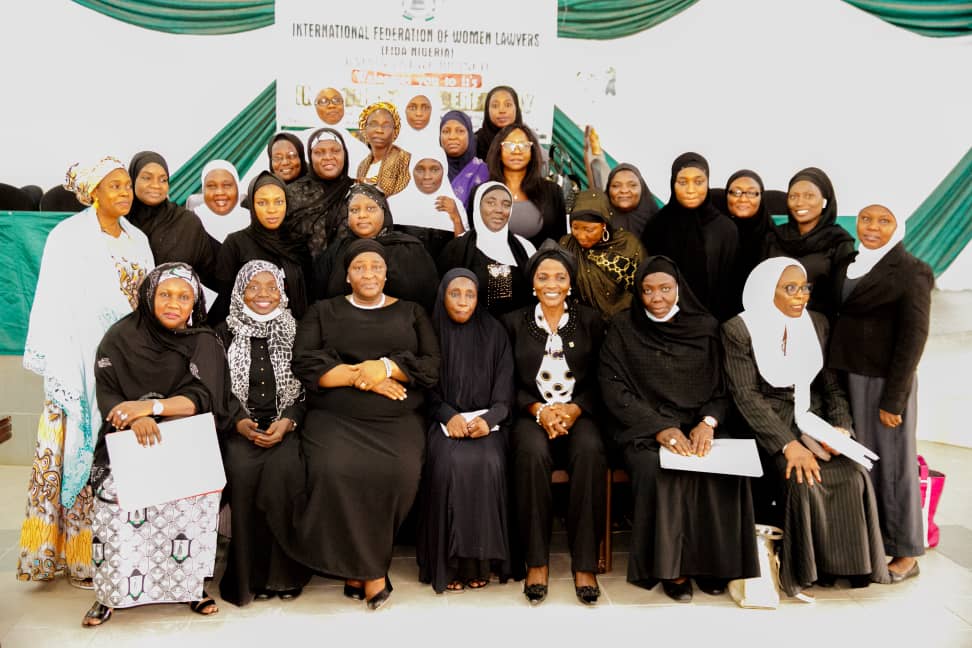
FIDA Nigeria Inaugurates Her 36th Branch
FIDA Nigeria on the 15th of June 2021, officially inaugurated her 36th branch, FIDA Nigeria, Katsina State.
Her Excellency the wife of the Kastina State Governor, Dr. Hadiza Bello Masari, graced the very happy occasion.
Other distinguished guests present included: the Chief Host of the occasion, the Honorable Chief Judge of Katsina State, Justice Musa Danladi Abubakar, who was ably represented by Hon. Justice Hajjo Lawal
The Country Vice President FIDA Nigeria Rhoda Prevail Tyoden led the FIDA Nigeria delegation. She was ably supported by the Deputy Country Vice President Amina Agbaje alongside other FIDA members.
With this great feat, FIDA Nigeria is glad to announce her full representation in all the thirty-six states of the federation including, the Federal Capital Territory
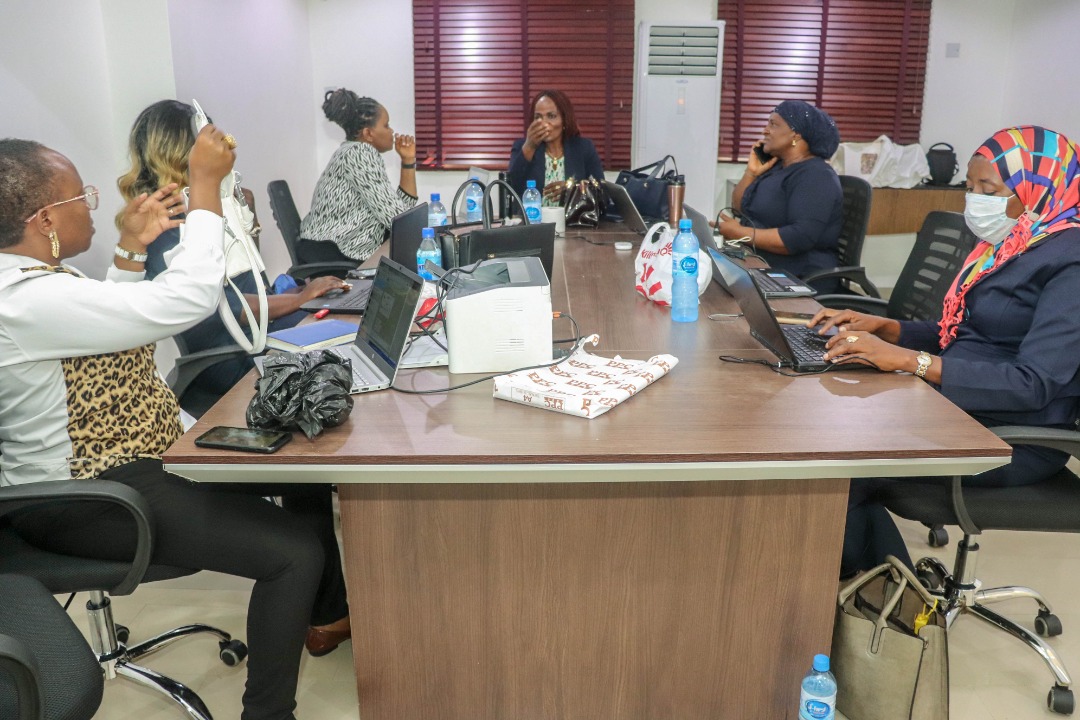
FIDA Nigeria 5 Year Strategic Plan Appraisal and Validation meeting
FIDA Nigeria with the support of ActionAid and funding from Global Affairs Canada held a three-day appraisal/review meeting of FIDA Nigeria’s 5-year strategic plan. This is geared towards improved organizational performance in achieving FIDA goals, vision, and mission in serving humanity.
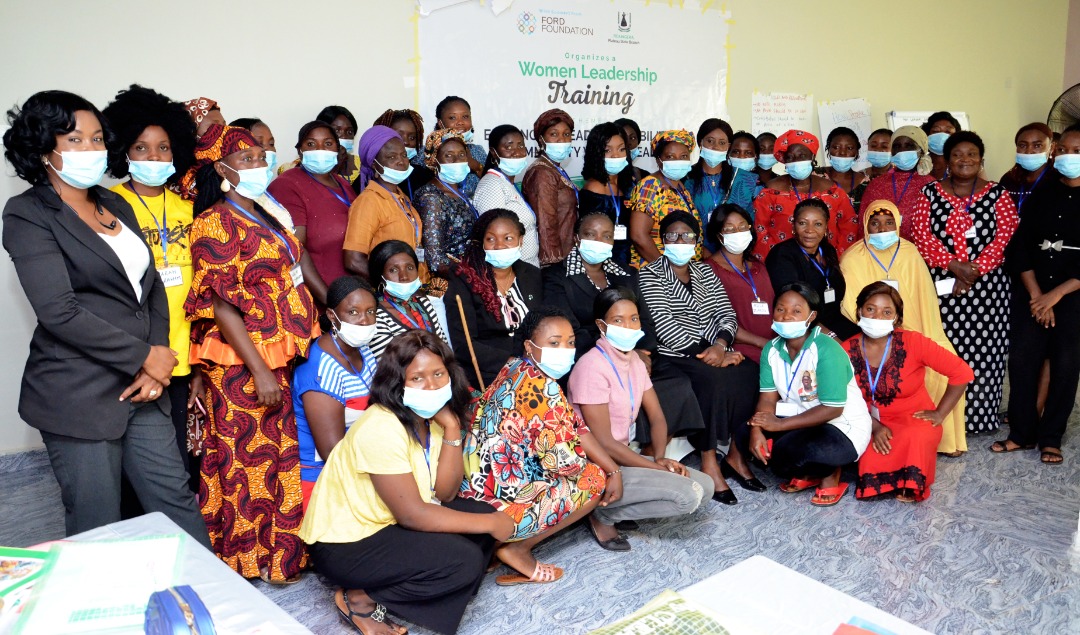
FIDA Conducts a 2-day Training Workshop on Enhancing Leadership Abilities In Community Women Leaders in Plateau State
FIDA Nigeria, Plateau State Branch with the support of Ford Foundation, carried out a leadership training program for 40 community women leaders in Gyel Community, Jos South LGA on the 5th and 6th day of July,2021.
The training was aimed at enhancing leadership abilities in community women leaders through building the participants’ understanding of traits, skills and strategies as well as the use of emotional intelligence in leadership and communication skills.
The training further emphasized gender inclusion as a necessary tool for promoting gender equality and accountability to women’s rights within the community.
At the end of the training, participants would be able to demonstrate an appreciation to lead community development.
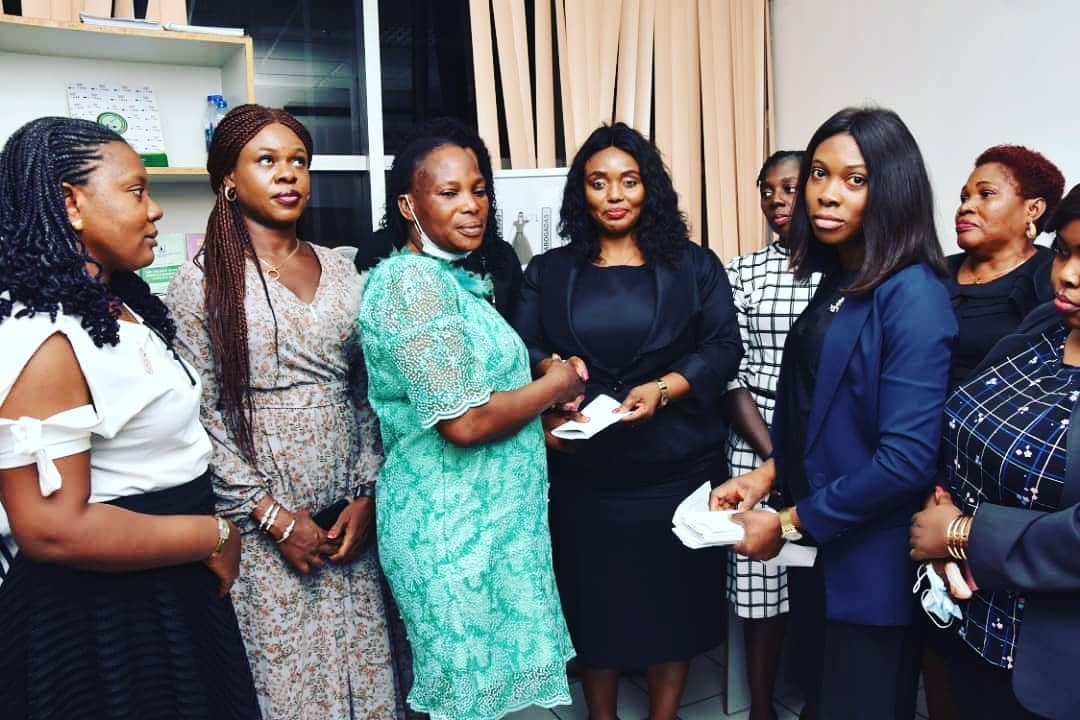
FIDA Abuja Commemorate International Widows Day
In commemoration of International Widows day 2021, the FIDA Nigeria Abuja branch organized a benevolence outreach for some widows in Abuja. The branch supported them with tokens. The women appreciated the gifts while appealing to FIDA to continue to intervene in the lives of women and children for the benefit of society at large.
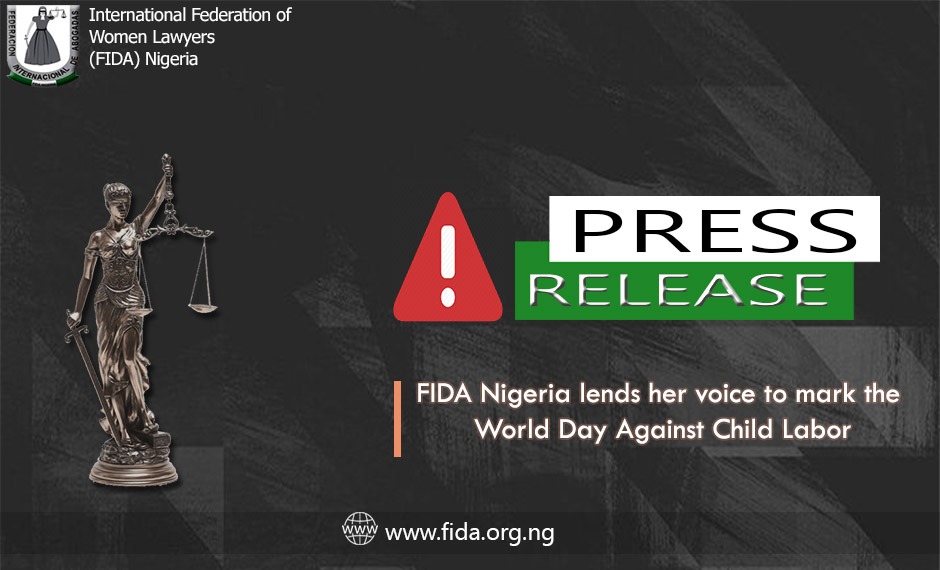
World Day Against Child Labor
FIDA Nigeria lends her voice to mark the World Day Against Child Labor, it’s sad to note that child labor is still on the rise, Africa ranks highest among regions both in the percentage of children in child labor — one-fifth — and the absolute number of children in child labor — 72 million.
Estimates determine that the current number of child workers in Nigeria is 15 million according to the International Labor Organization (ILO). At a staggering 43% of the total population of minors, it is the highest recorded rate of child labor in Western Africa.
Although there are labor laws in place, Nigeria does not actively enforce safety regulations or preventative measures in the workplace. This type of neglect leads to an extremely dangerous environment that often results in bodily harm, severe trauma and even death. Children who work on the streets often make easy targets for violence and kidnapping. If a child suffers harm on the job, help or compensation does not extend to the family, leaving them to face the repercussions alone.
Children who are especially vulnerable, such as orphans, are more at risk for human trafficking and forced labor than adults, with their rate being estimated at 58%. Enticed by fictitious stories of better jobs located in more economically rich areas, they agree to leave their homes in hopes of making money. However, the traffickers never deliver the promise and the victims find themselves in even worse situations and unable to go home.
This year’s World Day Against Child Labor focuses on action taken for the 2021 International Year for the Elimination of Child Labor. It is the first World Day since the universal ratification of the ILO’s Convention No. 182 on the Worst Forms of Child Labor and takes place at a time when the COVID-19 crisis threatens to reverse years of progress in tackling the problem.
The International Year was adopted in the 2019 UN General Assembly. The main aim of the year is to urge governments to do what is necessary to achieve SDG Target 8.7. which is to “Take immediate and effective measures to eradicate forced labor, end modern slavery and human trafficking and secure the prohibition and elimination of the worst forms of child labor, including recruitment and use of child soldiers, and by 2025 end child labor in all its forms”
Some factors influencing child labor in Nigeria despite signing the UN convention on the rights of the child 1999, the African Charter on the Rights Welfare of the Child 2001, and the Child Right Act 2003, the rights of most Nigeria children are not respected due to poverty, illiteracy, Ignorance, polygamy and high demand for cheap and submissive labor which has several and severe effects on the child leading to deprivation of education, low intellectual development, health amongst others.
There is no gainsaying that children are the building blocks of the nation and hence, the future of the nation depends on how well they are protected and brought up, therefore, we call on the government, CSOs, NGOs to raise more social awareness to mitigate and combat the menace of child labor in Nigeria.
FIDA serves to bring to an end to the violation, abuses, exploitation and violation of children which has become rampant in our society.
FIDA Nigeria stands against child labor and calls on all to do same
#NoToChildLabour
For FIDA Nigeria:
Rhoda Prevail Tyoden
Country Vice President/National President
FIDA Nigeria
Eliana Martins
National publicity secretary
FIDA Nigeria.


